
SmartStatistics4SmartCities Conference
We are pleased to invite you to the International Conference which will be held from 5-6 October 2018, in Kalamata.
The title of the conference is 'SmartStatistics4SmartCities' and it is co-organised by Eurostat, the Hellenic Statistical Authority (ELSTAT), the National Documentation Centre (EKT), the 2nd Lykeio of Kalamata and the City of Kalamata.
The Conference will take place in Hotel FILOXENIA.
Speakers from various countries come from City administrations, academic institutions, private sector, and statistical offices.
SmartStatistics4SmartCities Conference
Aim/ scope
Increasingly, developments in Smart Cities and Official Statistics follow independent parallel paths despite their common basic ingredient which is ‘data’, let it be open data, big data, smart data, linked data.... but in essence.... data.
The modest aim of this conference is to raise awareness about the importance of building sustainable partnerships between official statistics, municipalities, academic institutions, citizens and businesses. Only then we can maximize the potential of data analytics for informed policy decisions on cities and, for the wellbeing of the people living, working and / or visiting them, and for the operation of the businesses with activity in and with them.
Smart Statistics can be seen as the future extended role of Official Statistics in a world impregnated with smart technologies. Smart technologies involve real-time, automated, interactive technologies that optimize the physical operation of appliances and consumer devices. Statistics themselves would then be transformed into a smart technology embedded in smart systems that would transform "data" to "information".
Programme
The conference will start around 13:00 (tbc) on 05 October 2018 and end around 14:00 (tbc) on 06 October 2018.
For further details, please consult the full conference programme, which will be made available online as soon as presentations are confirmed.
Topics
The topics to be addressed during the International Conference on SmartStatistics4SmartCities include:
- Examples of using IoT, open data, and big data in a number of cities (Athens, Den Hague, Helsinki, Heraklion, Rome, Trikala);
- Innovative data analytics applications and tools for urban mobility, tourism, tracking of ships, health, etc.;
- Developments in European City Statistics;
- An introduction to Trusted Smart Statistics;
- Best practices in developing urban data centers, functional and innovative cities, models of co-creation and digitalization, etc.;
- Cross-cutting issues like standards for smart and sustainable cities, and ways for succeeding the smart city innovation & digital disruption journey;
- Challenges in using Artificial Intelligence, big data and open algorithms for human development.
Conference Programme
Day 1 | Friday 5 October 2018
- Day 1, Video
-
13:00 - 13:40
Registration
-
14:30 - 16:00
SESSION I
Chair: Athanasios C. Thanopoulos, President of the Hellenic Statistical Authority (ELSTAT)
• Breathing cities - mobile positioning data for smart statistics and cities.
Marek Rannala, Mobility statistics product manager, Positium LBS, Estonia
Abstract Video
• Urban data centres in The Netherlands.
Barteld Braaksma, Innovation Manager, Statistics Netherlands; Hedwig Miessen, Programme Manager, ‘ICT in the City’, The Hague
Abstract Presentation Video
• Tracking ships using AIS data – A visualized example in the area of Kalamata.
Christine Pierrakou, Head of the Coordination and Programming Section, ELSTAT
Abstract Presentation Video
• Smart Tourism statistics: improving the range of service offering in Rome.
Massimo De Cubellis, Researcher, Information and Applications Architecture, Italian National Institute of Statistics (ISTAT)
Abstract Presentation Video
-
16:00 - 16:30
Coffee break
-
16:30 - 18:00
SESSION I
• Functional and innovative city through co-creation and digitization: the case of Helsinki.
Ilpo Laitinen, Director of Administration, City of Helsinki
Abstract Presentation Video
• Data for Athens: A city data strategy.
Konstantinos Champidis, Chief Digital Officer, City of Athens
Abstract Presentation by Antonis Papadopoulos Video
• Experimenting with Data and IoT in the urban space: the case of Trikala.
Leonidas Anthopoulos, Associate Professor, Mayor’s Special Advisor, Municipality of Trikala
Abstract Presentation Video
• IoT and open data in the municipality of Heraklion.
Konstantinos Mochianakis, Planning and IT Director, Municipality of Heraklion
Abstract Presentation Video
Day 2 | Saturday 6 October 2018
- Day 2, Video
-
SESSION II
Chair: M. Skaliotis, Eurostat, Head of Task Force Big Data
-
9:00 - 9:20
Keynote speech
Mrs Saskia Bruines, Deputy Mayor, The Hague’s alderman for education, knowledge economy and international affairs
Abstract Presentation Video
-
9:20 - 10:50
SESSION II
• Standards for Smart and Sustainable Cities.
Panos Fitsilis, Professor, School of Business and Economics, University of Applied Sciences of Thessaly (UAST)
Abstract Presentation Video
• European City Statistics - Prospects for the Future.
Teodora Brandmueller, Statistical Officer, Regional Statistics and Geographical Information, Eurostat
Abstract Presentation Video
• Developing smart statistics for urban mobility: challenges and opportunities.
Konstantinos Ampountolas, Senior Lecturer, School of Engineering, University of Glasgow
Abstract Presentation Video
• Trusted smart statistics: What it is, why it comes and where it brings us.
Fabio Ricciato, Big Data Task Force, Eurostat
Abstract Presentation Video
-
10:50 - 11:10
Coffee break
-
11:10 - 12:40
SESSION II
• Innovation & digital disruption journey in Greece & Cyprus: 6 ways to ensure we don't miss opportunities for smart city development.
Georgios Karamanolis, Co-founder & CTO / CIO CROWDPOLICY EL-CY, Hellenic blockchain Hub Chairman
Abstract Presentation Video
• Objective monitoring and analysis of the obesogenic behaviour in relation to the Local environment: A tool facilitating decisions by public health authorities.
Anastasios Delopoulos, Associate Professor, Faculty of Engineering, Aristotle University of Thessaloniki
Abstract Presentation Video
• Big data, open algorithms, and artificial intelligence for human development.
Emmanuel Letouzé, Co-Founder, Director, Data-Pop Alliance and Visiting Scholar MIT Media Lab
Abstract Presentation Video
• Earth Observation (EO) for Smart Cities: The SMURBS/ERA-PLANET EU Project and the contribution of EO to the SDGs frame.
Evangelos Gerasopoulos, Research Director, National Observatory of Athens, Director of the Greek GEO Office.
Abstract Presentation Video
-
12:40 - 13:30
Panel discussion: The way forward
Chair: Eduardo BARREDO CAPELOT, Director, Methodology; Dissemination; Cooperation in the European Statistical System, Eurostat
Panellists: Panos Fitsilis, Barteld Braaksma, Ilpo Laitinen, Emmanuel Letouze
Video
Our Speakers
VENUE
Filoxenia Hotel Kalamata
GRECOTEL HOTELS and RESORTS
Navarinou Street ,GR 241 00 Kalamata, Peloponnese, Greece
Filoxenia hotel is located in Kalamata beach in Messinia Gulf and offers luxury hotel accommodation in Southern Peloponnese. Kalamata is located in southern Greece, on the Peloponnese.
Accommodation
Below you find a list of hotels near the place where the Conference will be held.
FILOXENIA Hotel ***** / Luxury Hotel
(the hotel where the Conference will be held)
- Navarinou Street
- GR 241 00 Kalamata, Peloponnese, Greece
- Tel: +30 27210 23166
- Fax: +30 27210 23343
- E-mail: reservations.fl@grecotel.com
- http://www.filoxeniakalamata.com
Elite Hotel****
- 2 Navarinou str.
- GR 241 00 Kalamata, Peloponnese, Greece
- Tel: +30 27210 22434
- Fax: +30 27210 84369
- E-mail: info@elite.com.gr
- http://www.elite.com.gr/
HORIZON BLU Hotel ****
- 217 Navarinou str.
- GR 241 00 Kalamata, Peloponnese, Greece
- Tel: +30 27210 80099
- Fax: +30 27210 90027
- E-mail: info@horizonblu.gr
- https://www.horizonblu.gr/
Participation and registration
Participation to the Conference is free of charge, but registration via the online interface is a precondition for attendance.
Register Here!Via that interface, you will be able to submit a registration request.
Please note, that as the number of places is limited, organizers reserve the right to decide on registrations. You are hence advised not to make any firm travel arrangements until you have received a message confirming that your registration request has been approved.
Photos of the Conference
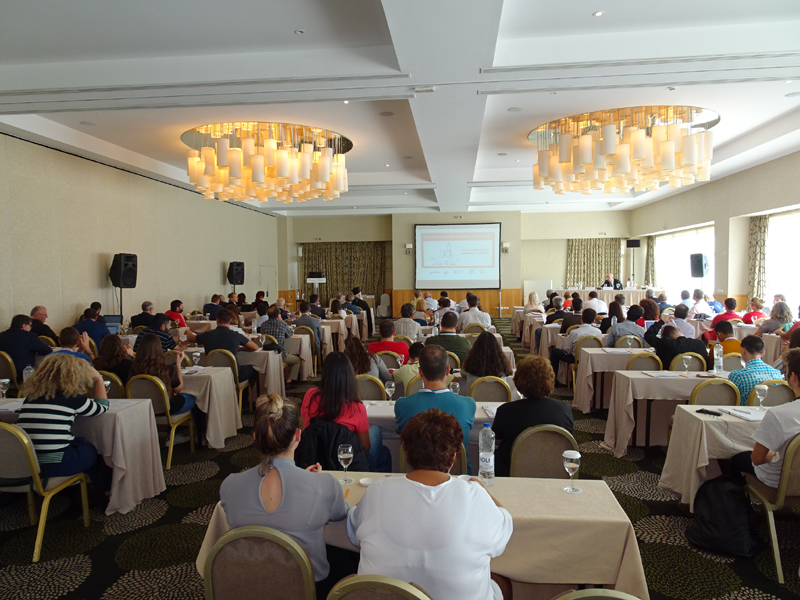
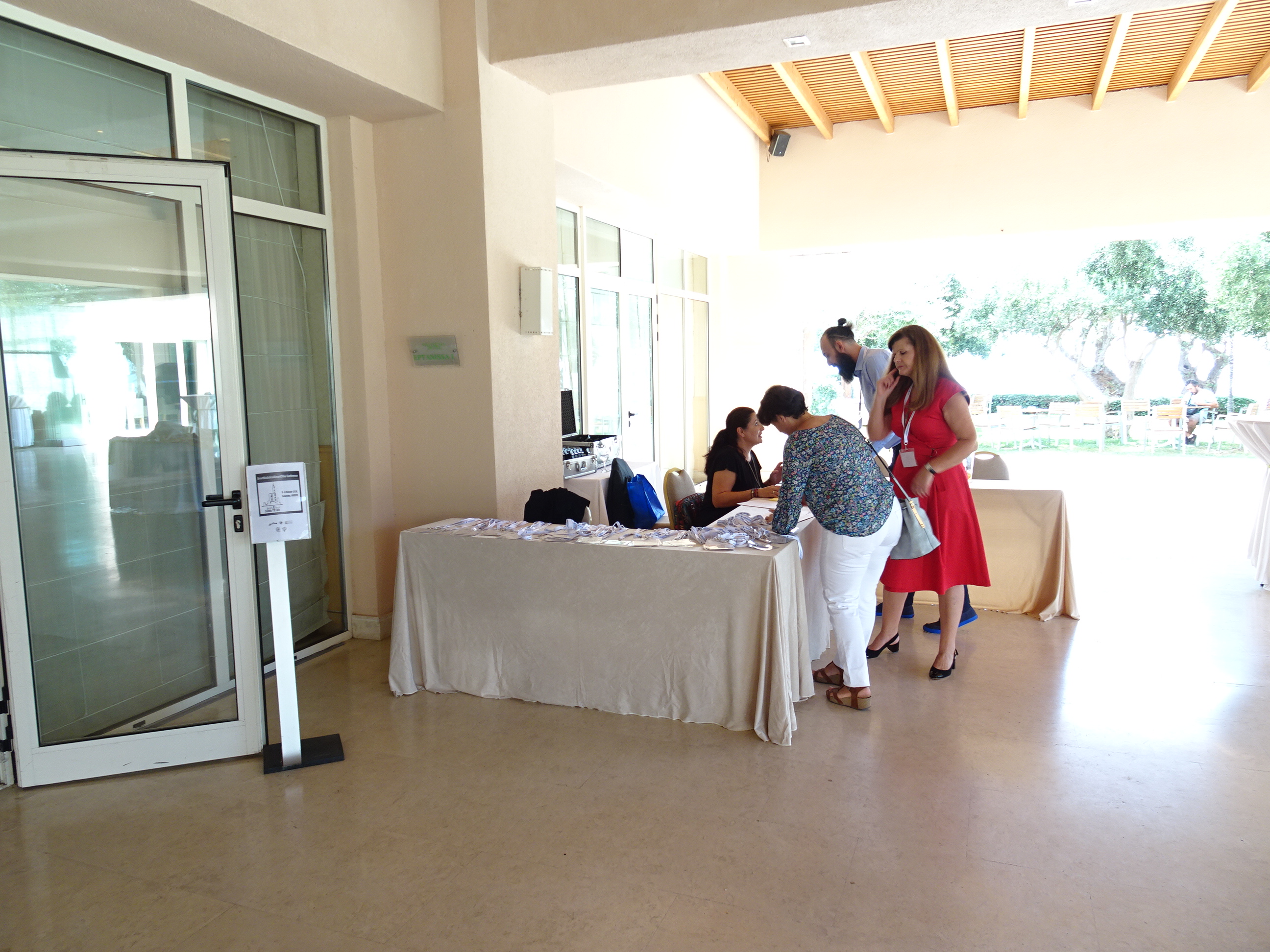
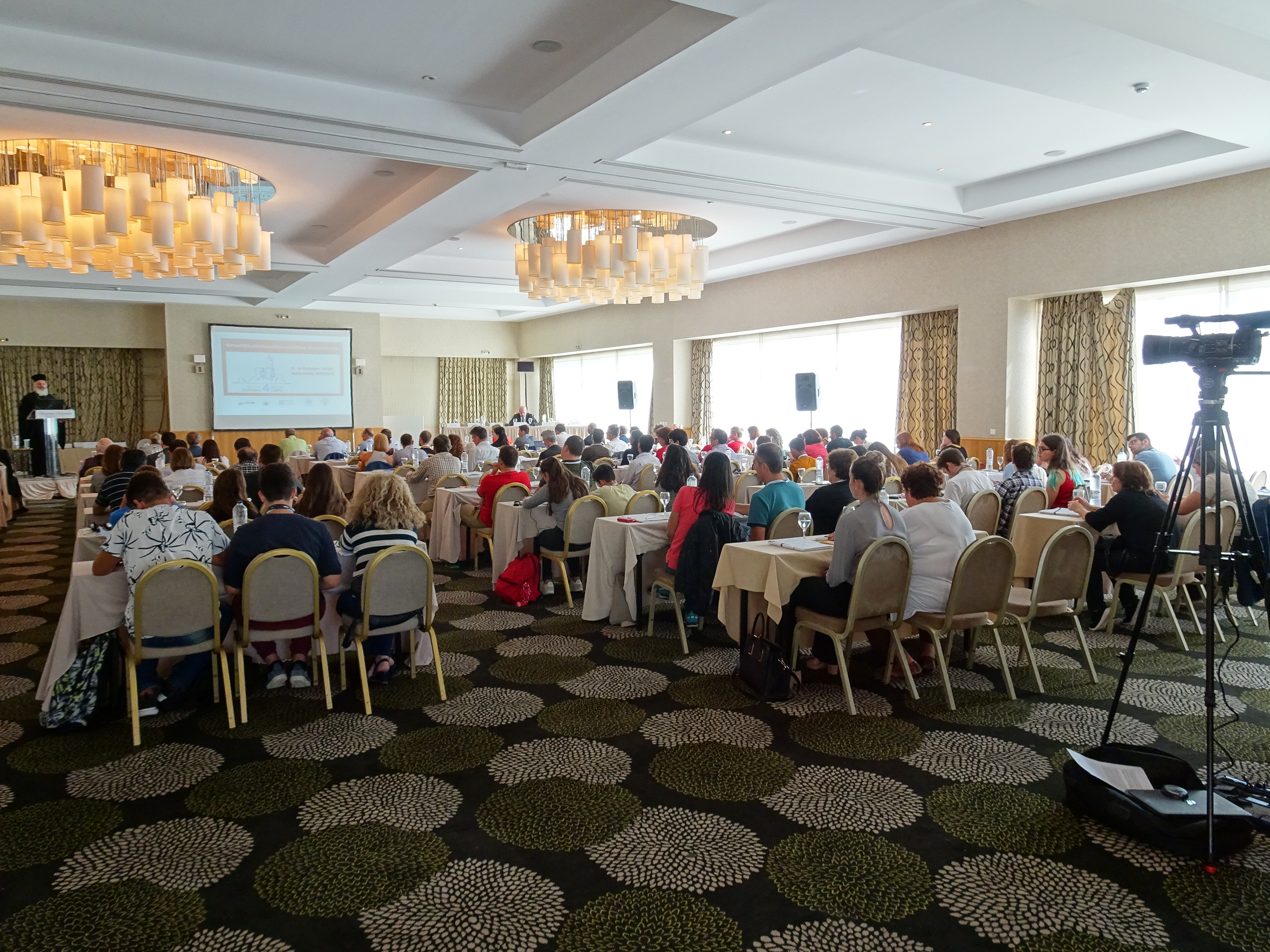
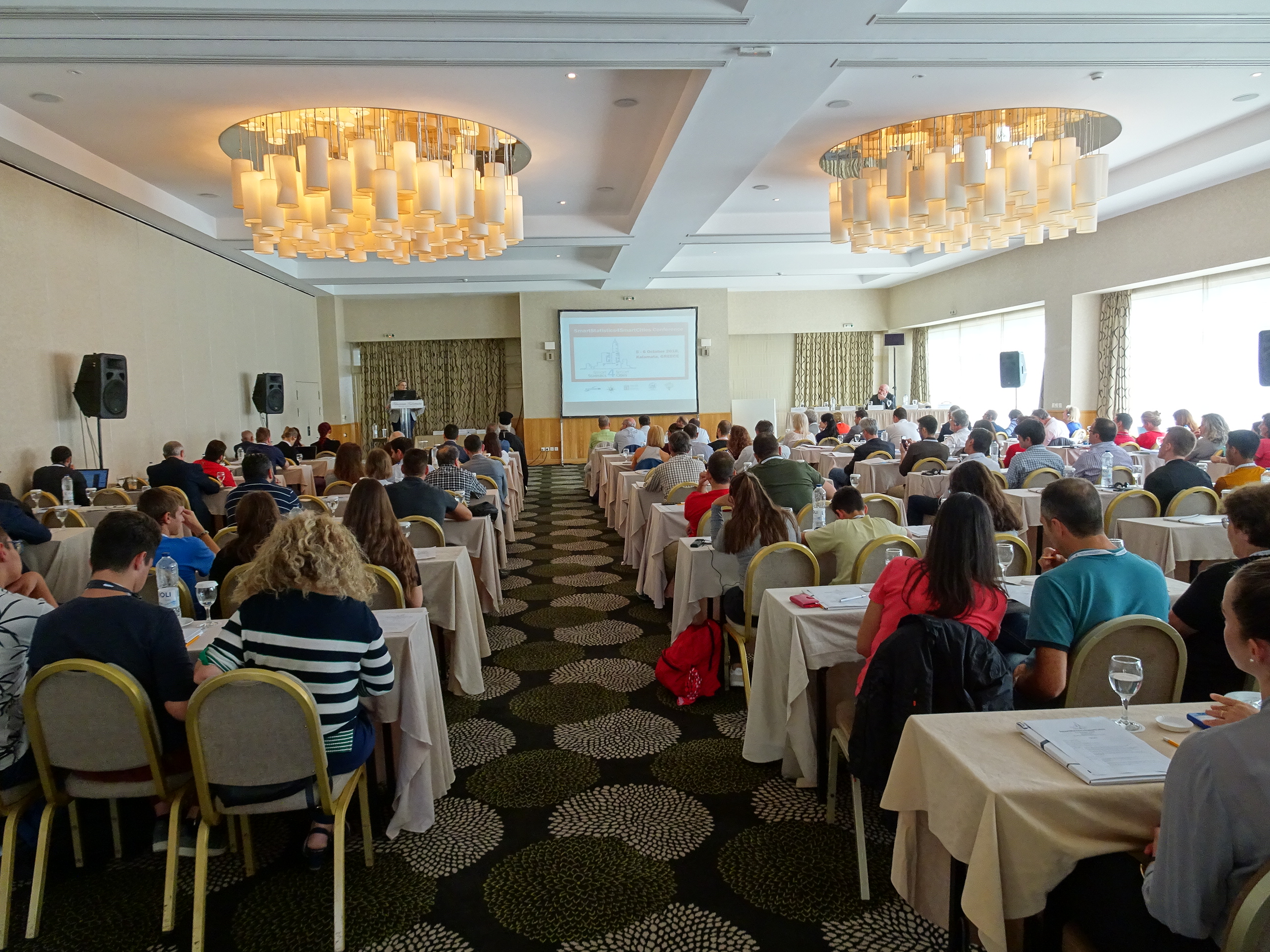
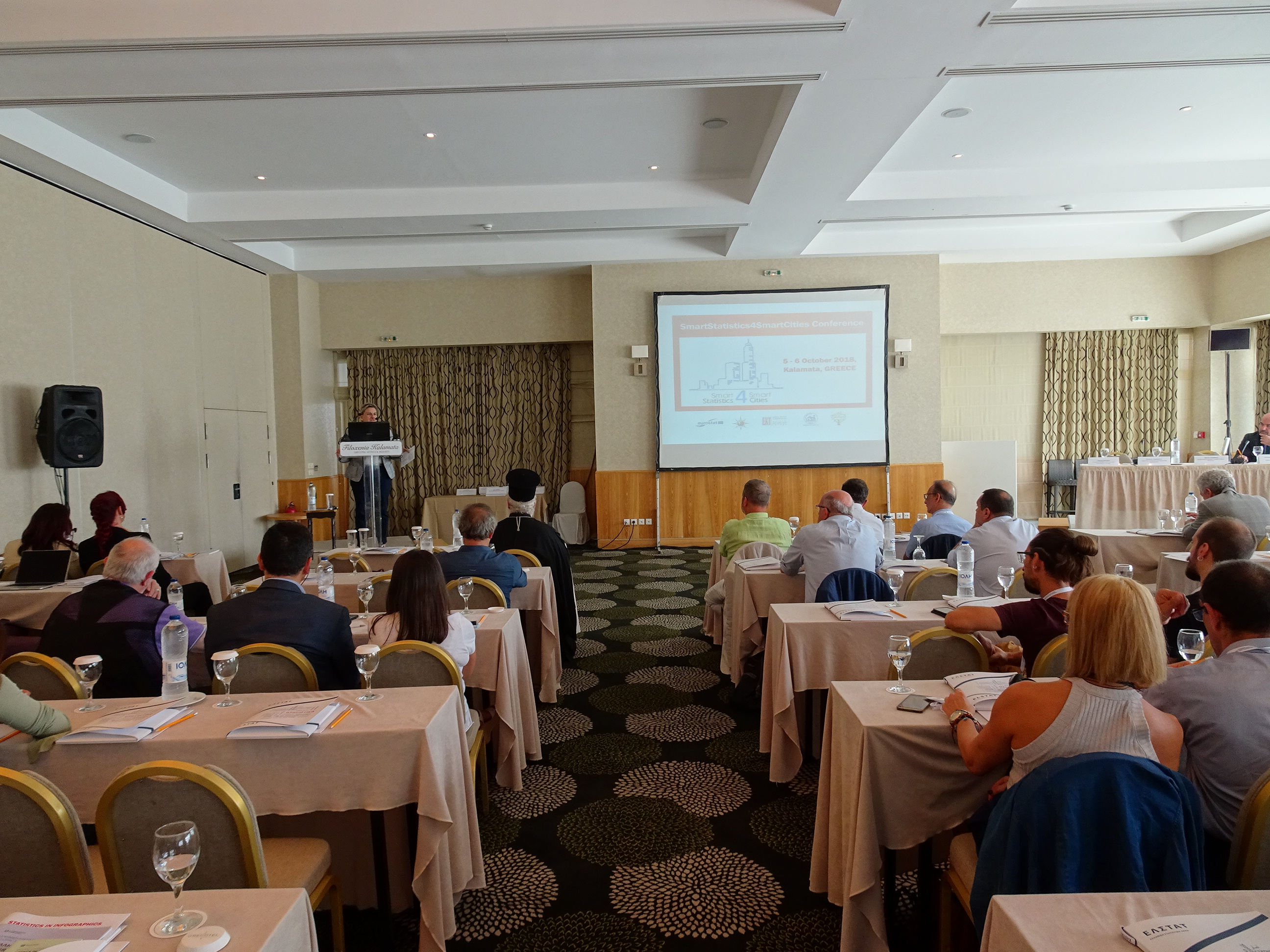
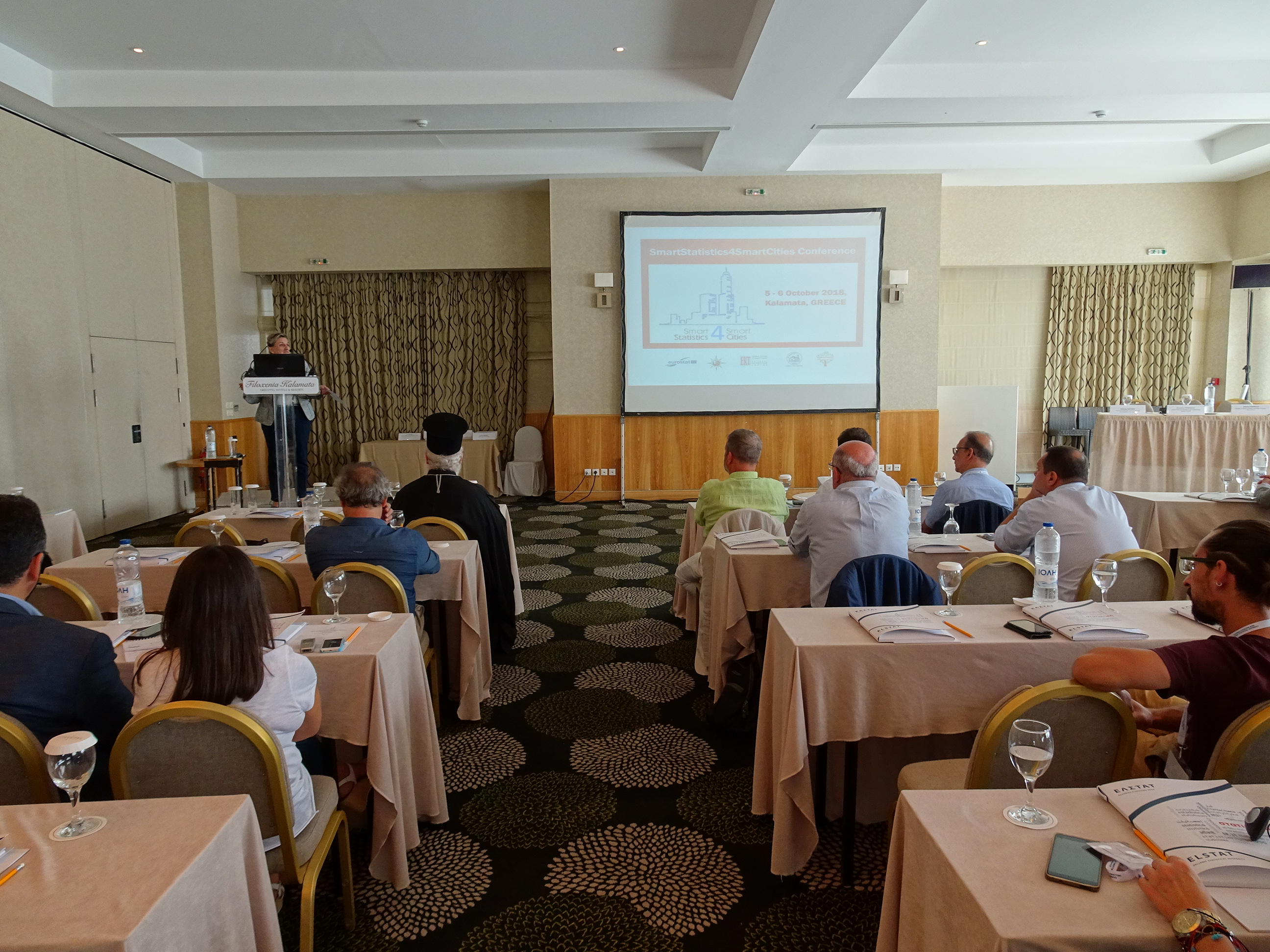
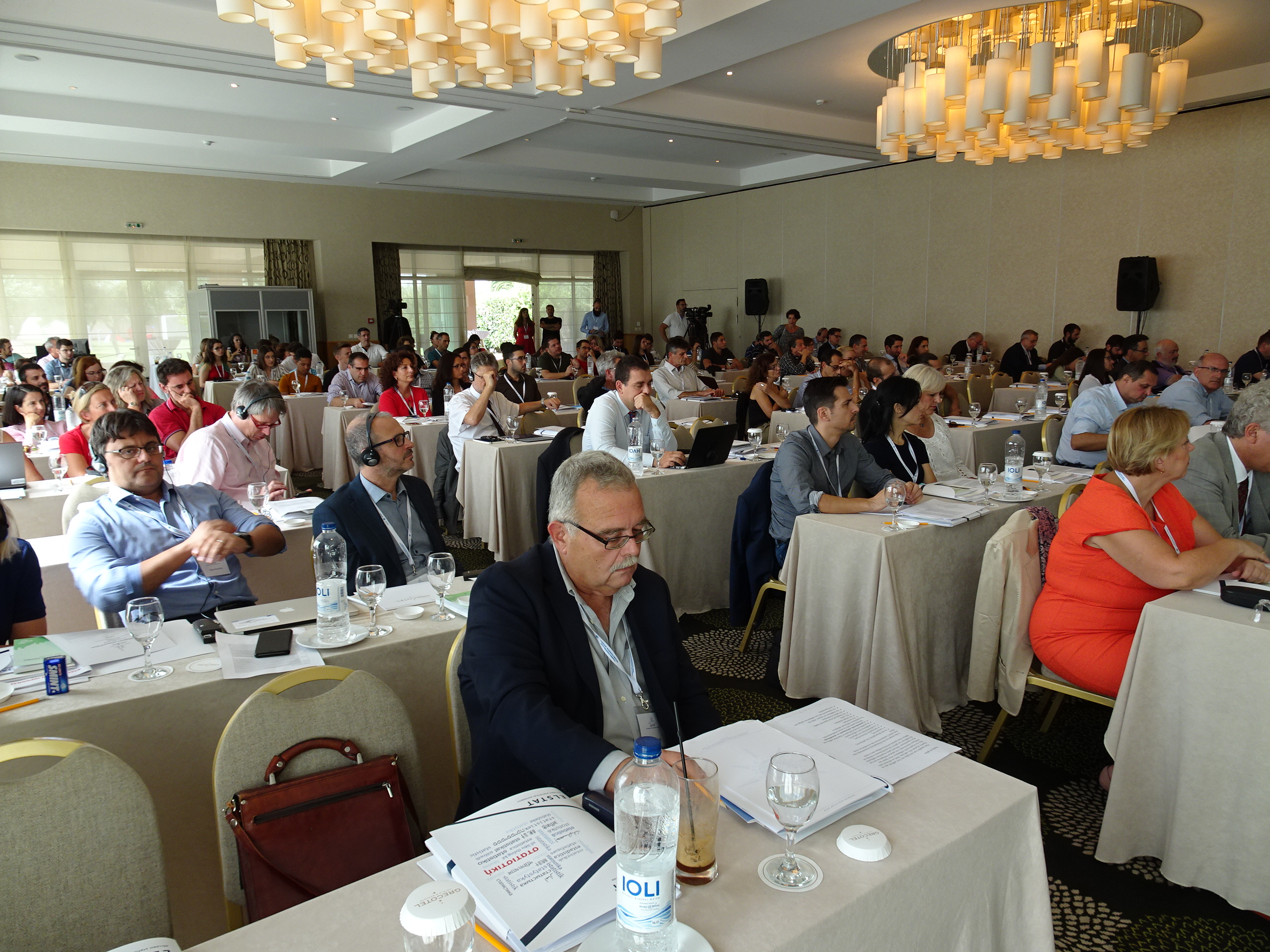
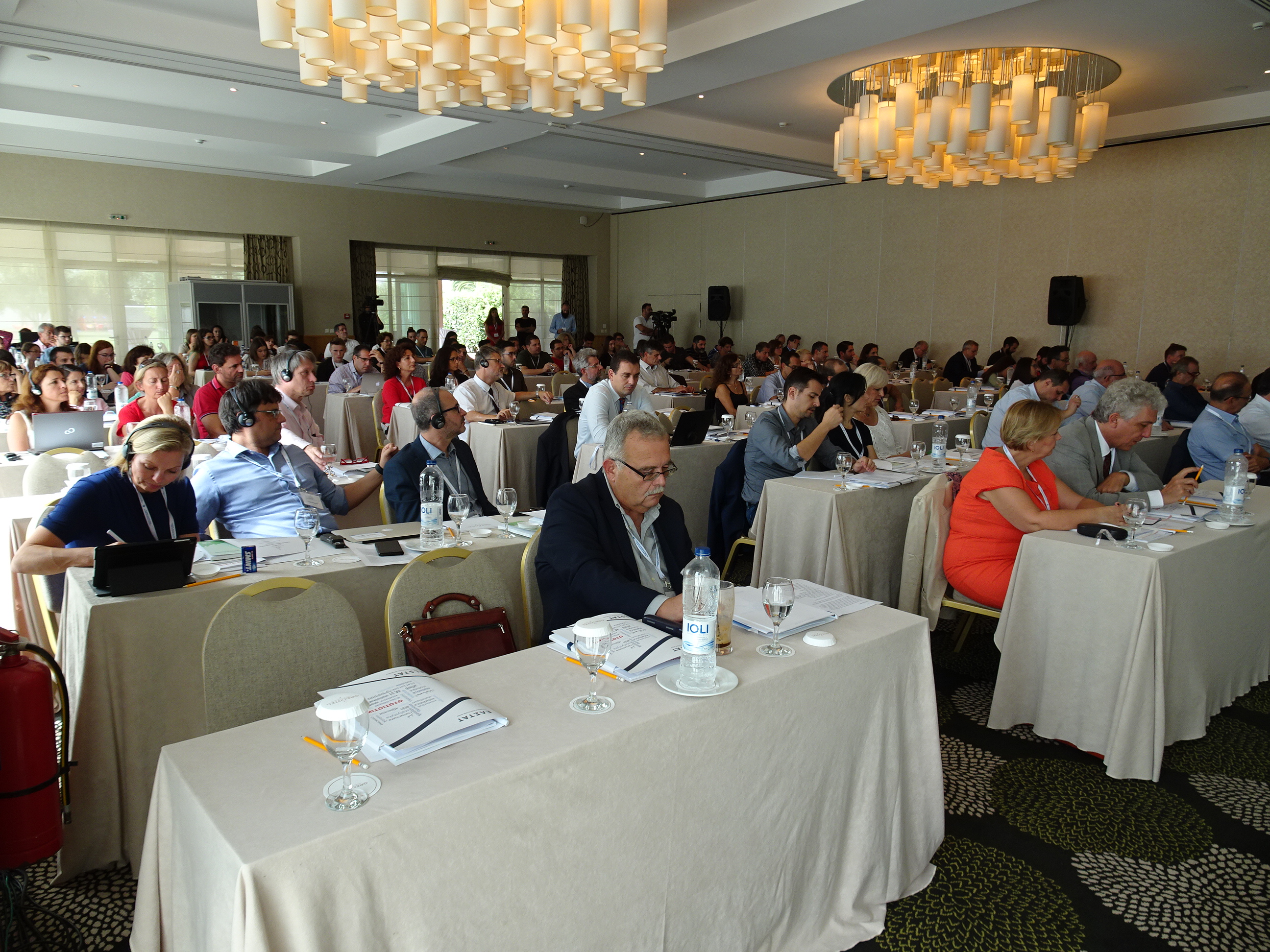
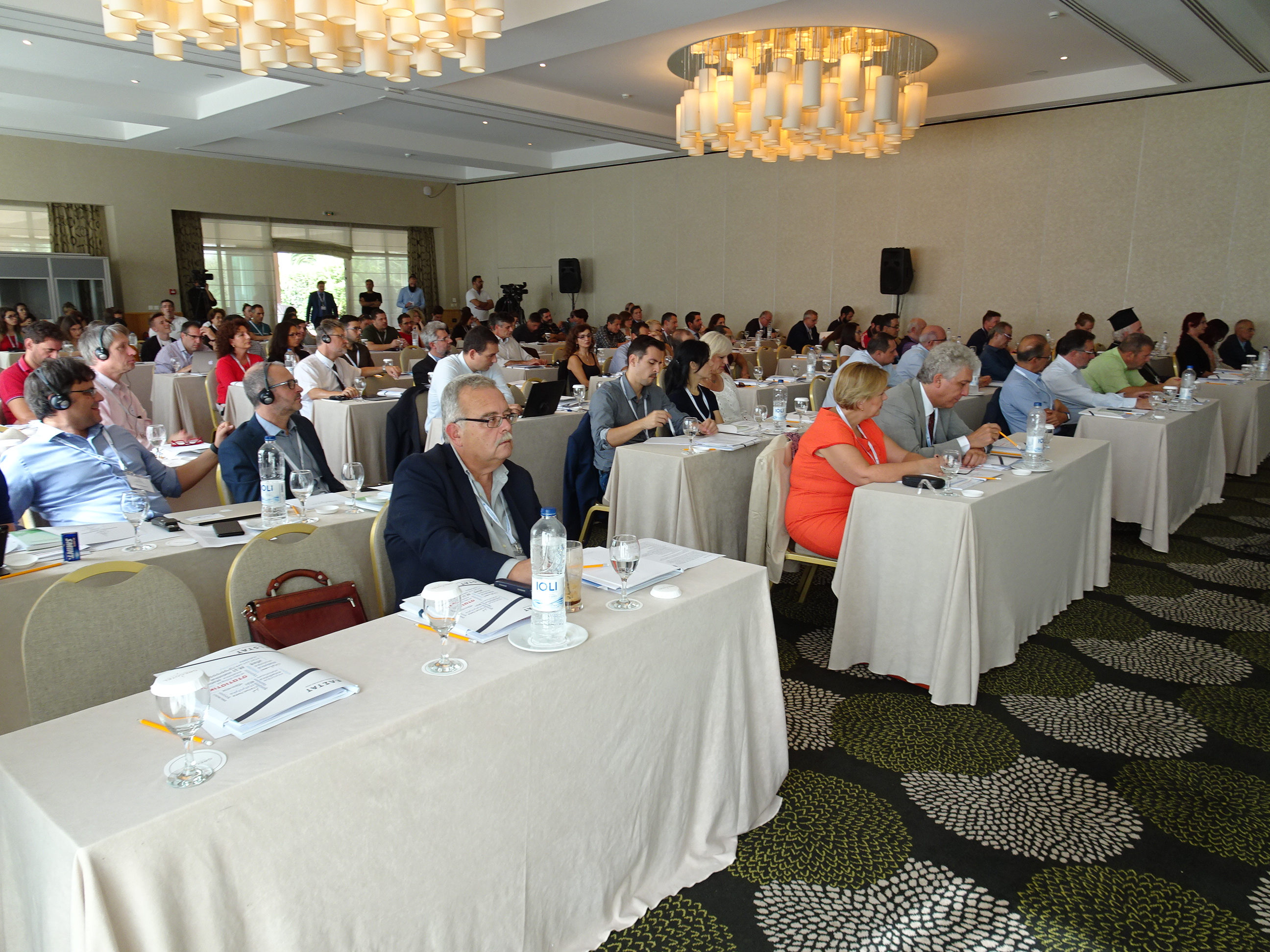
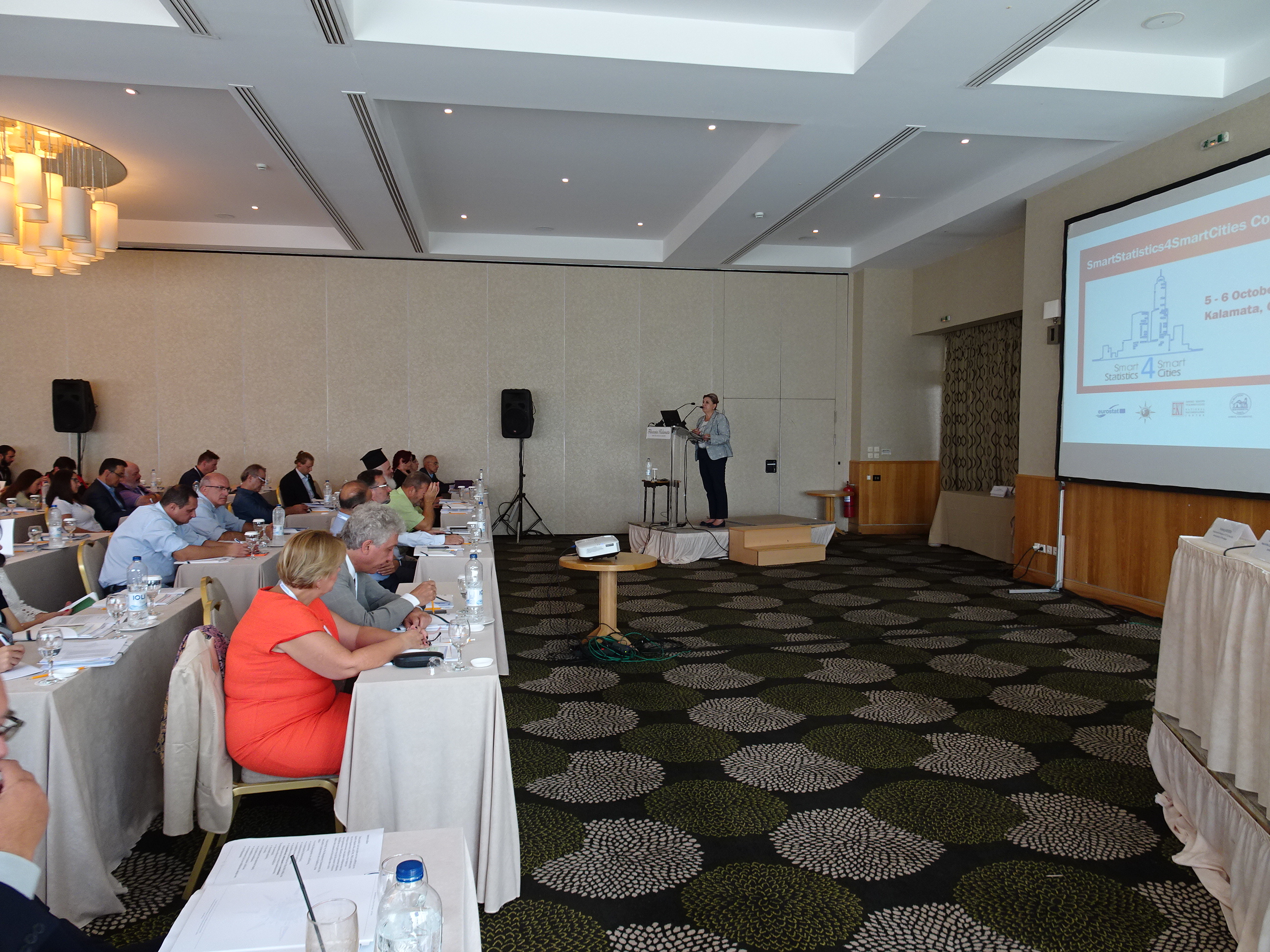
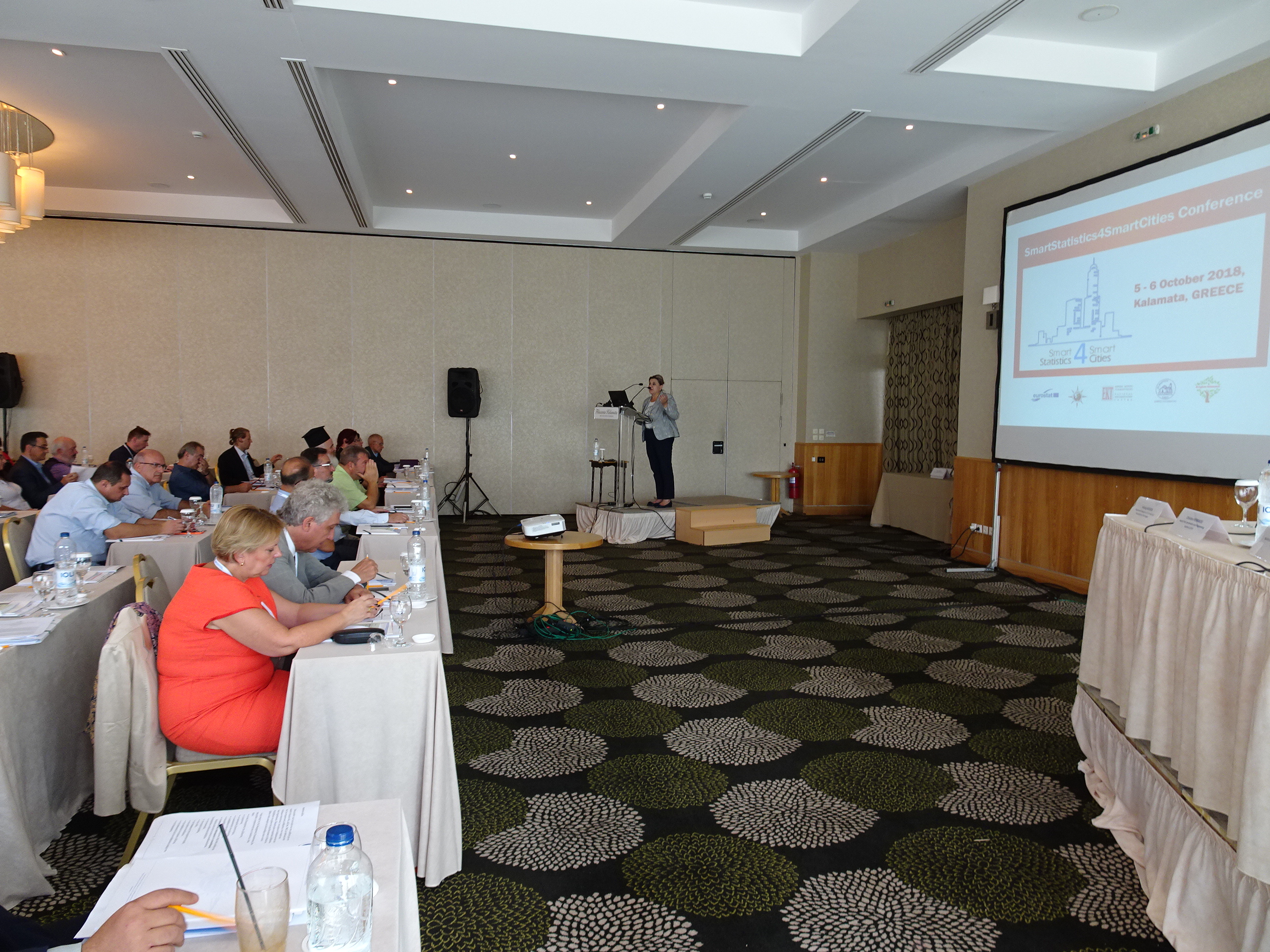
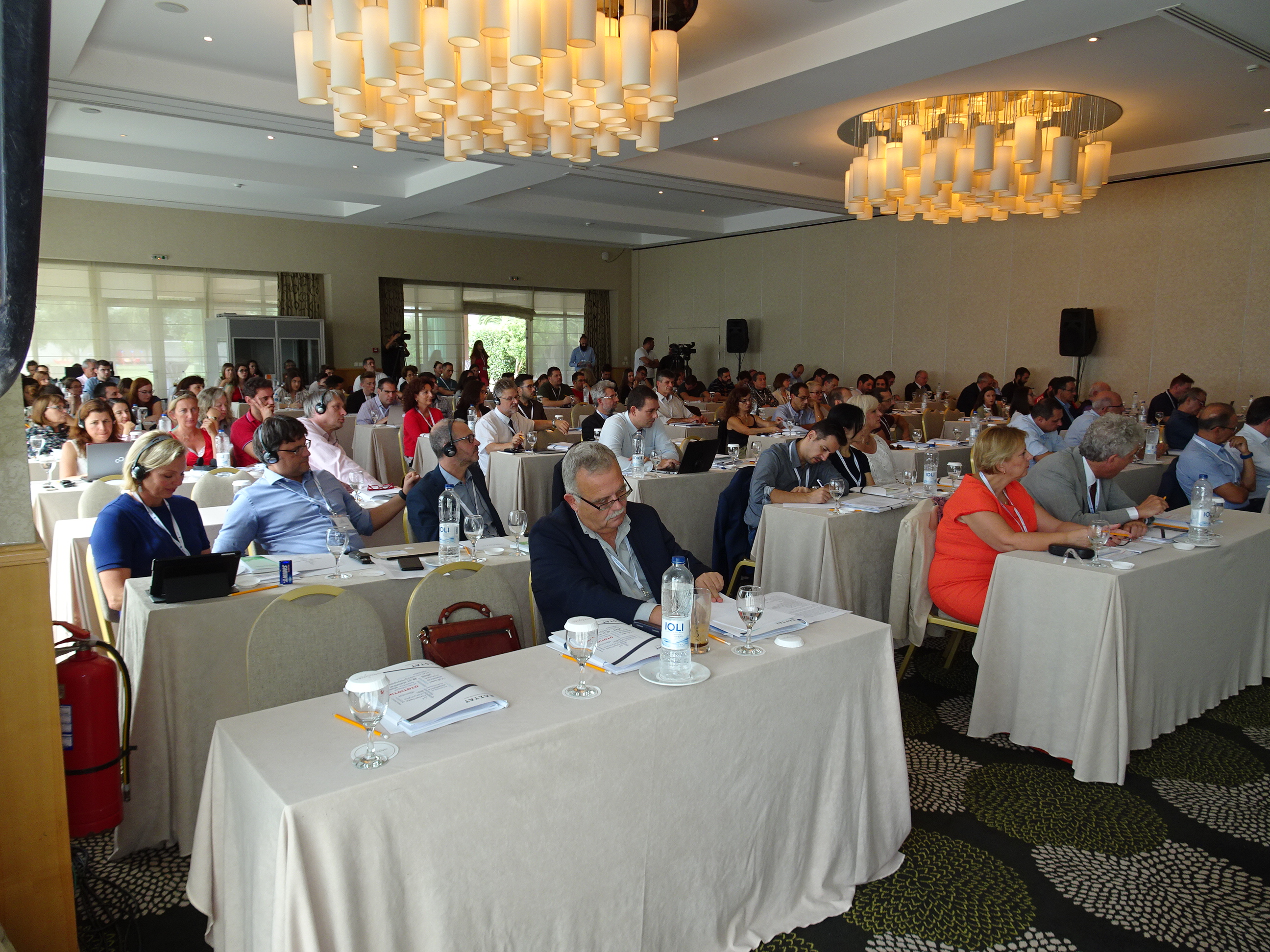
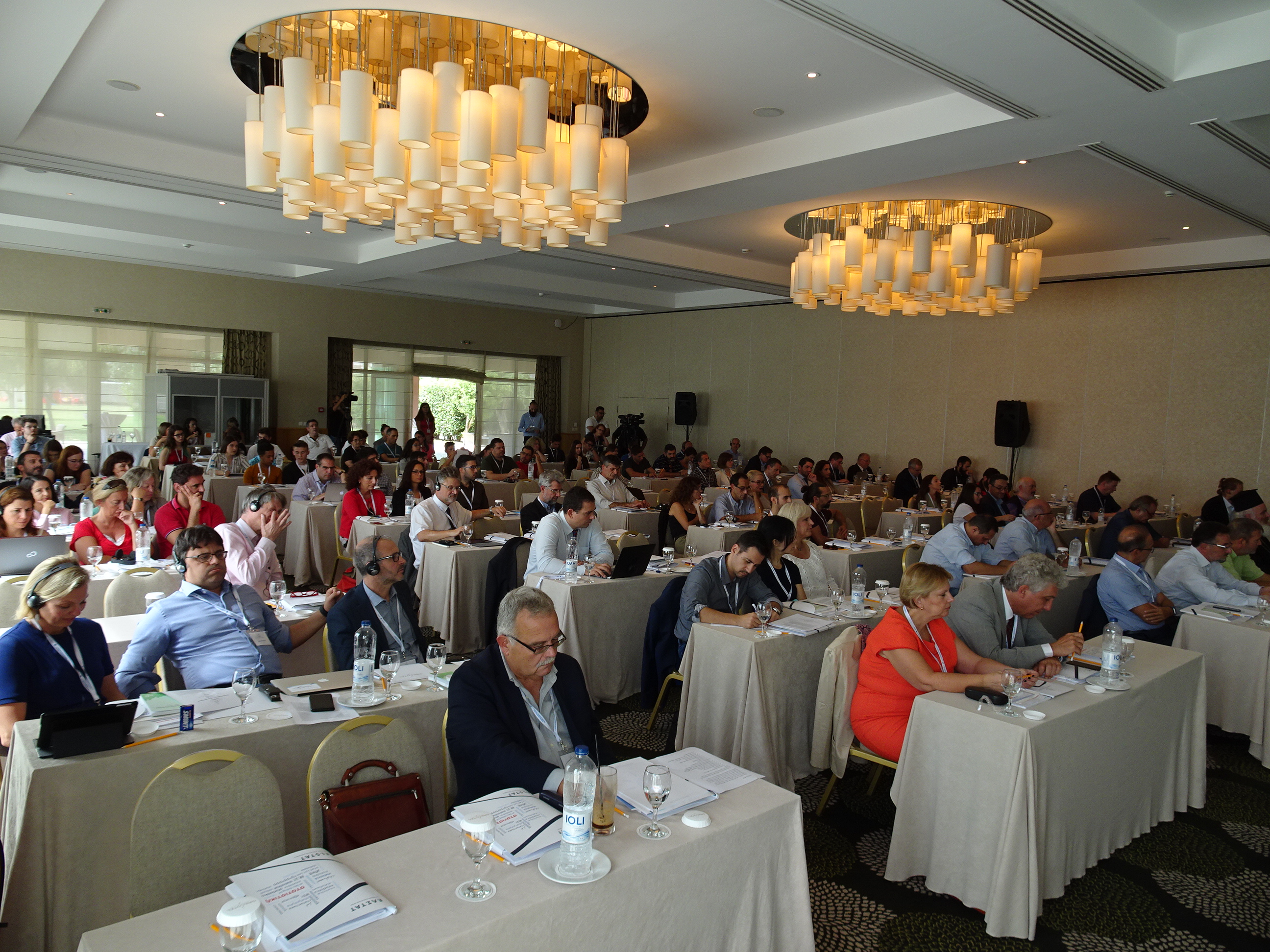
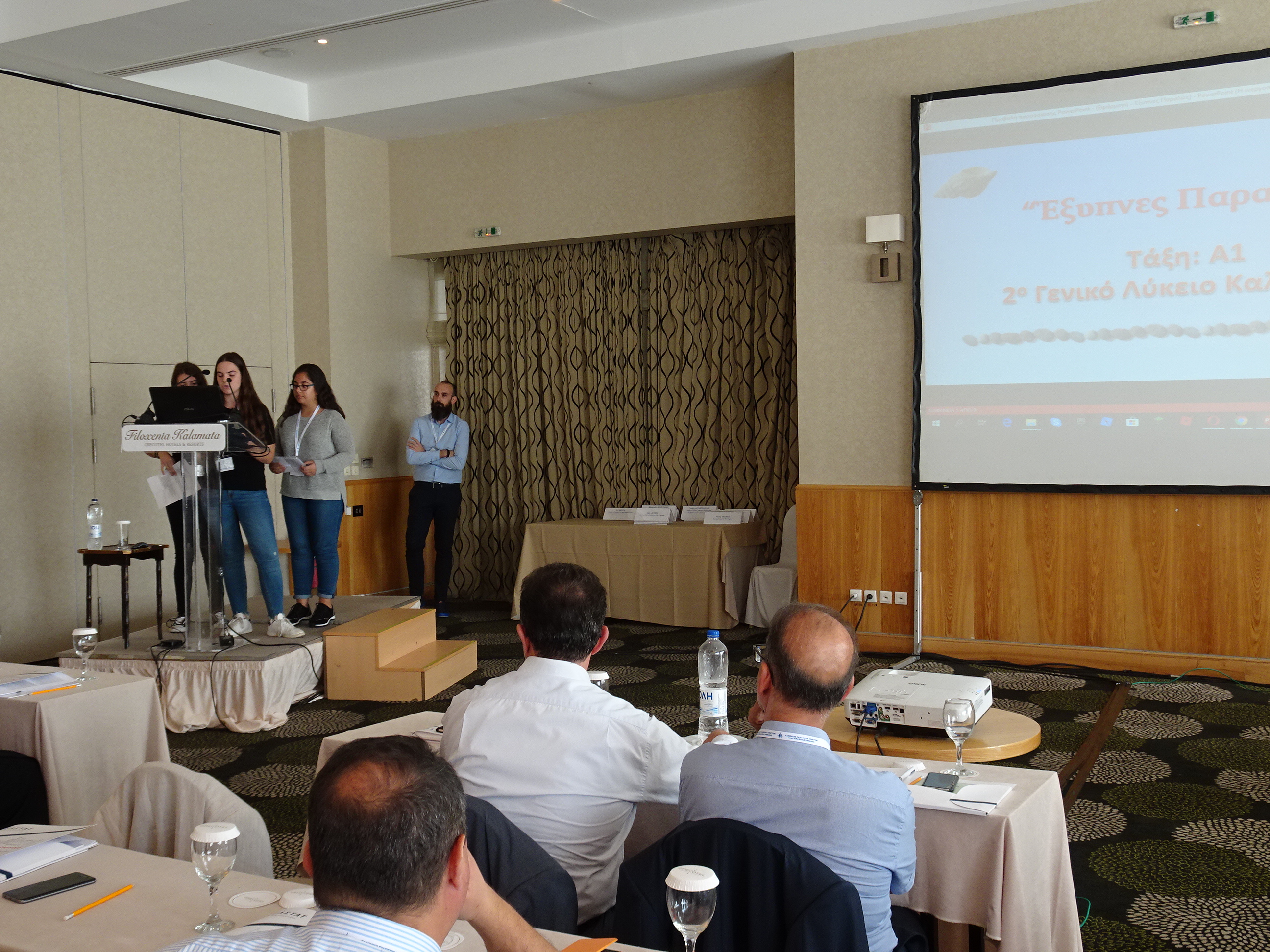
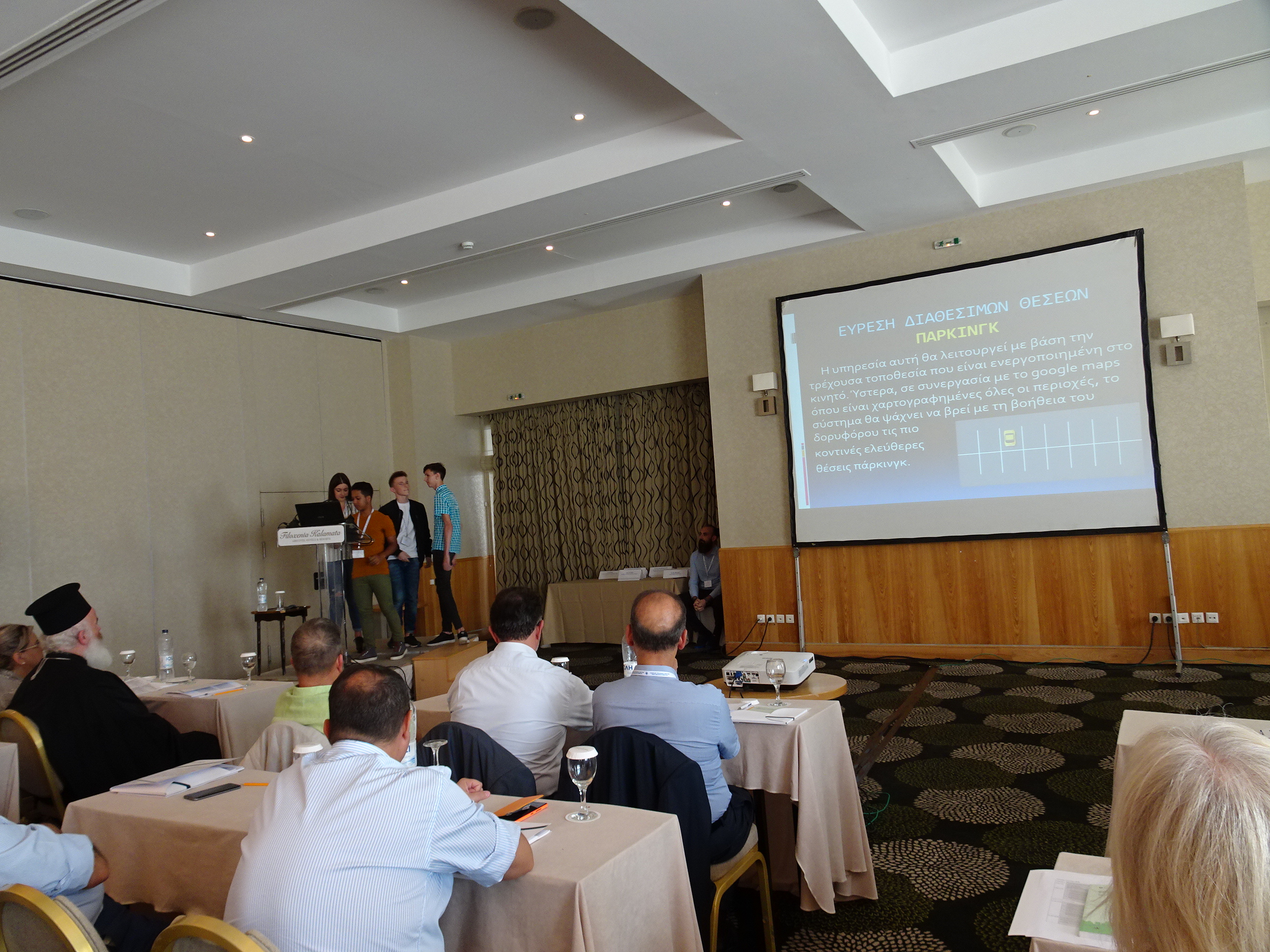
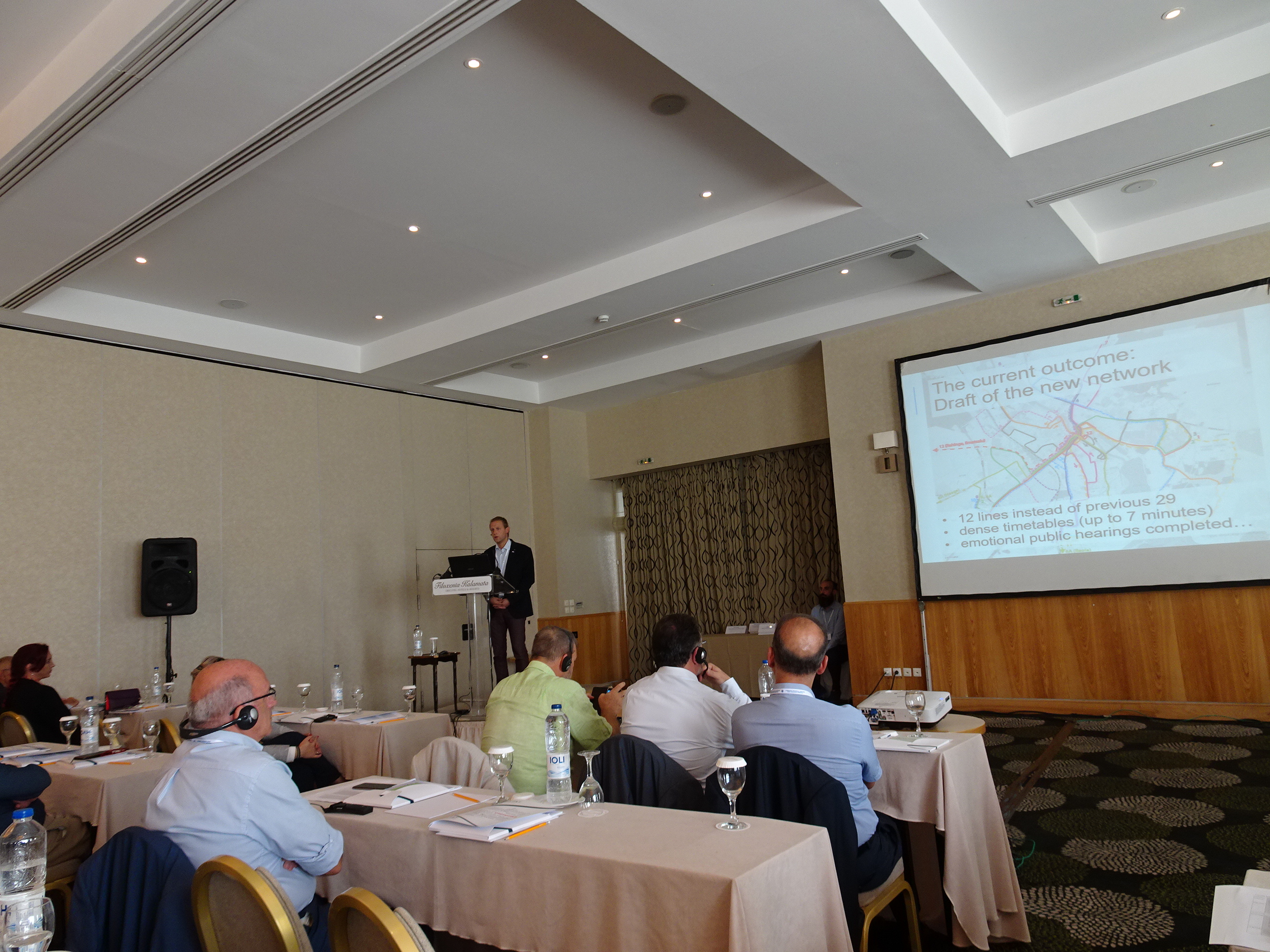
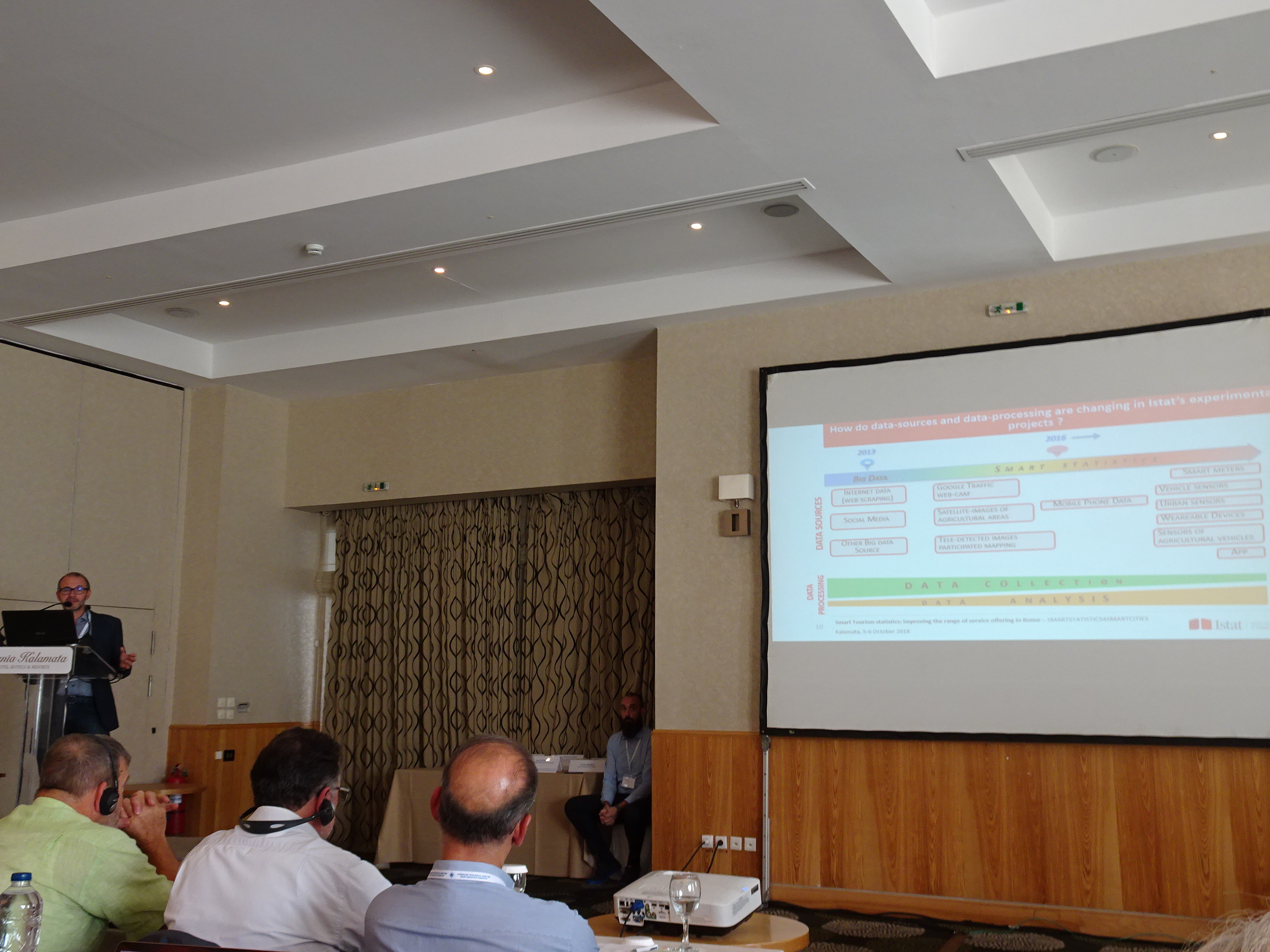
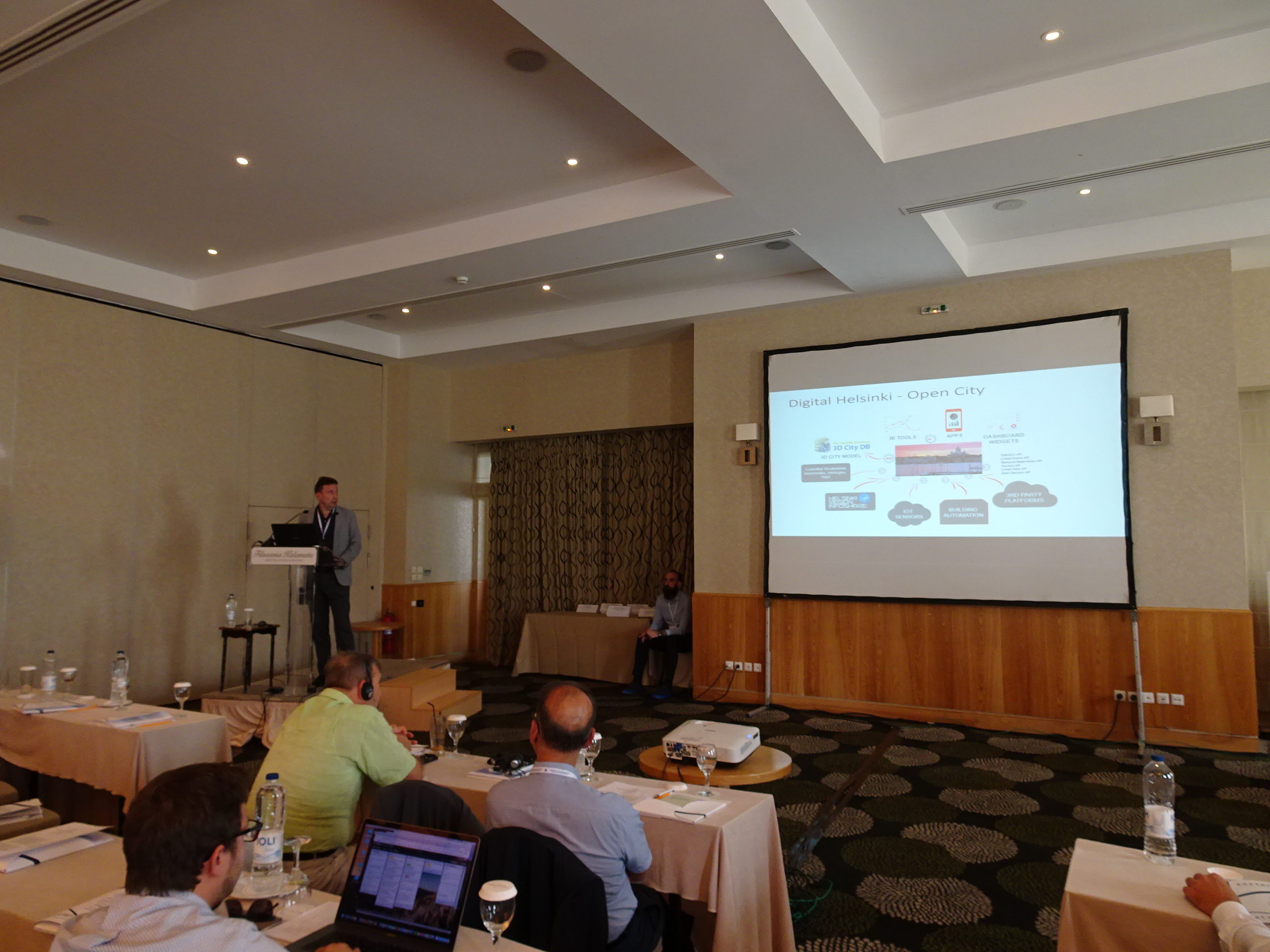
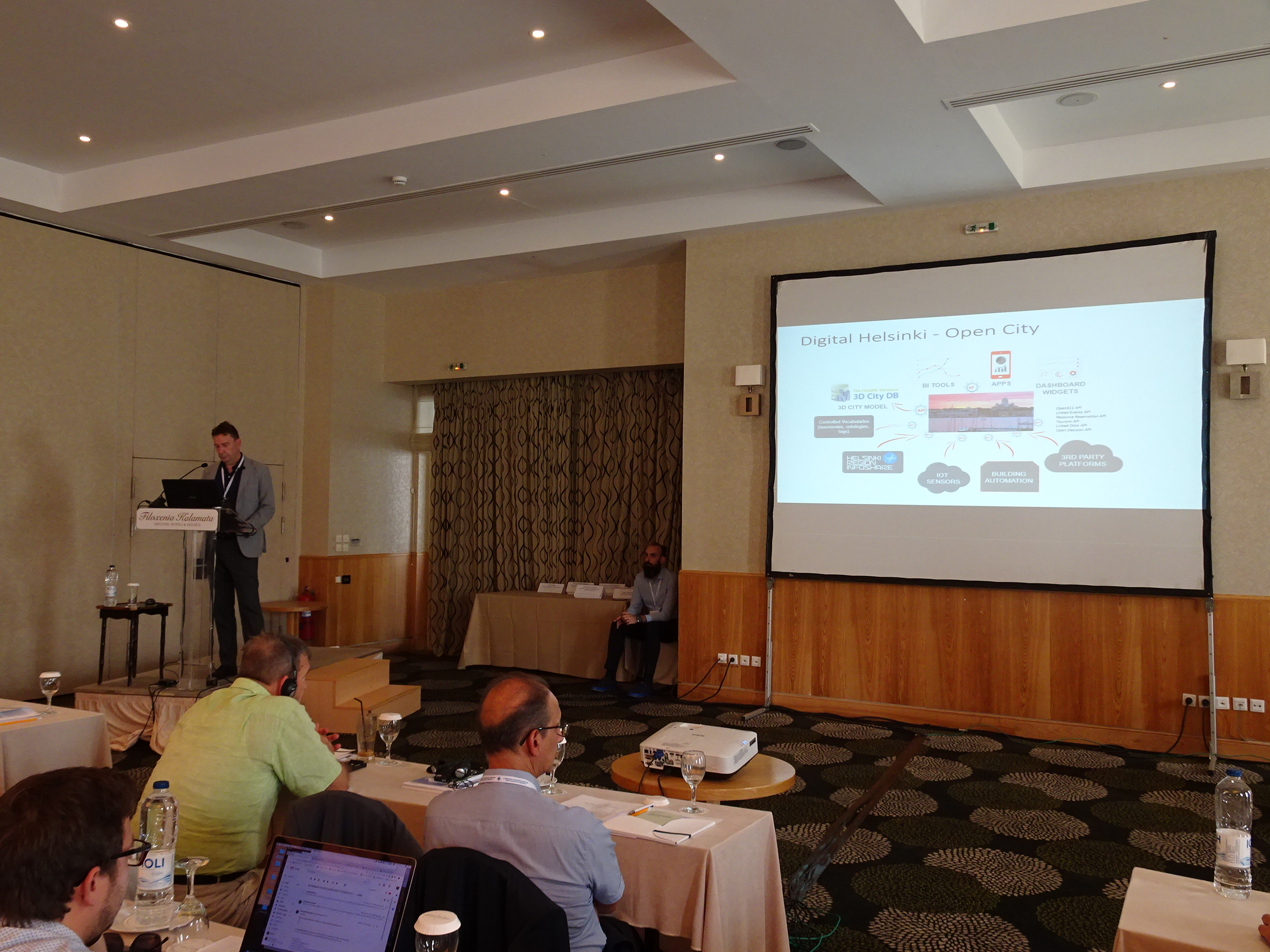
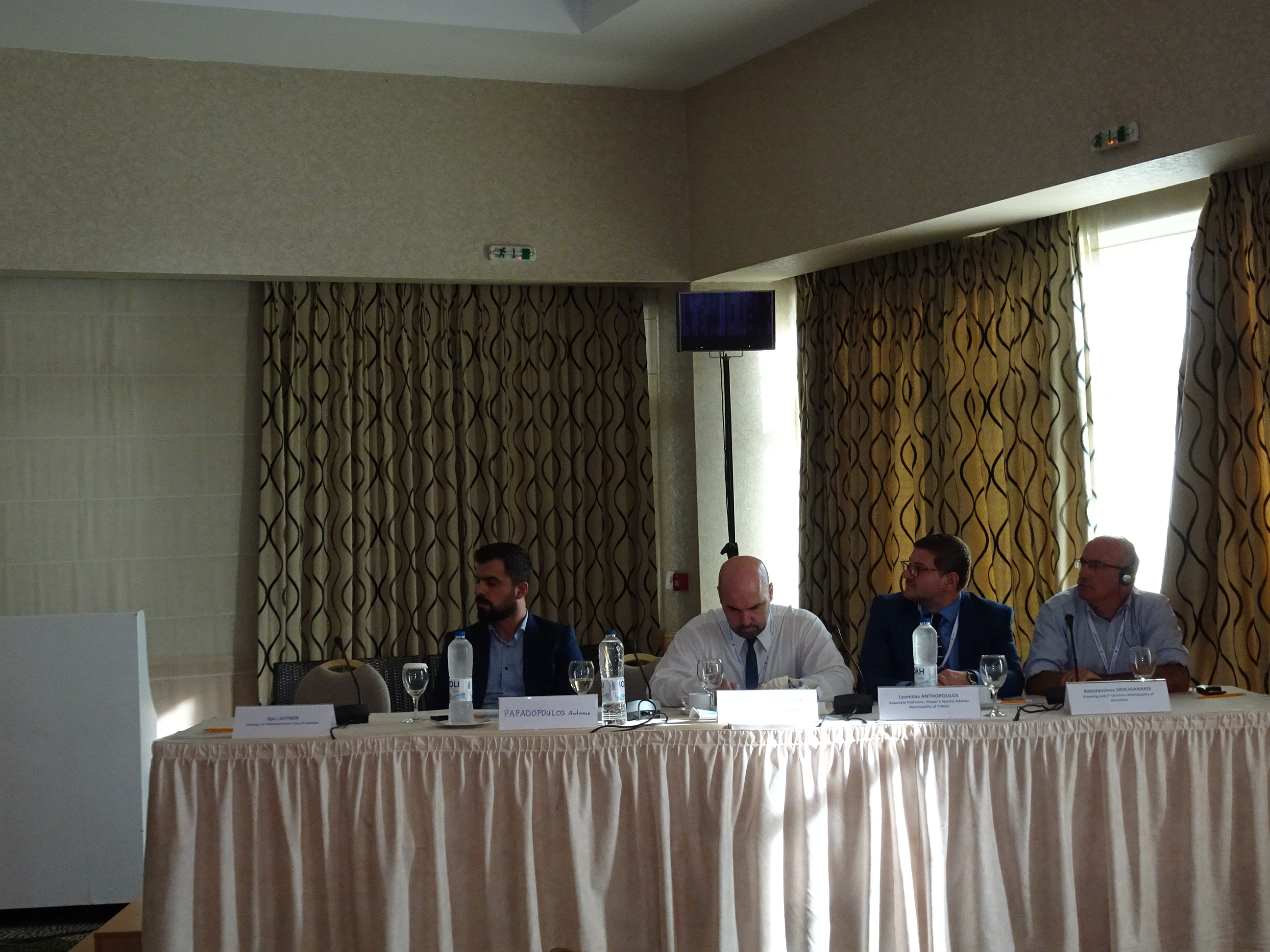
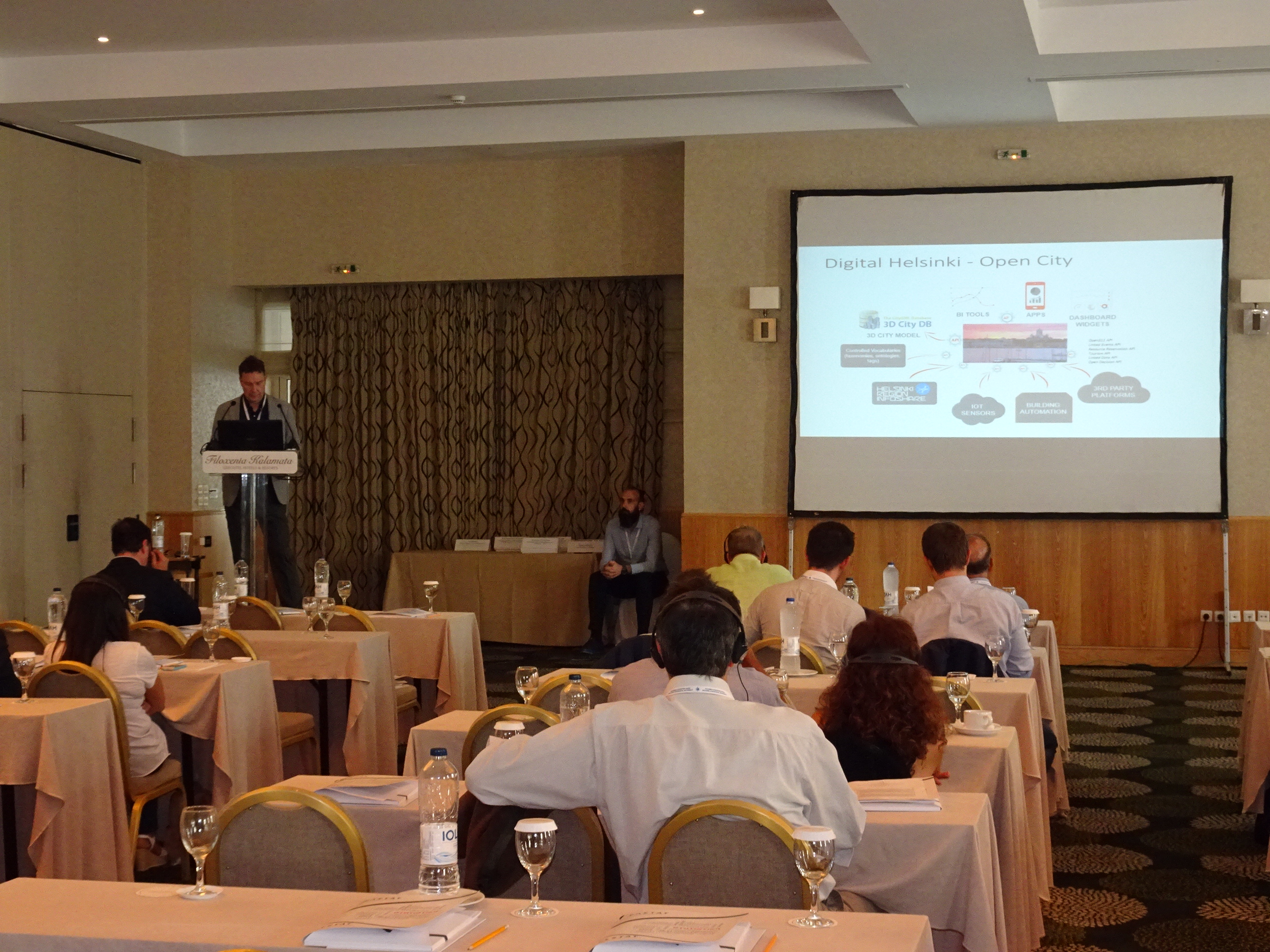
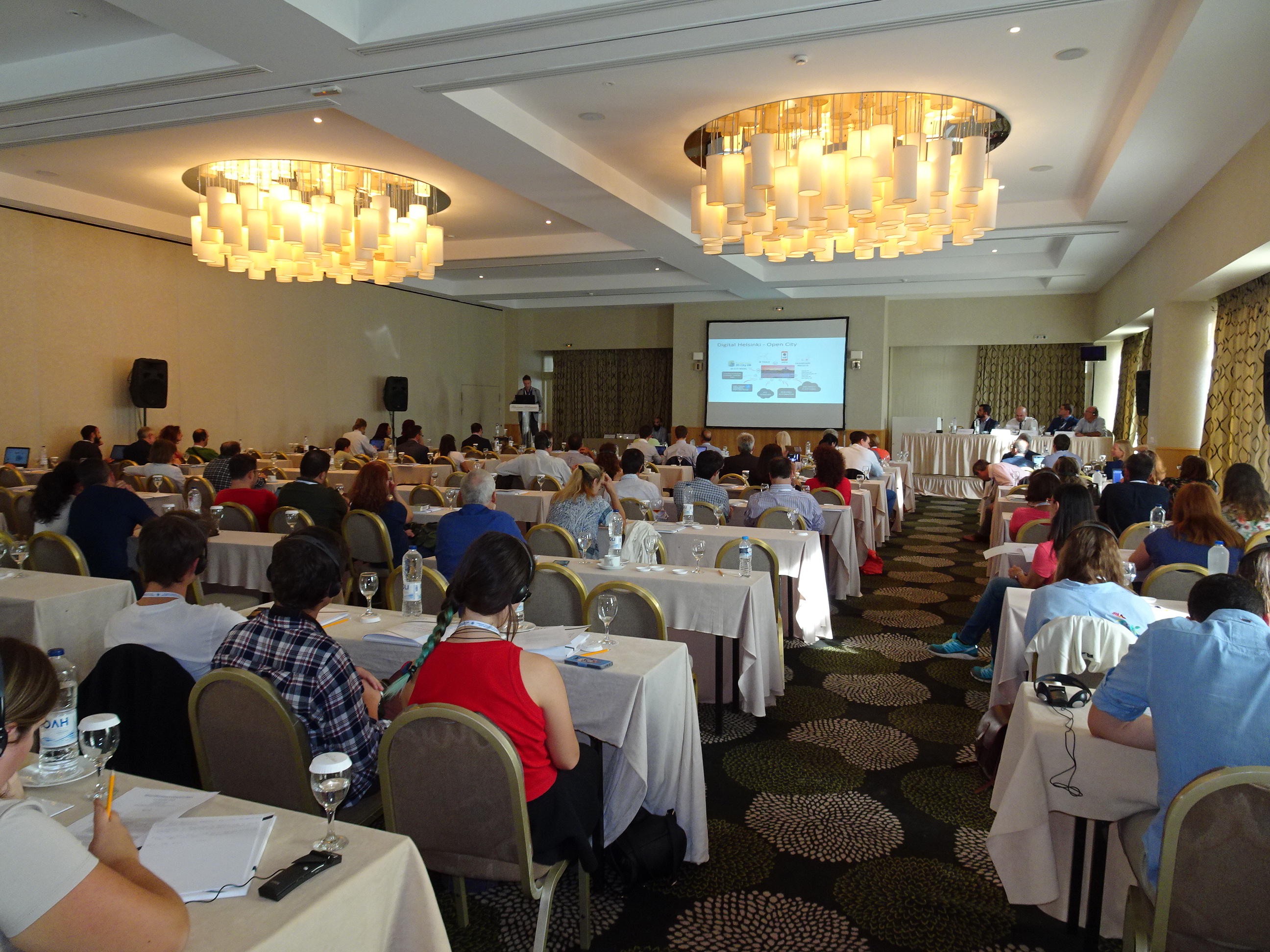
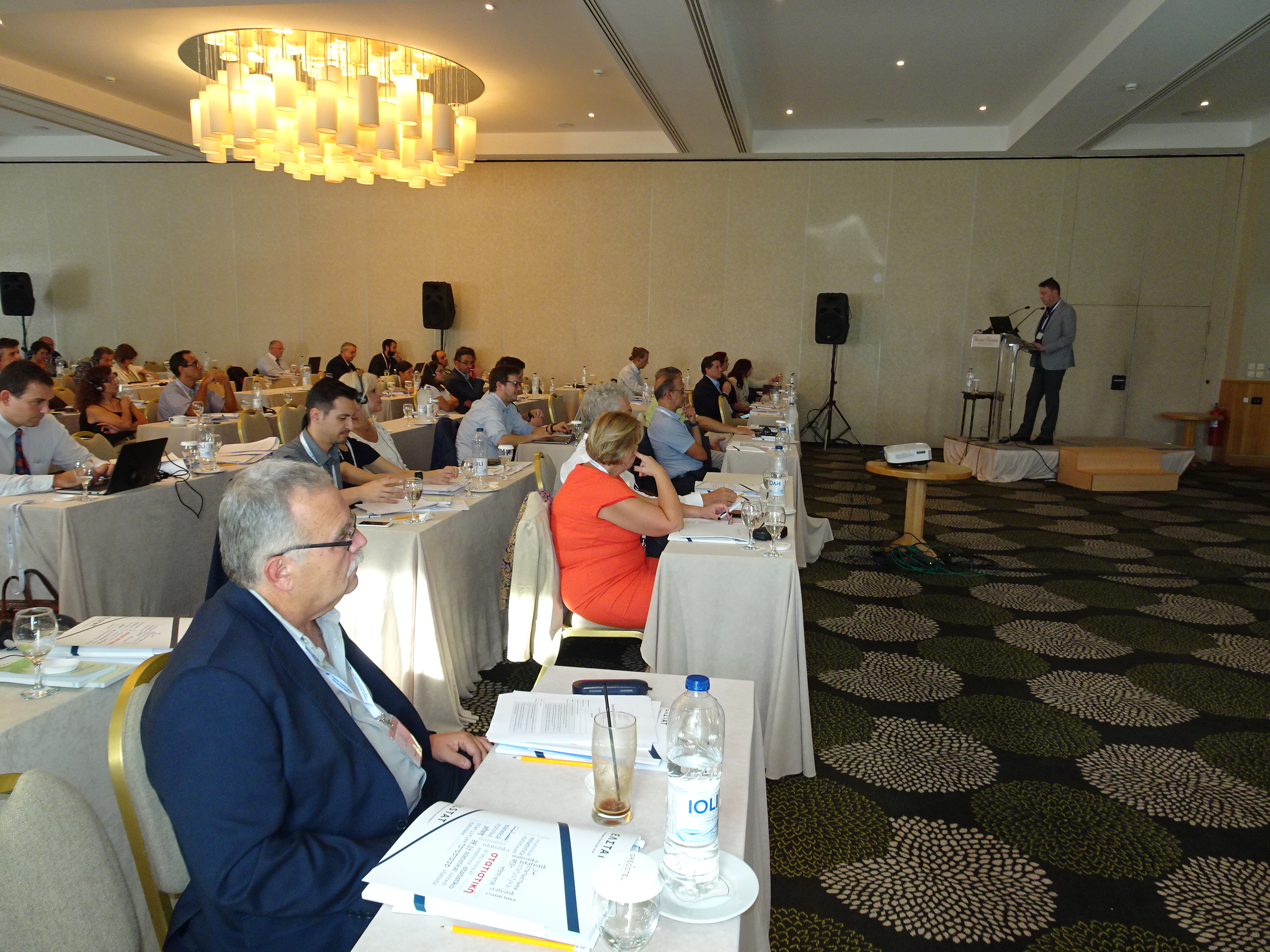
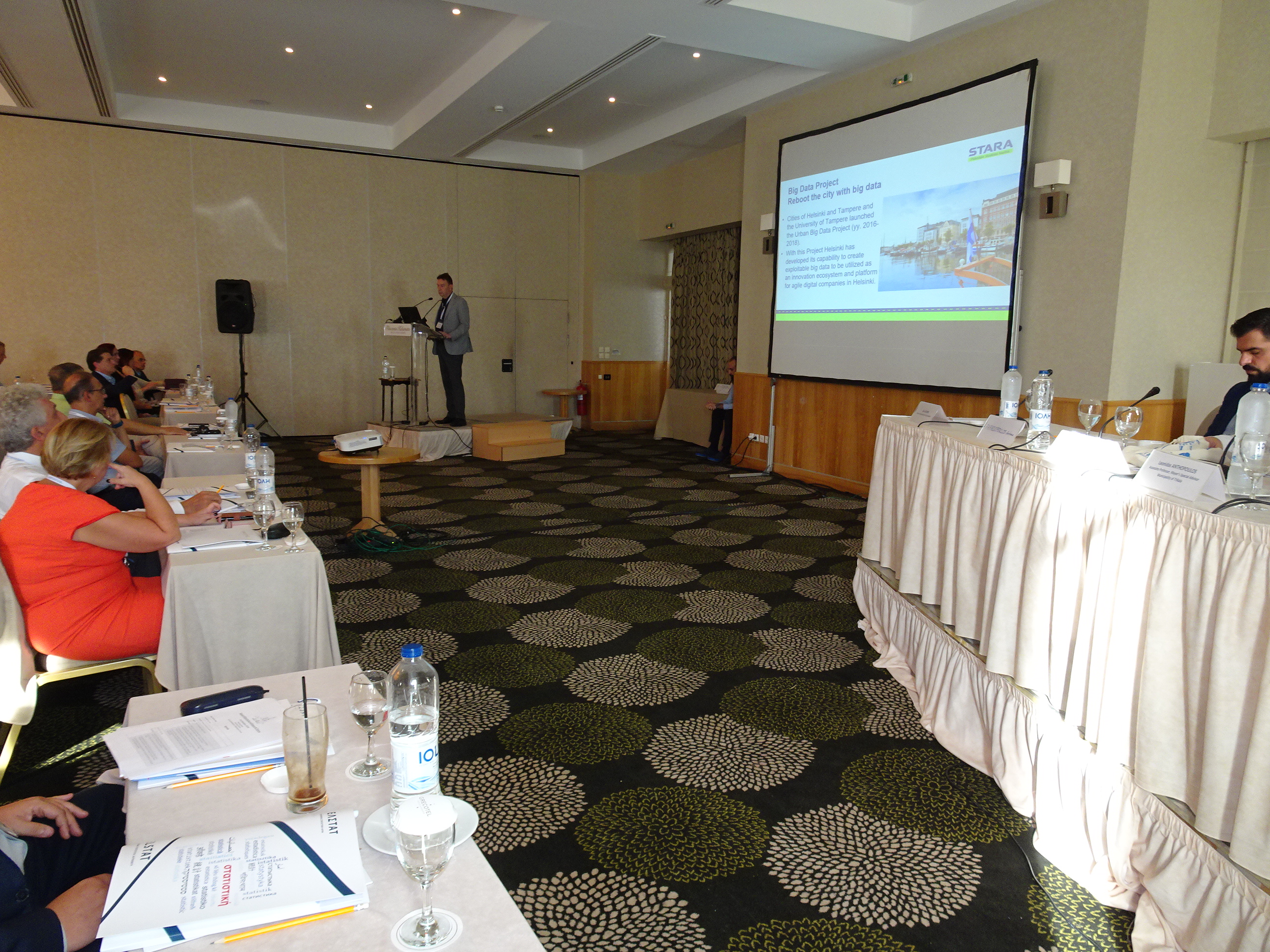
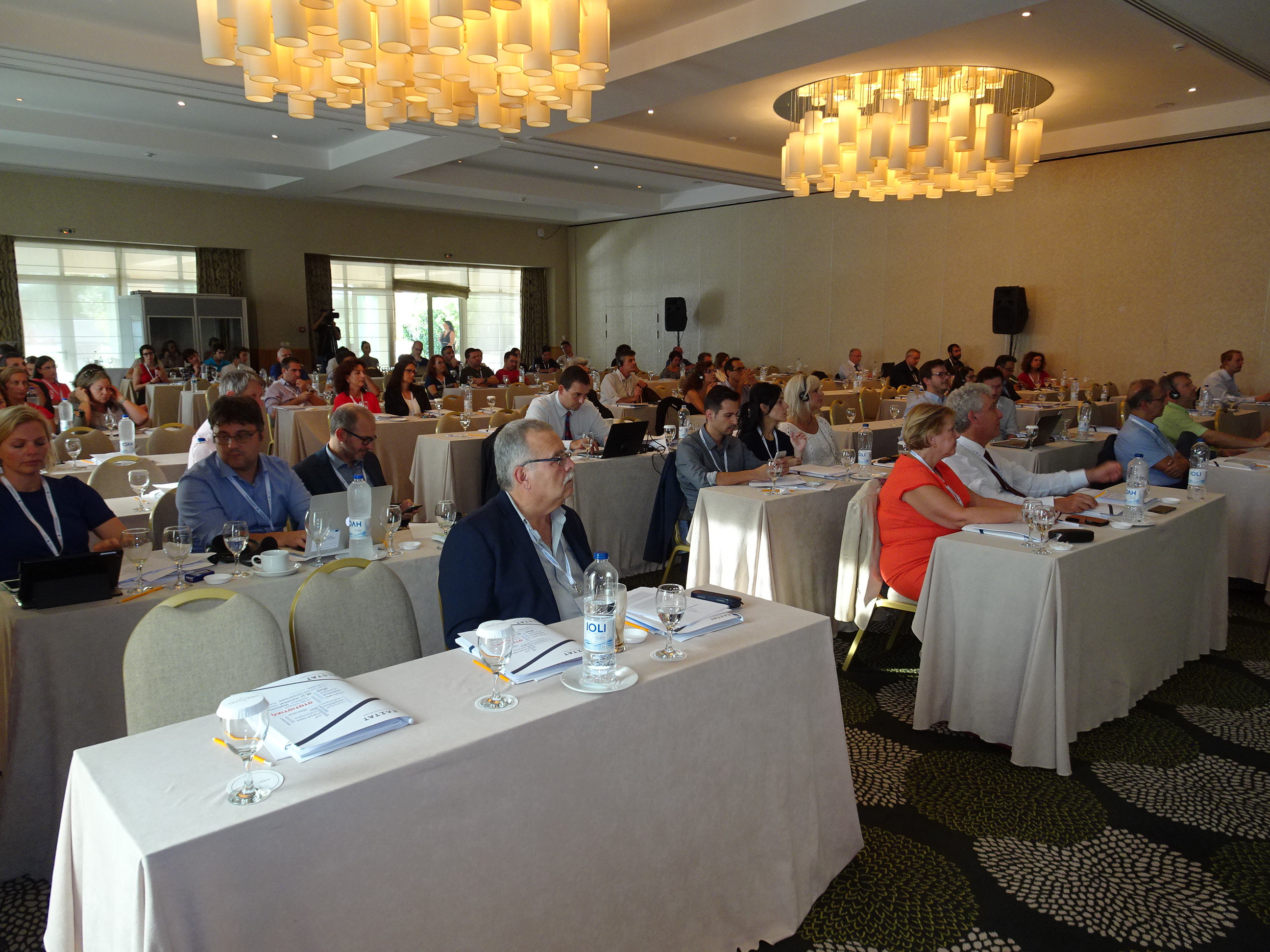
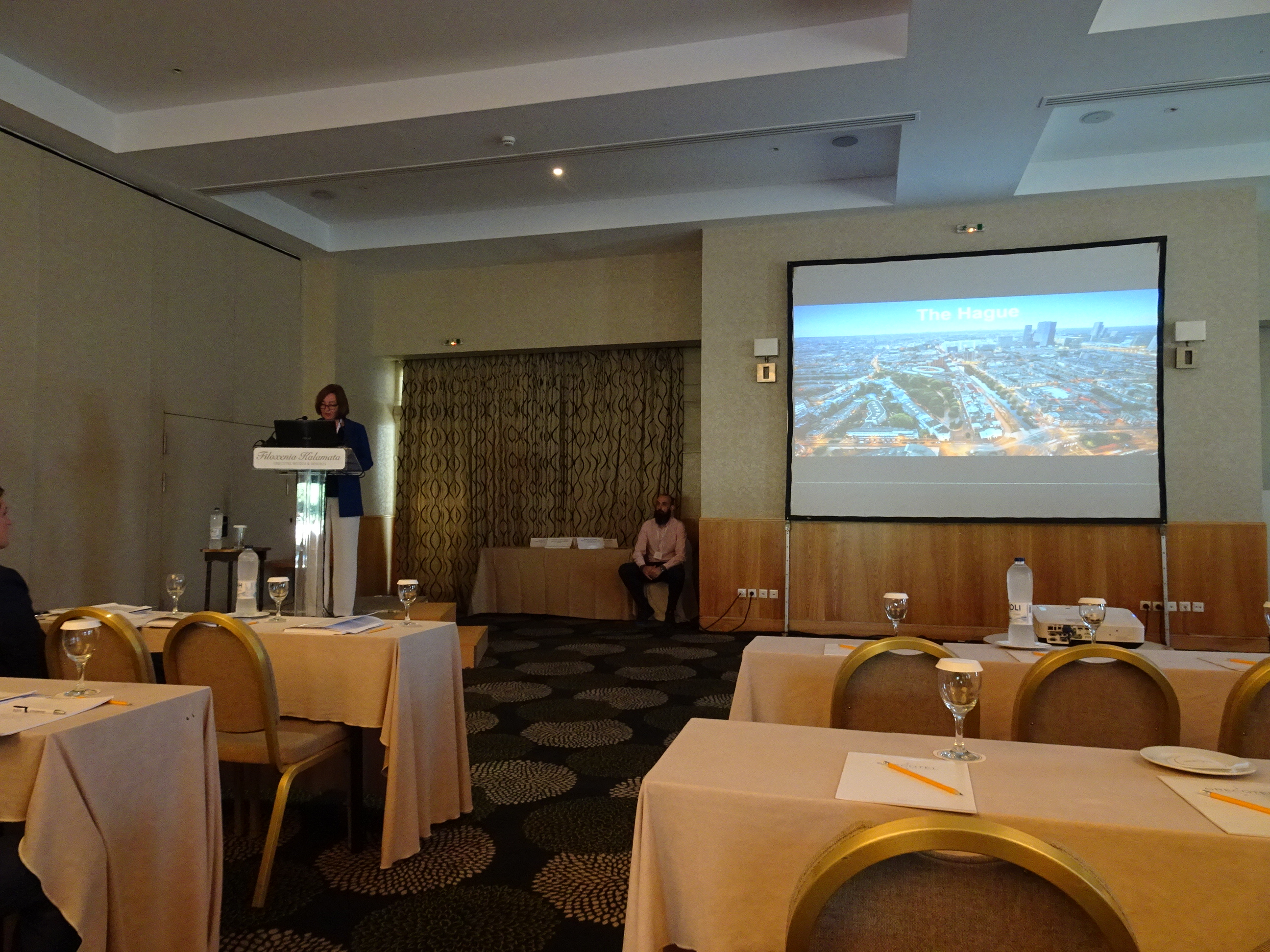
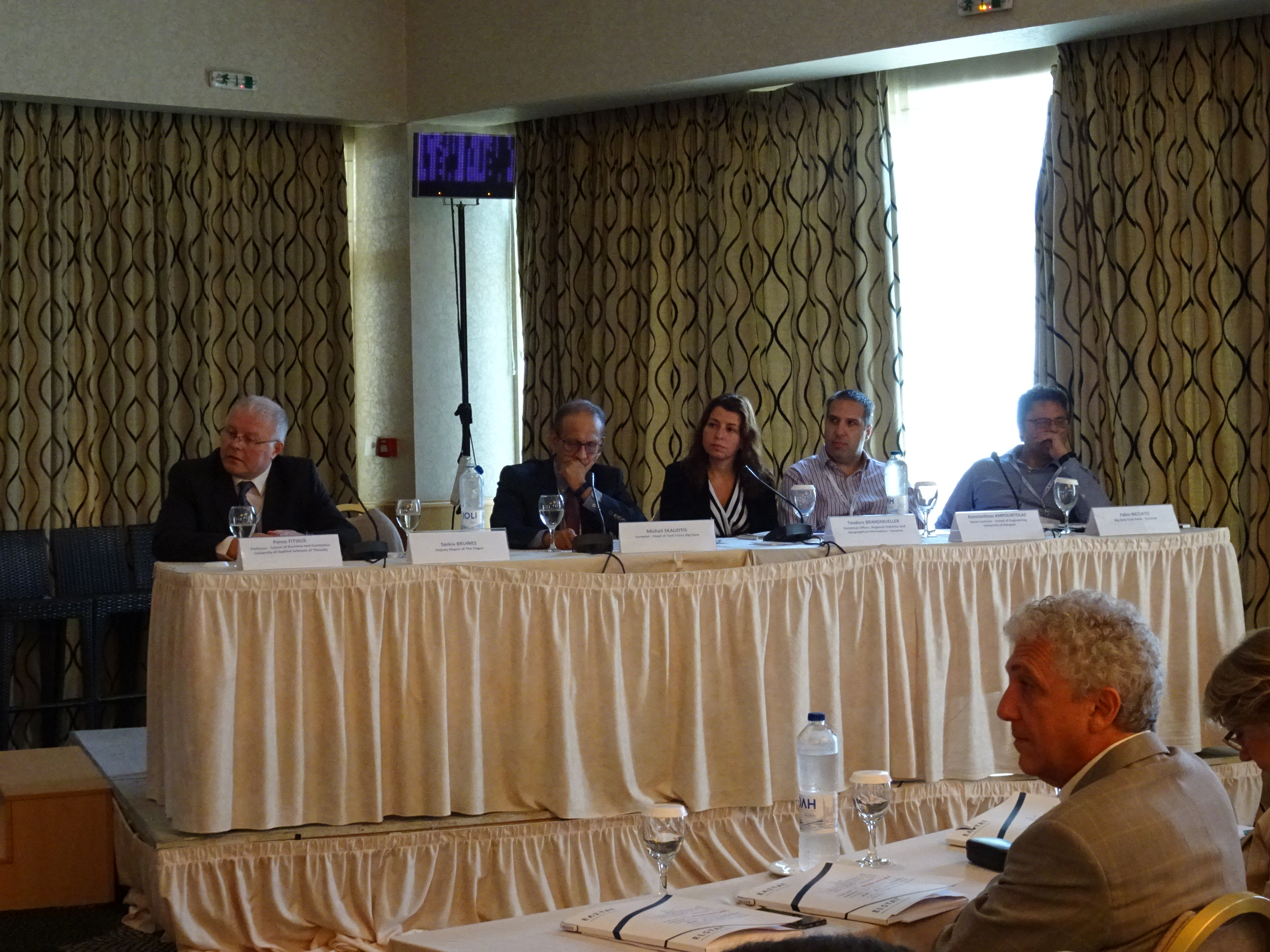
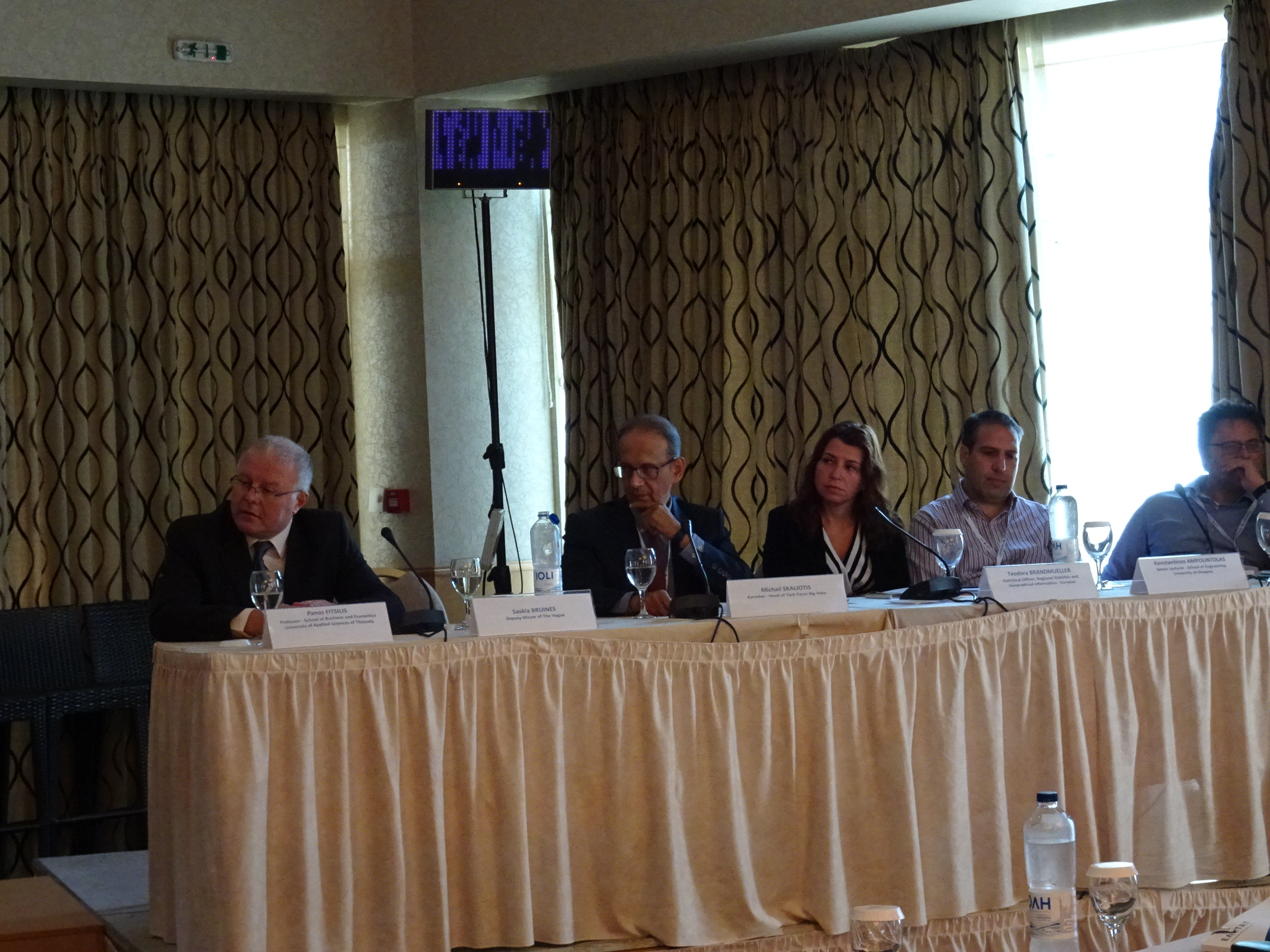
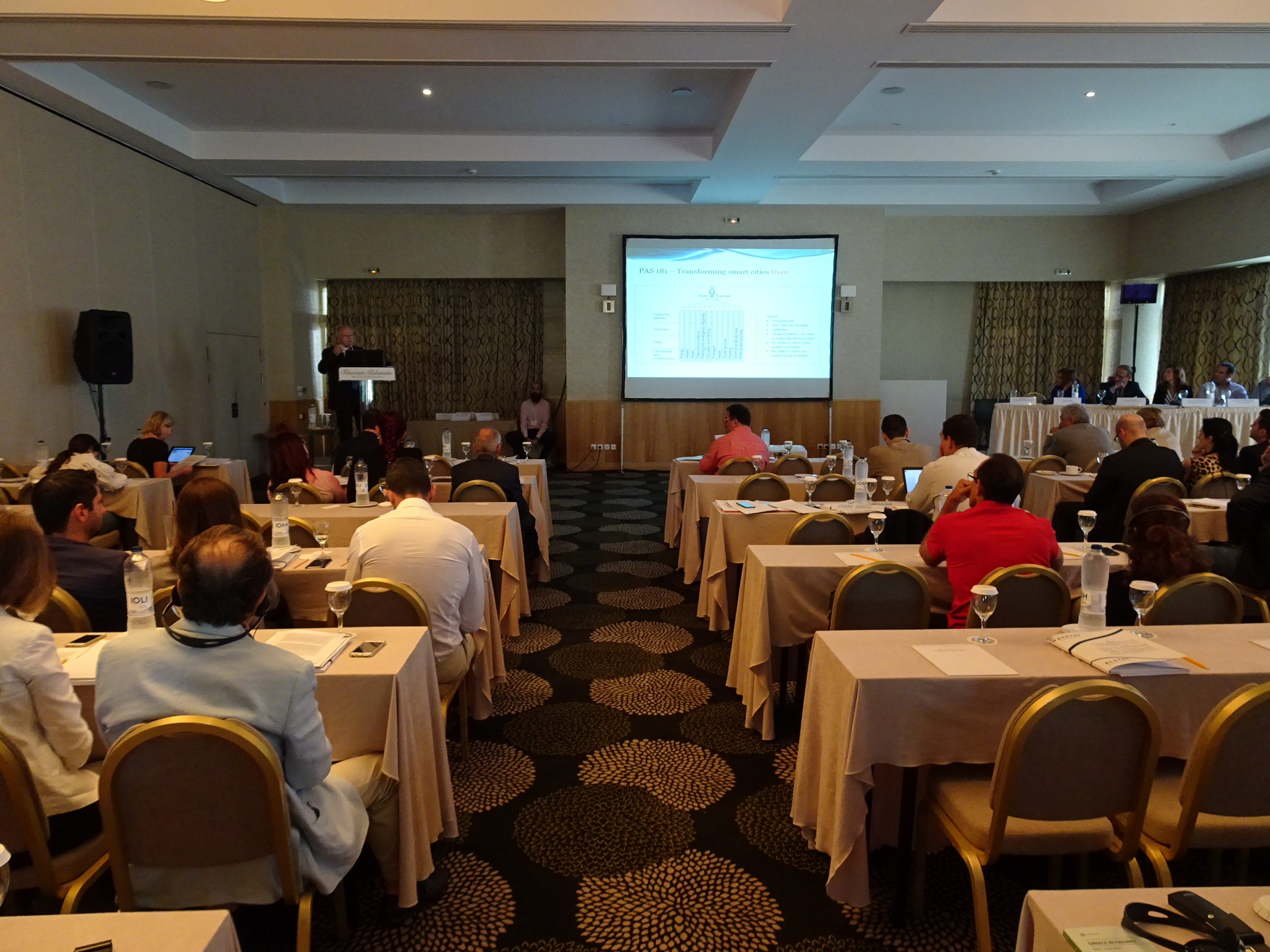
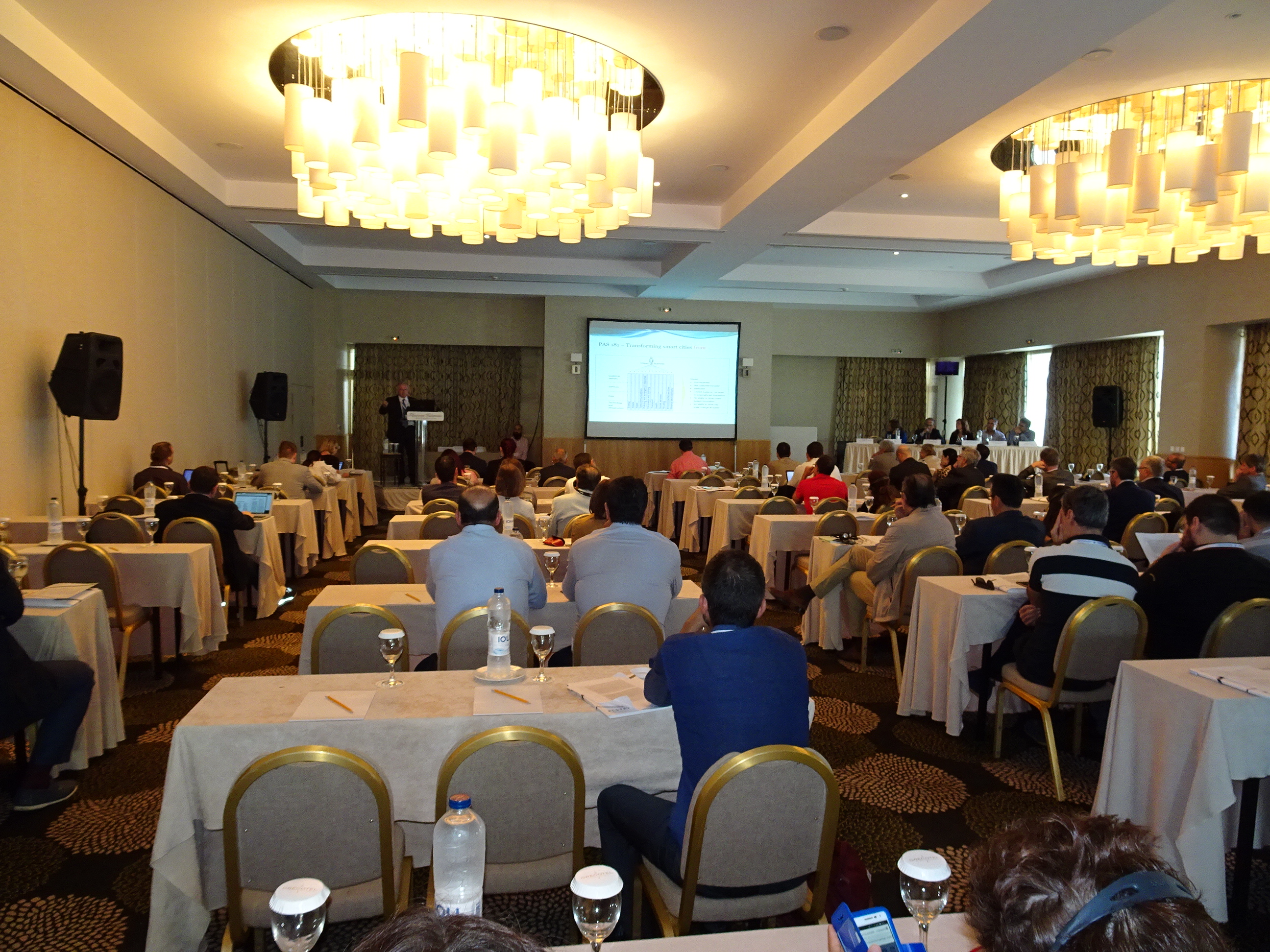
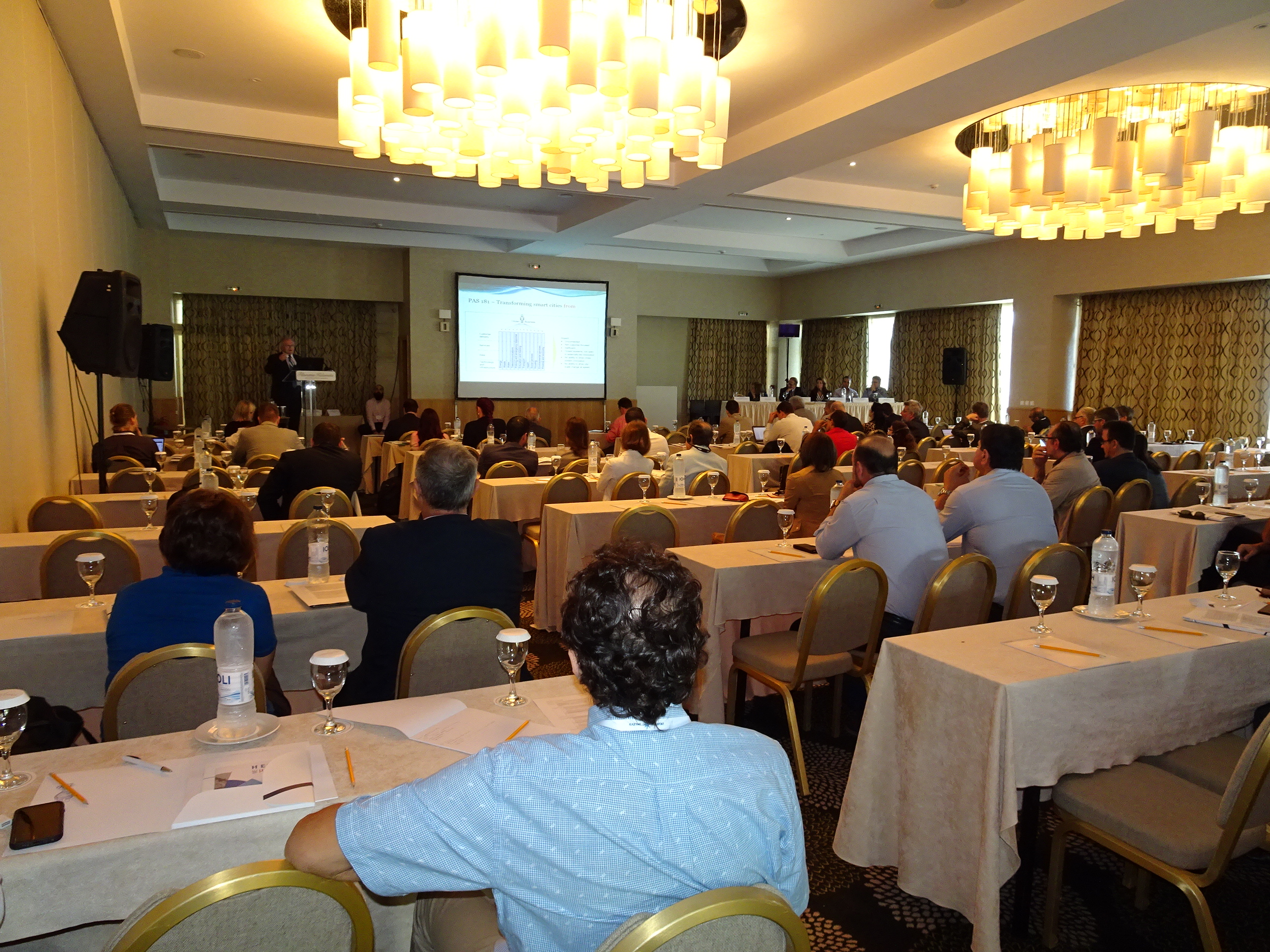
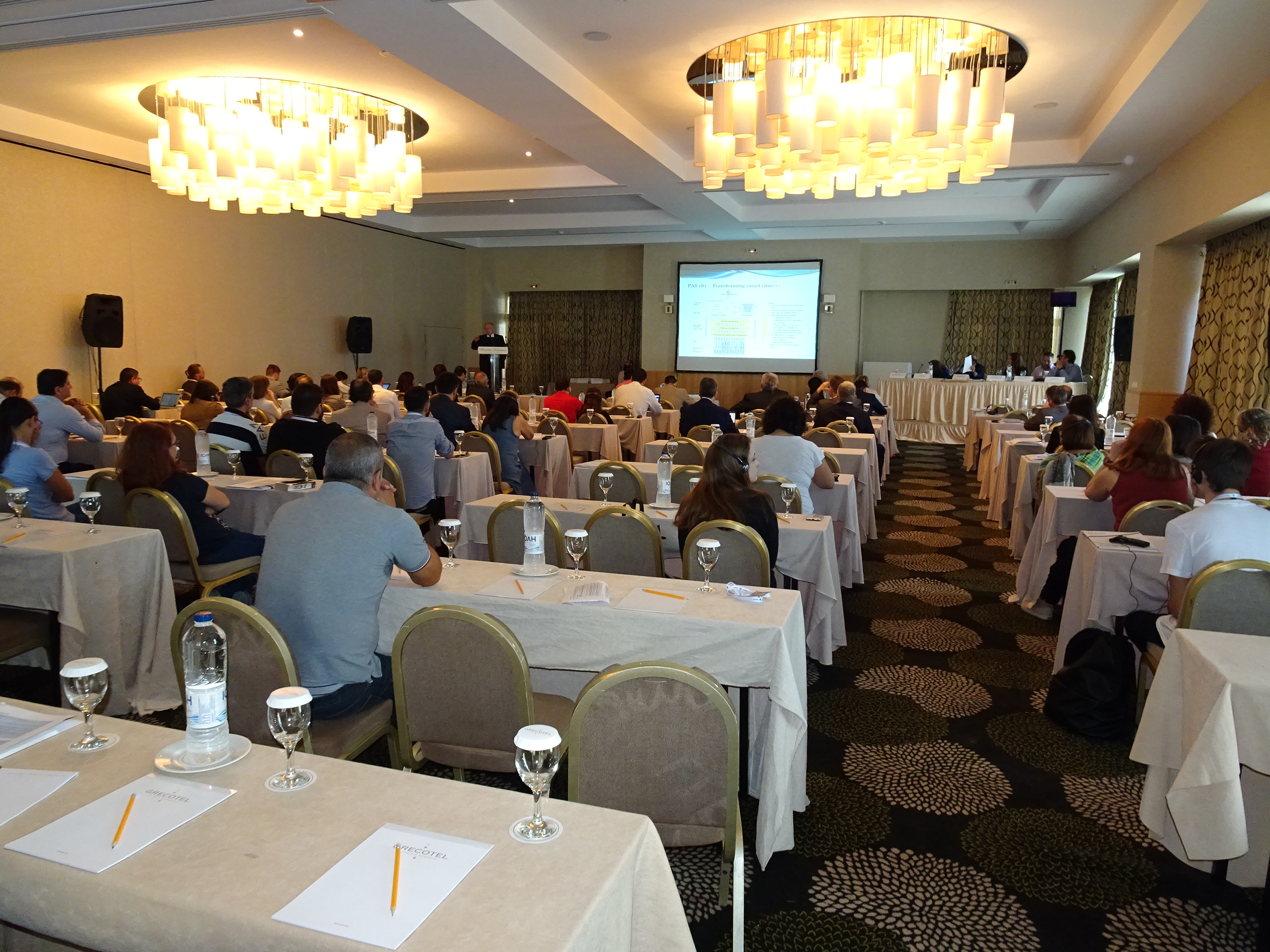
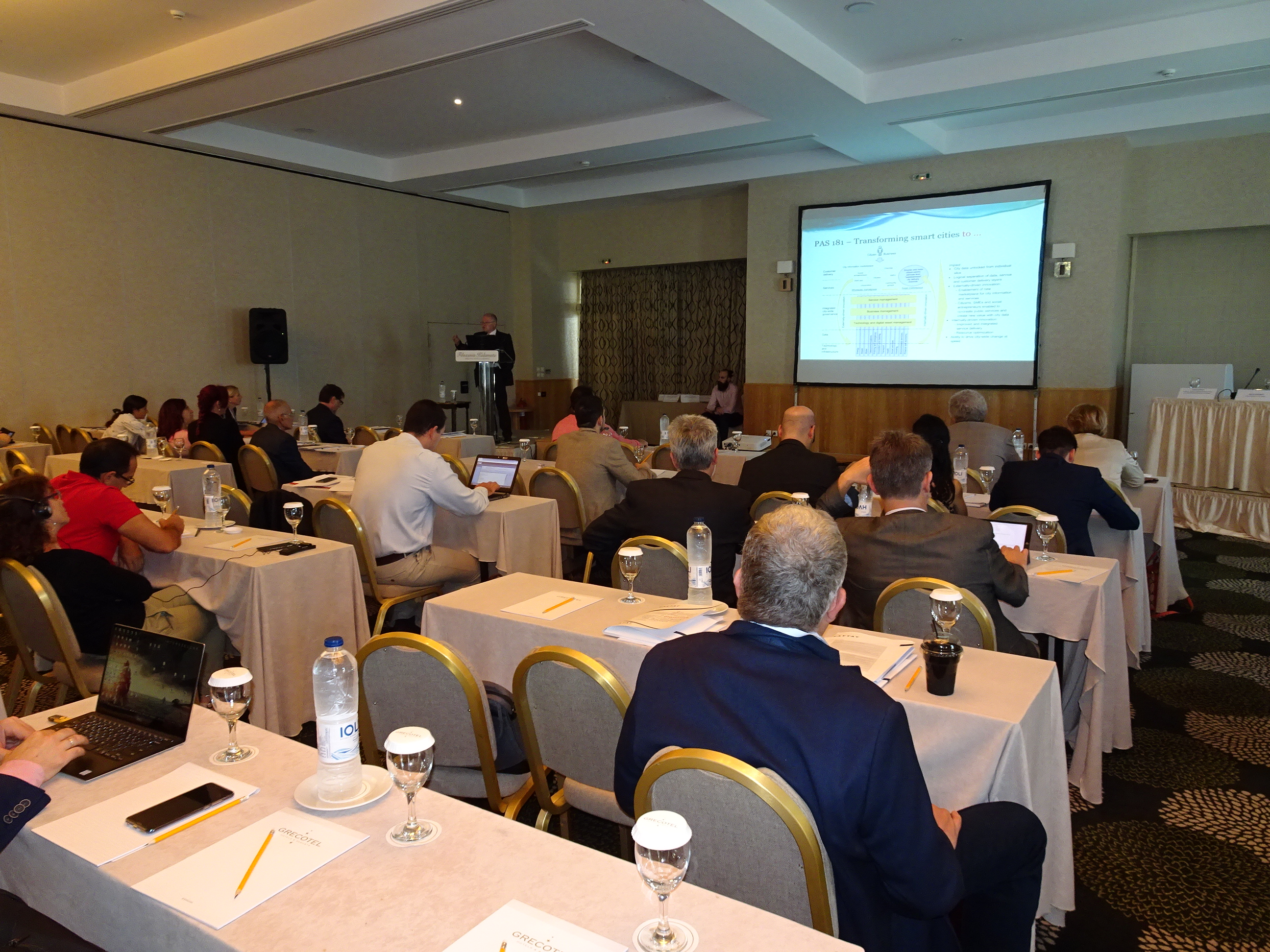
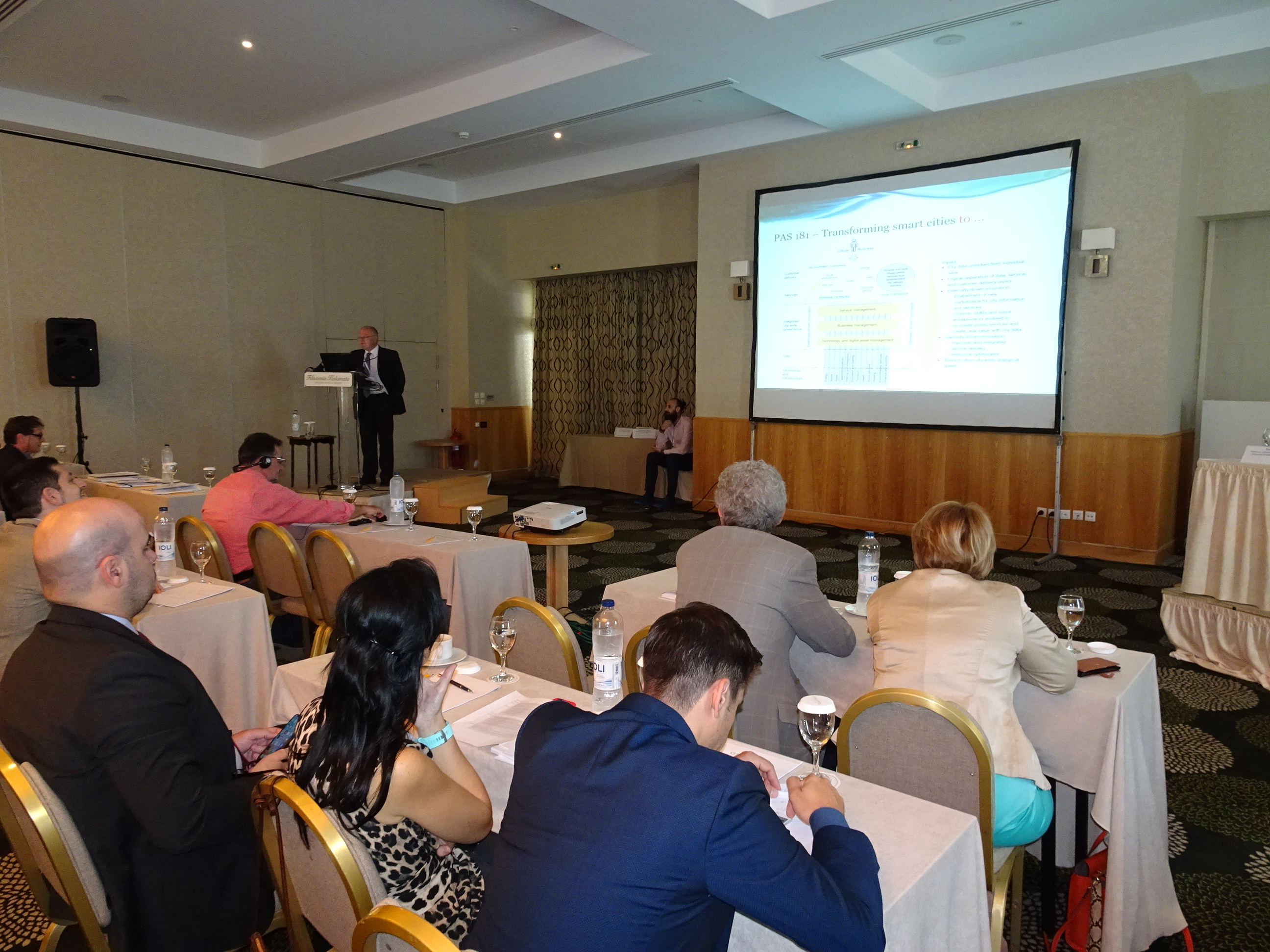
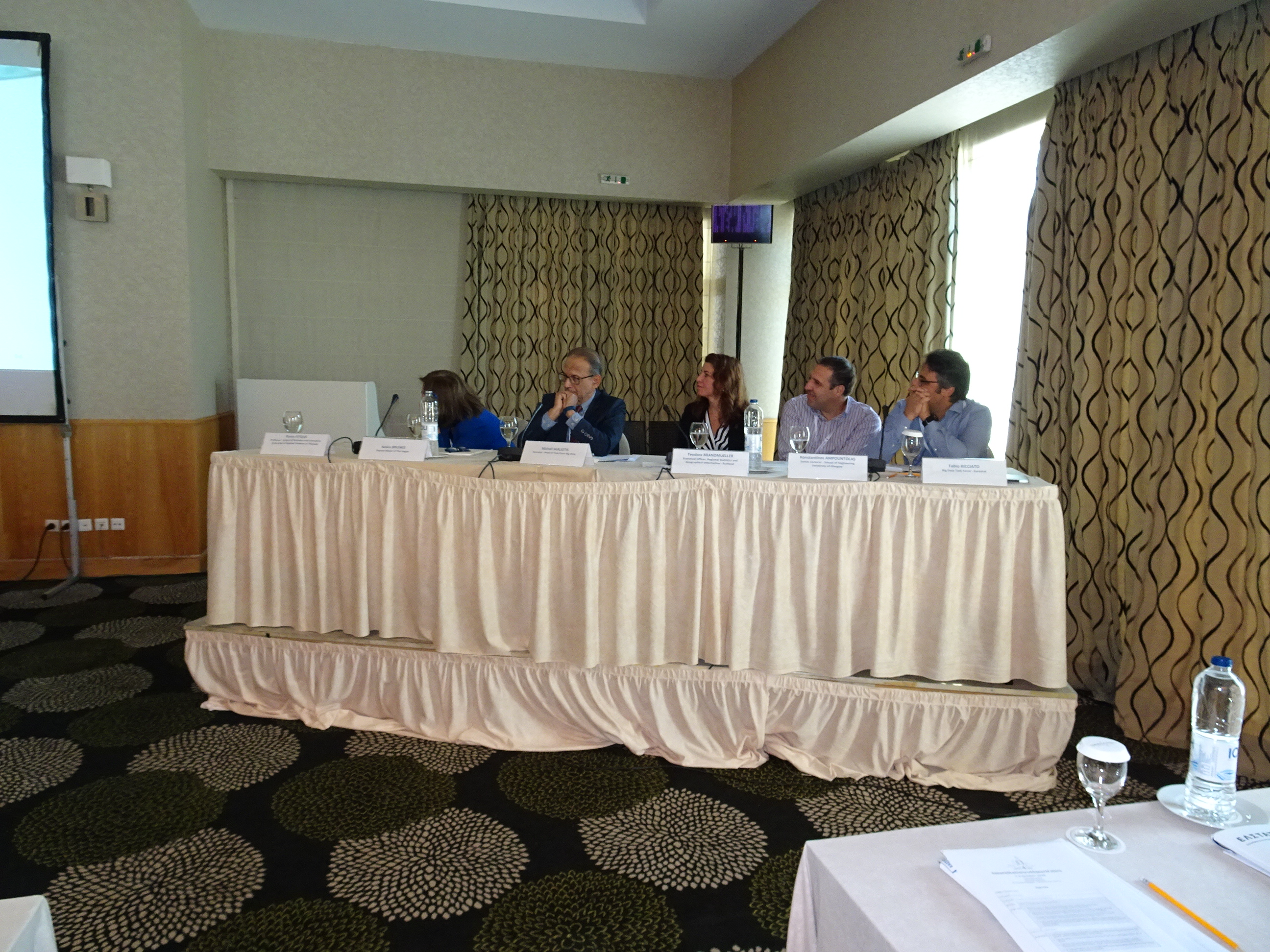
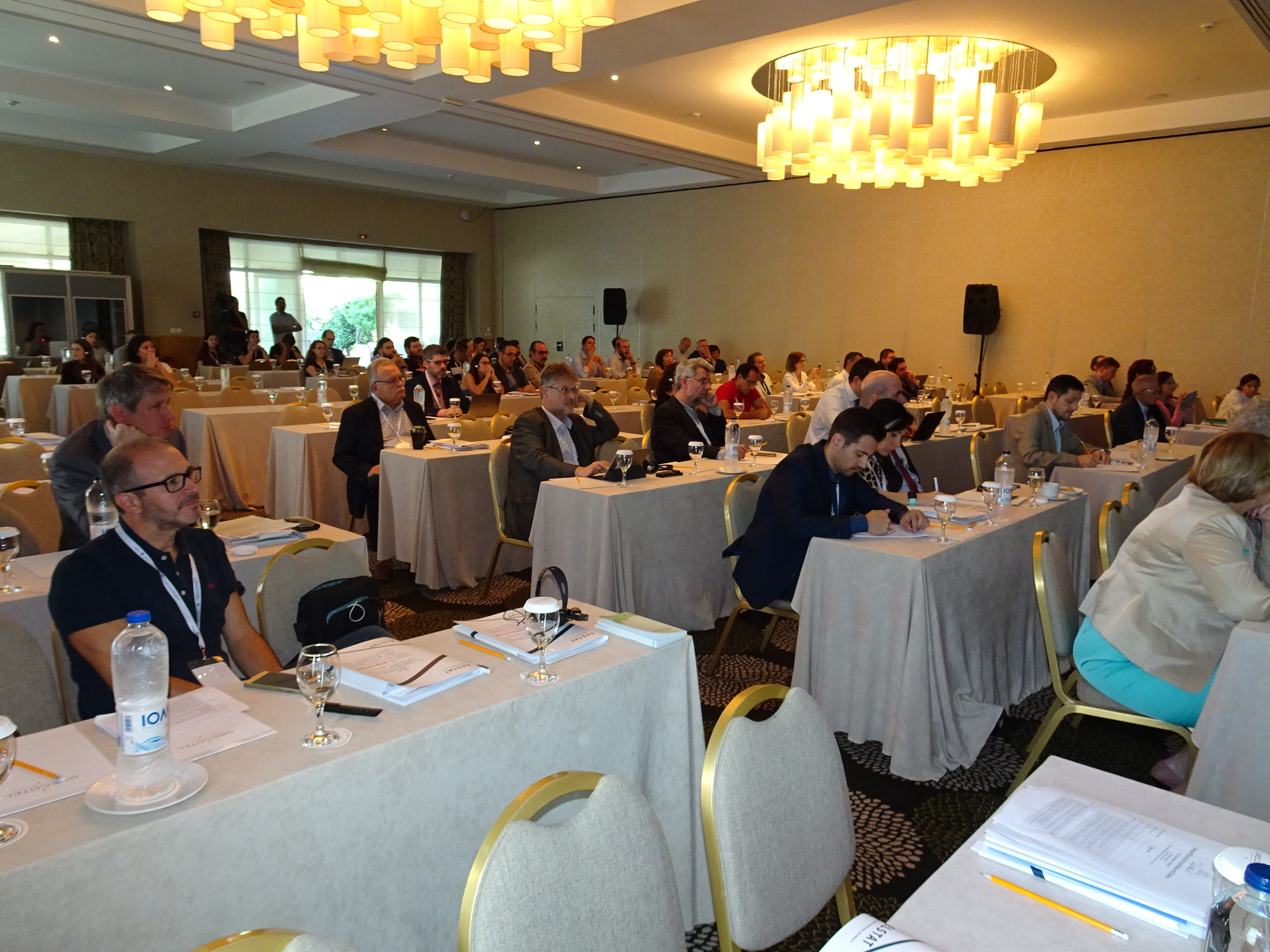
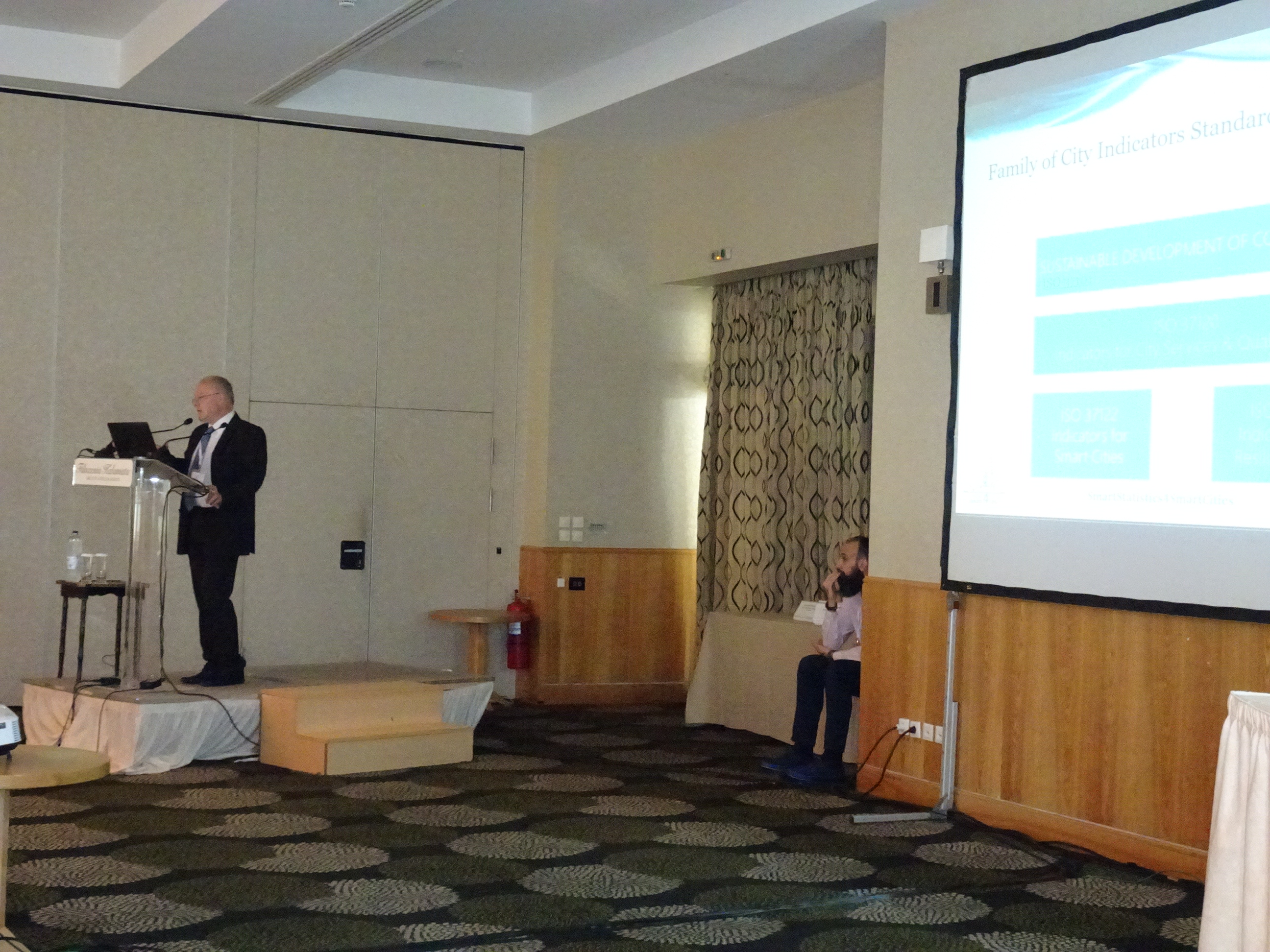
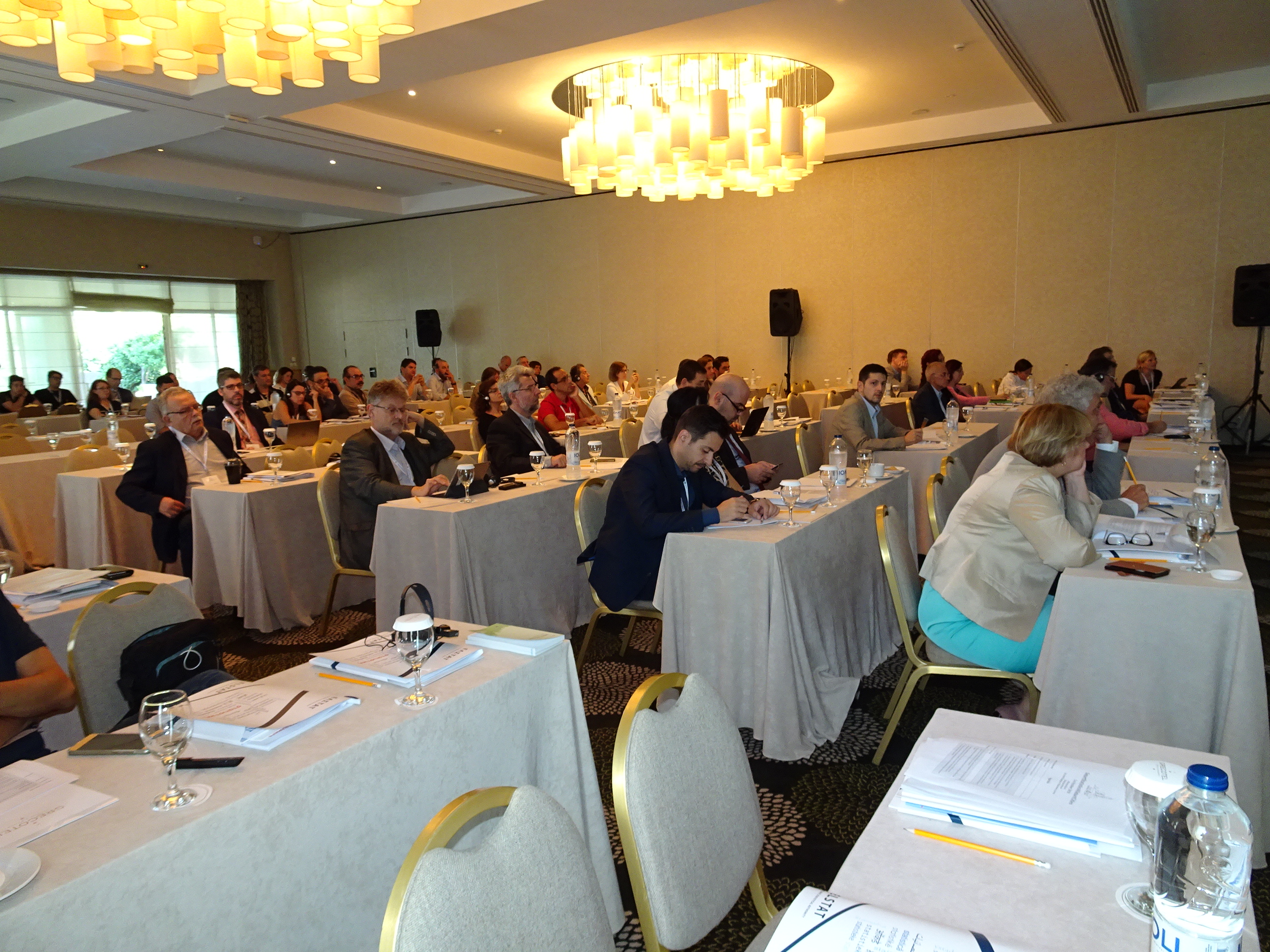
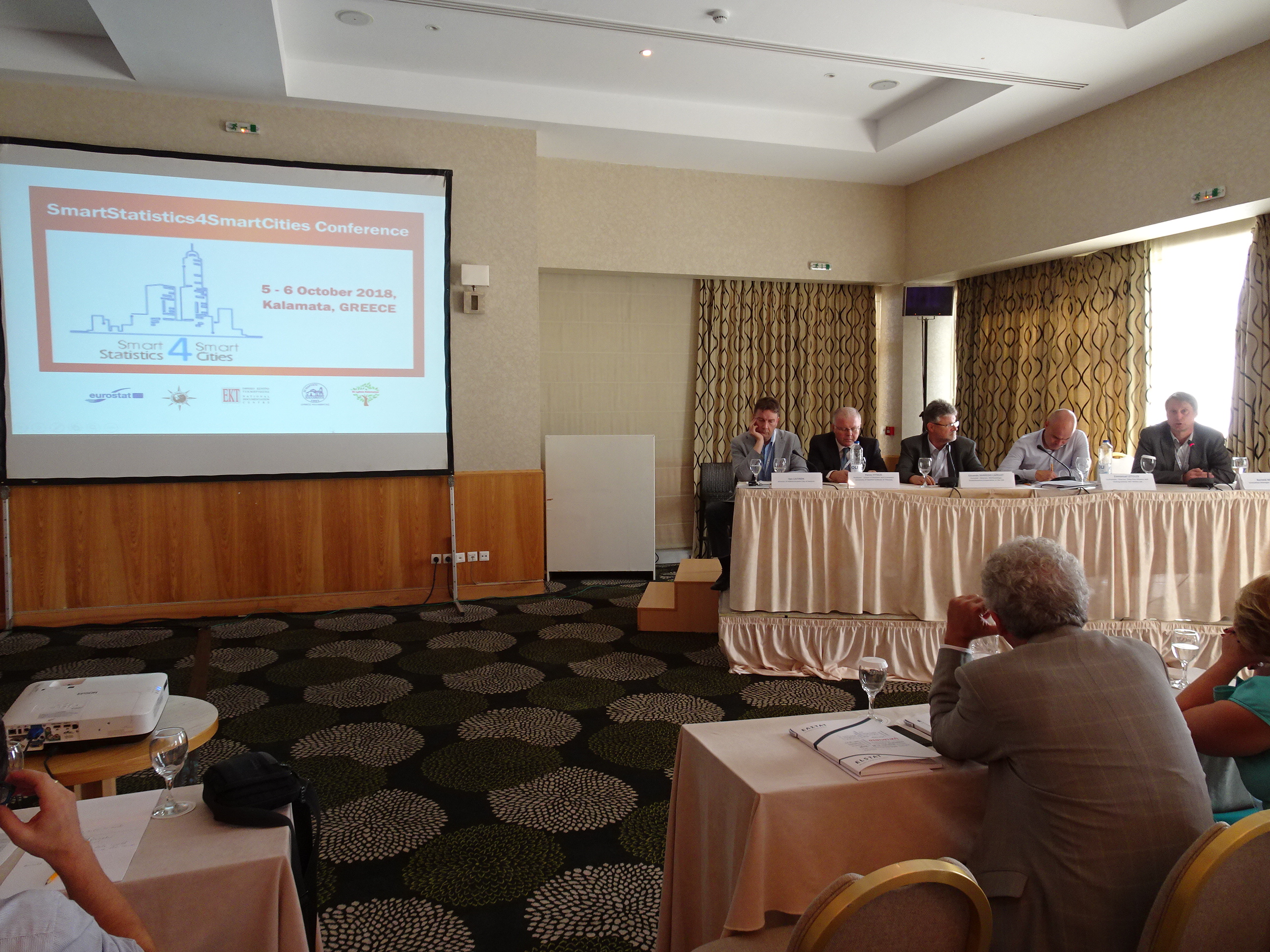
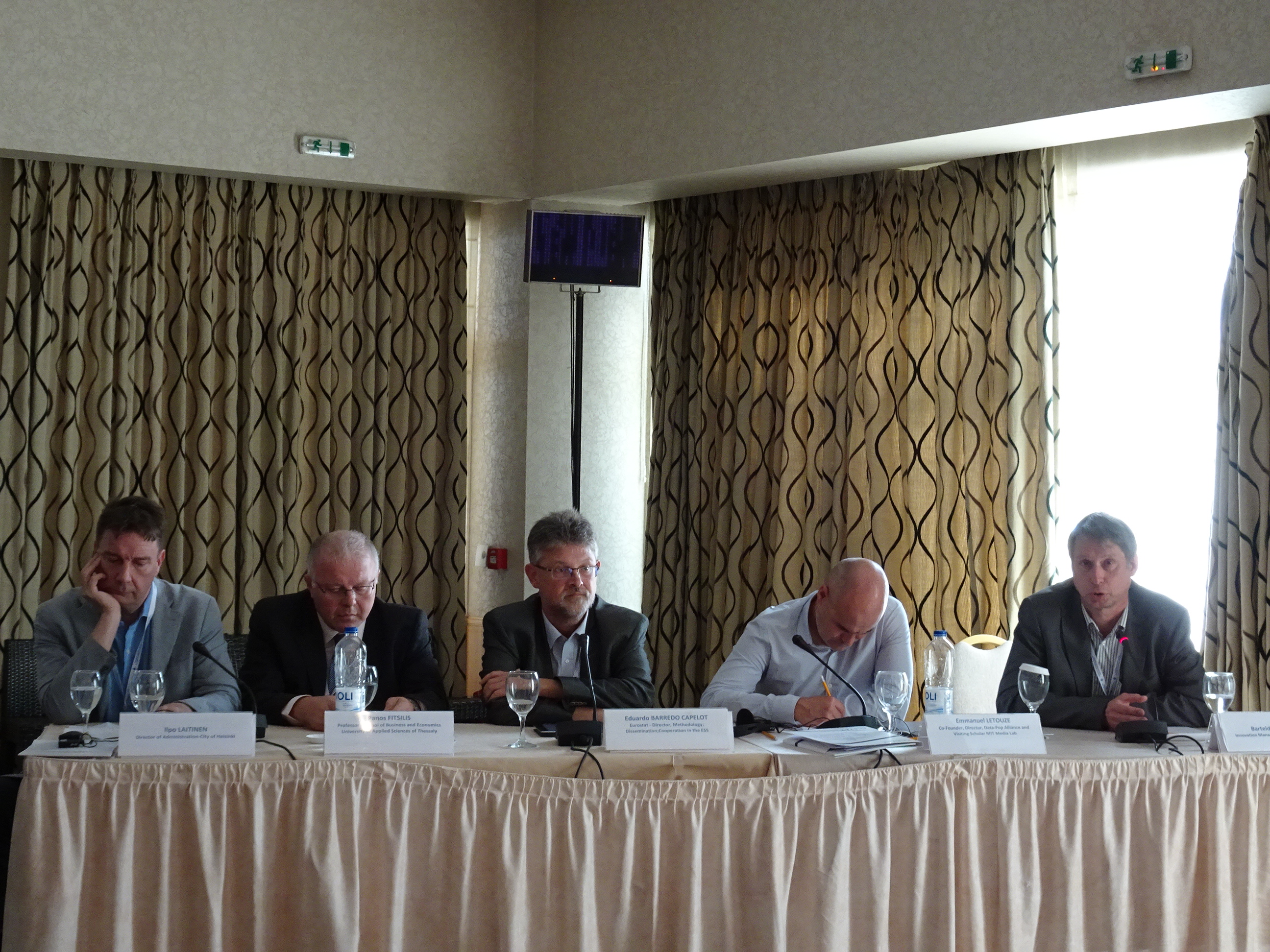
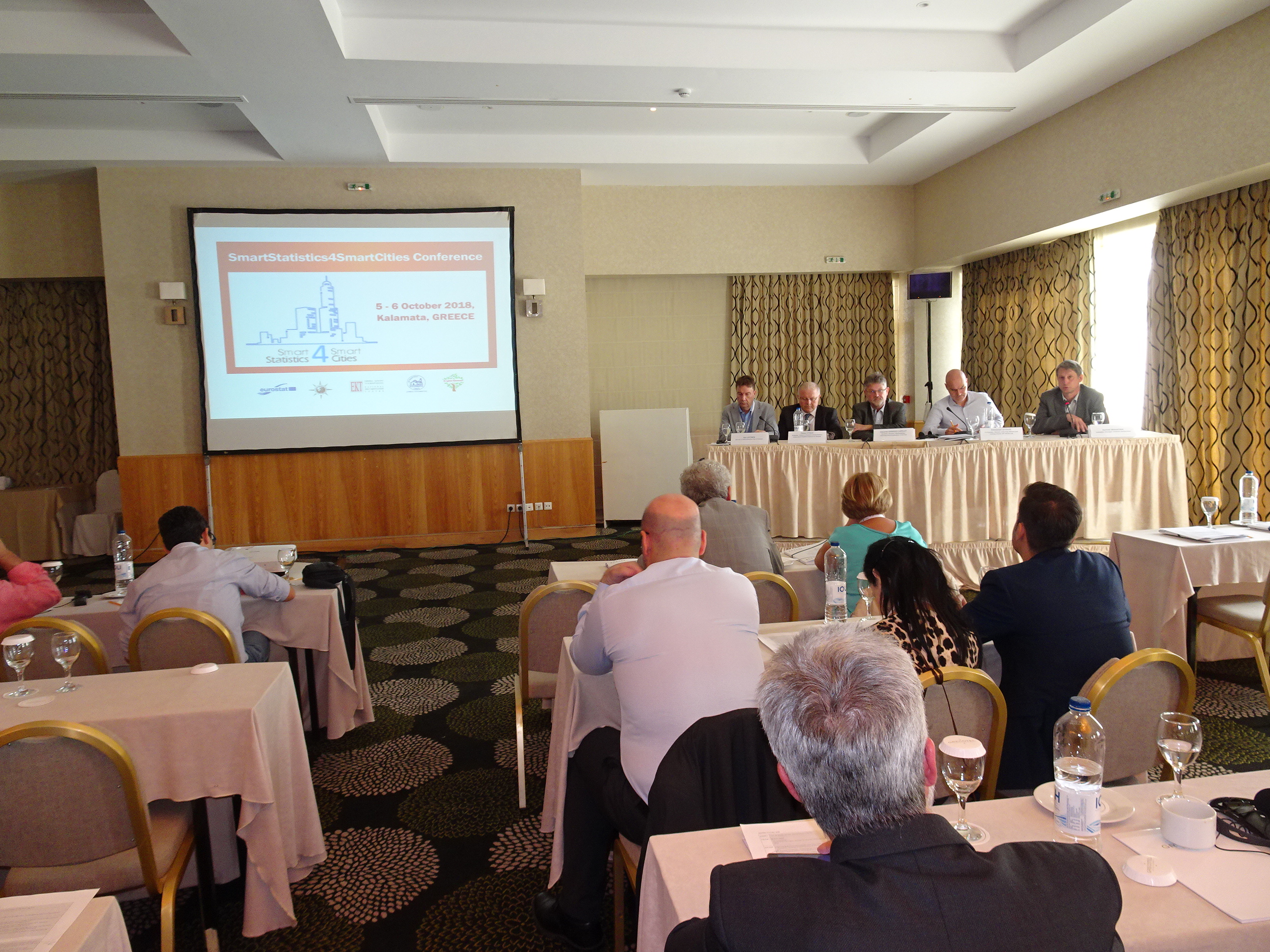
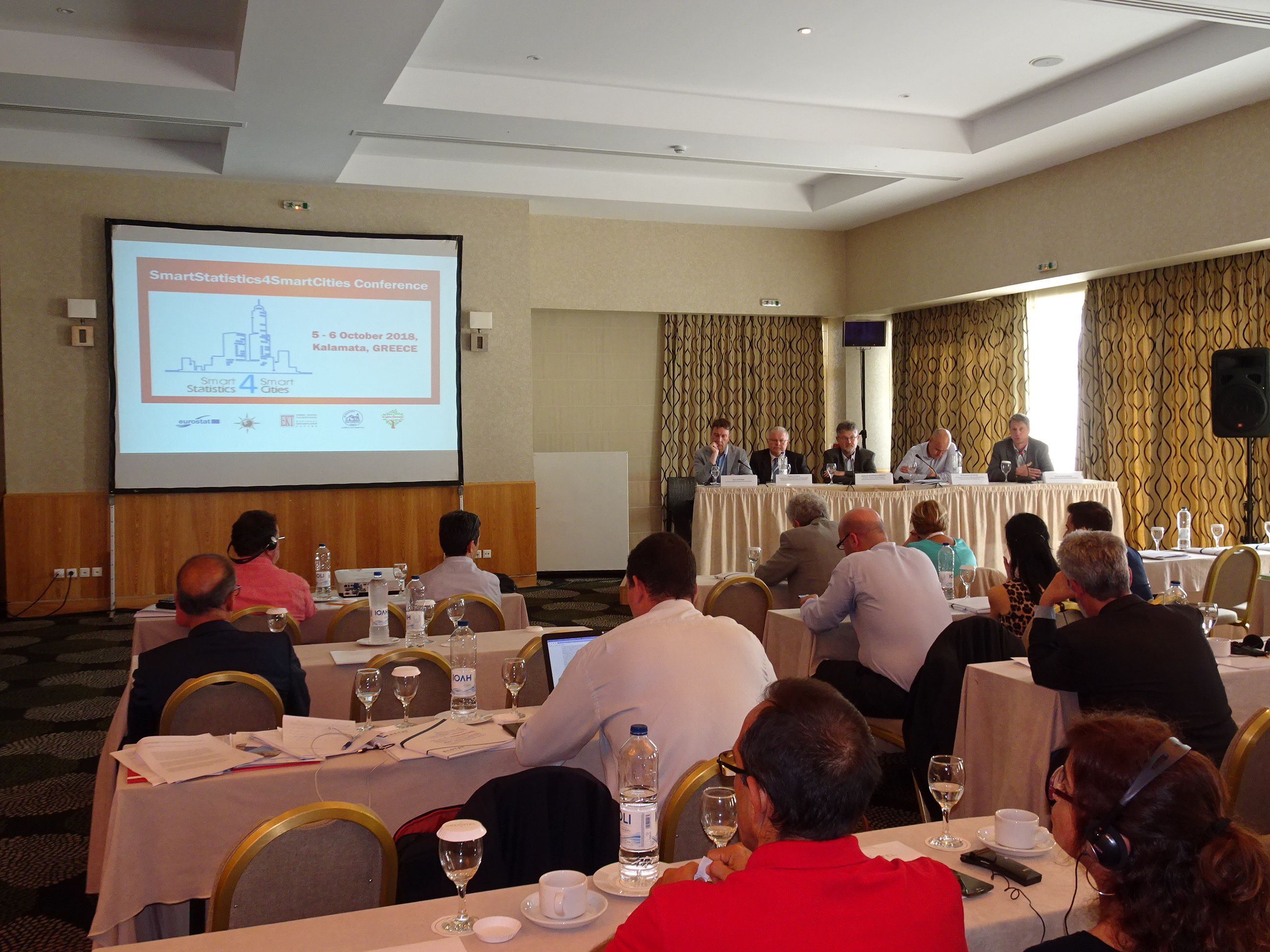
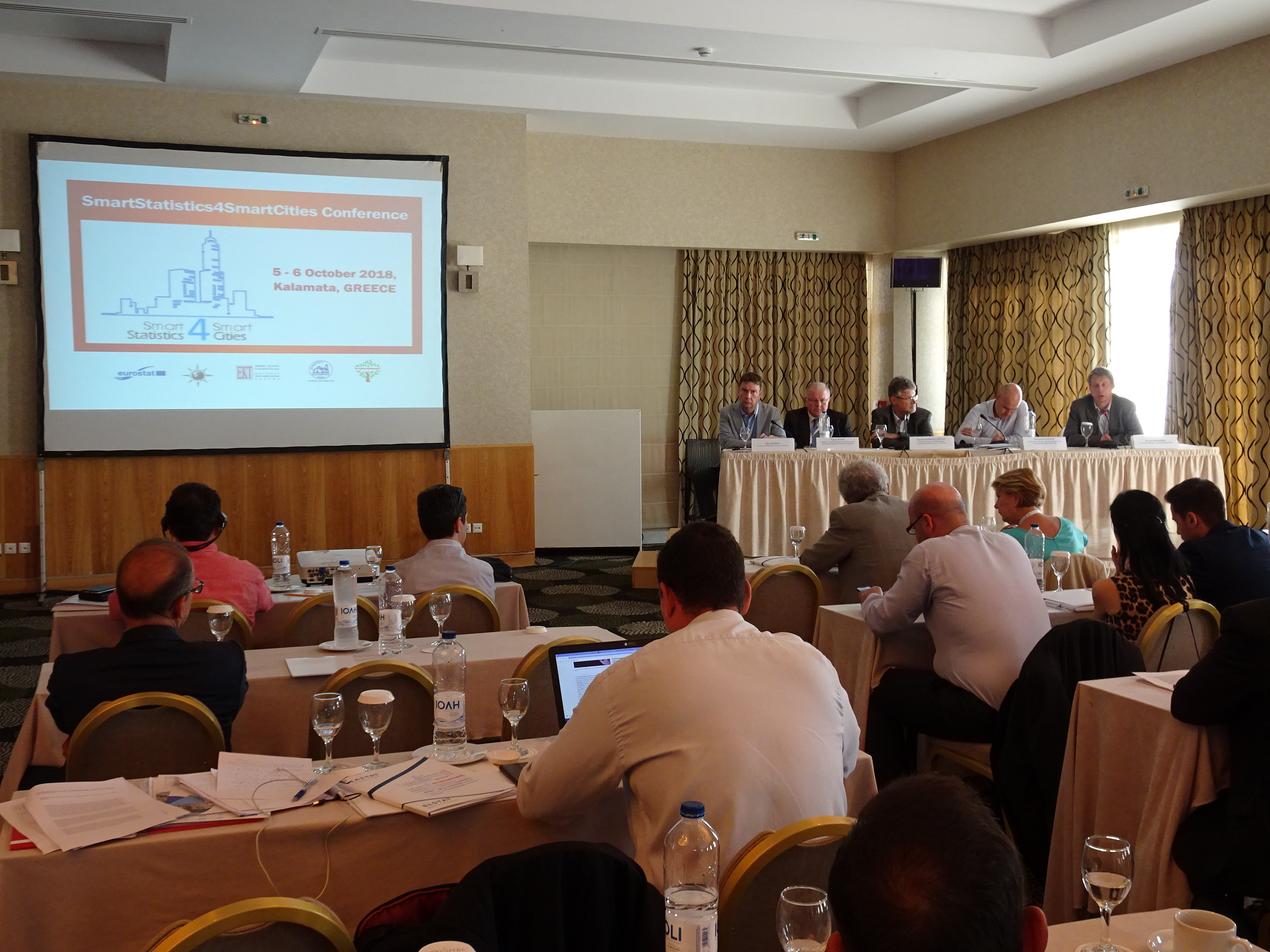
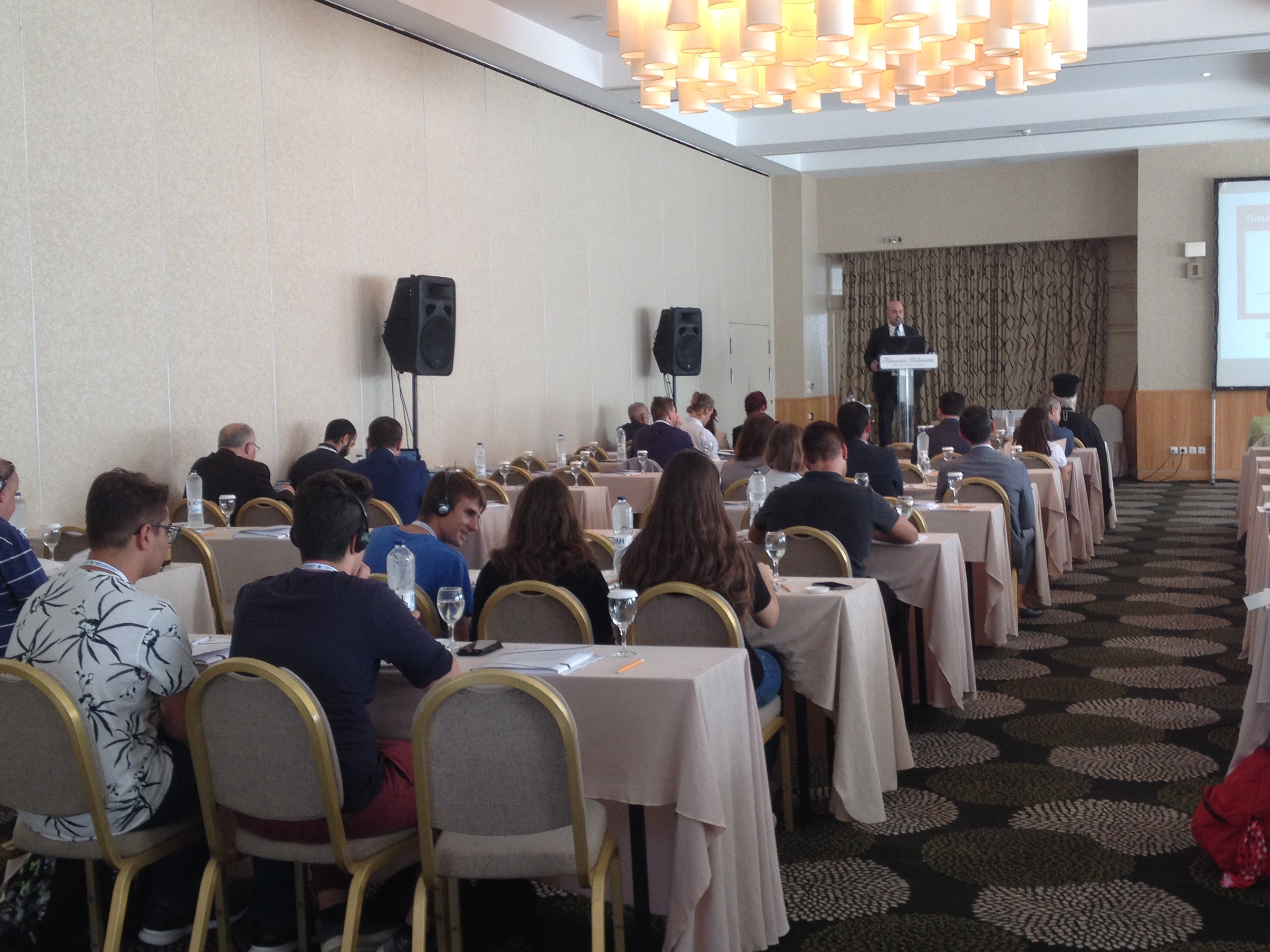
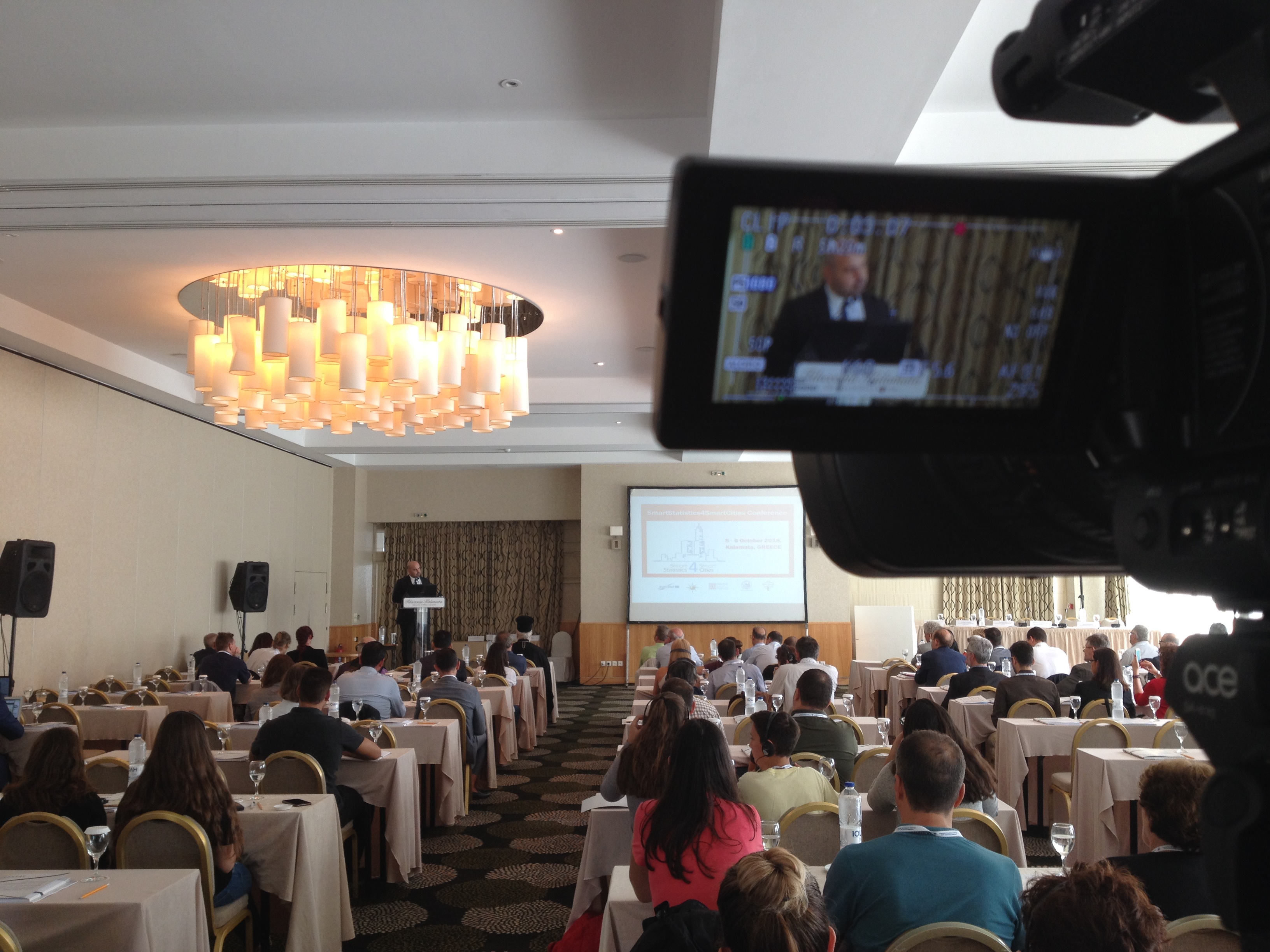
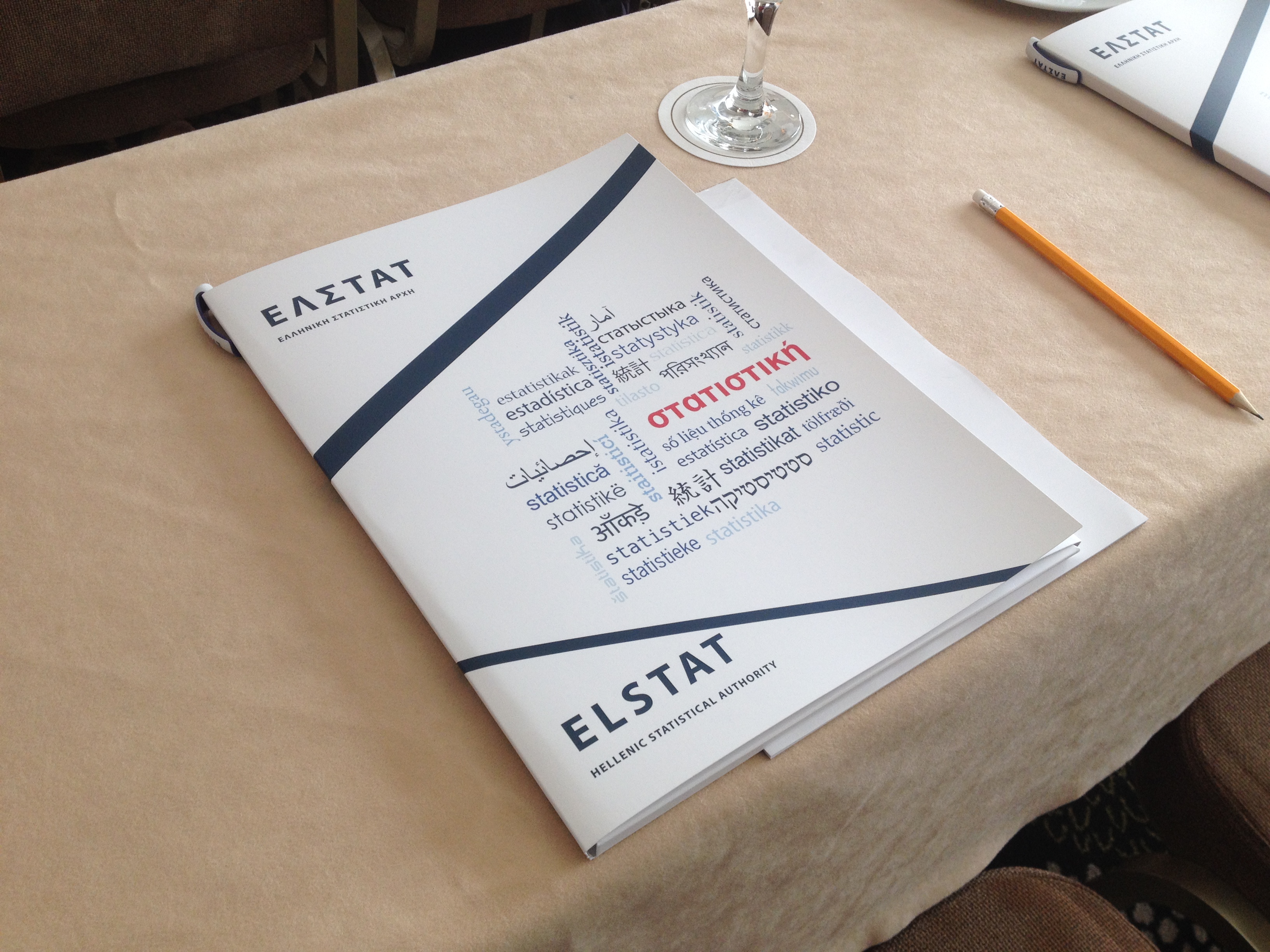

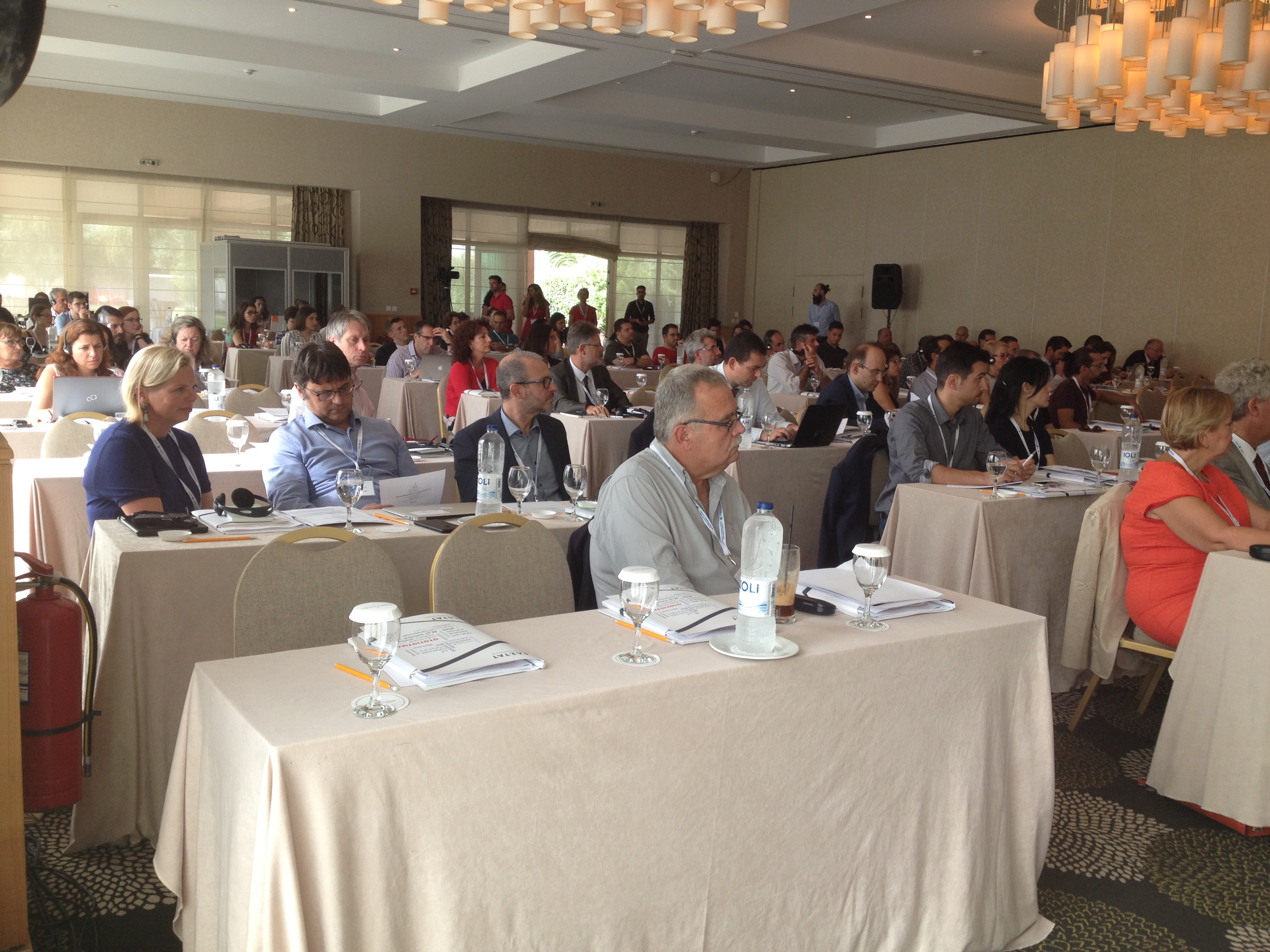
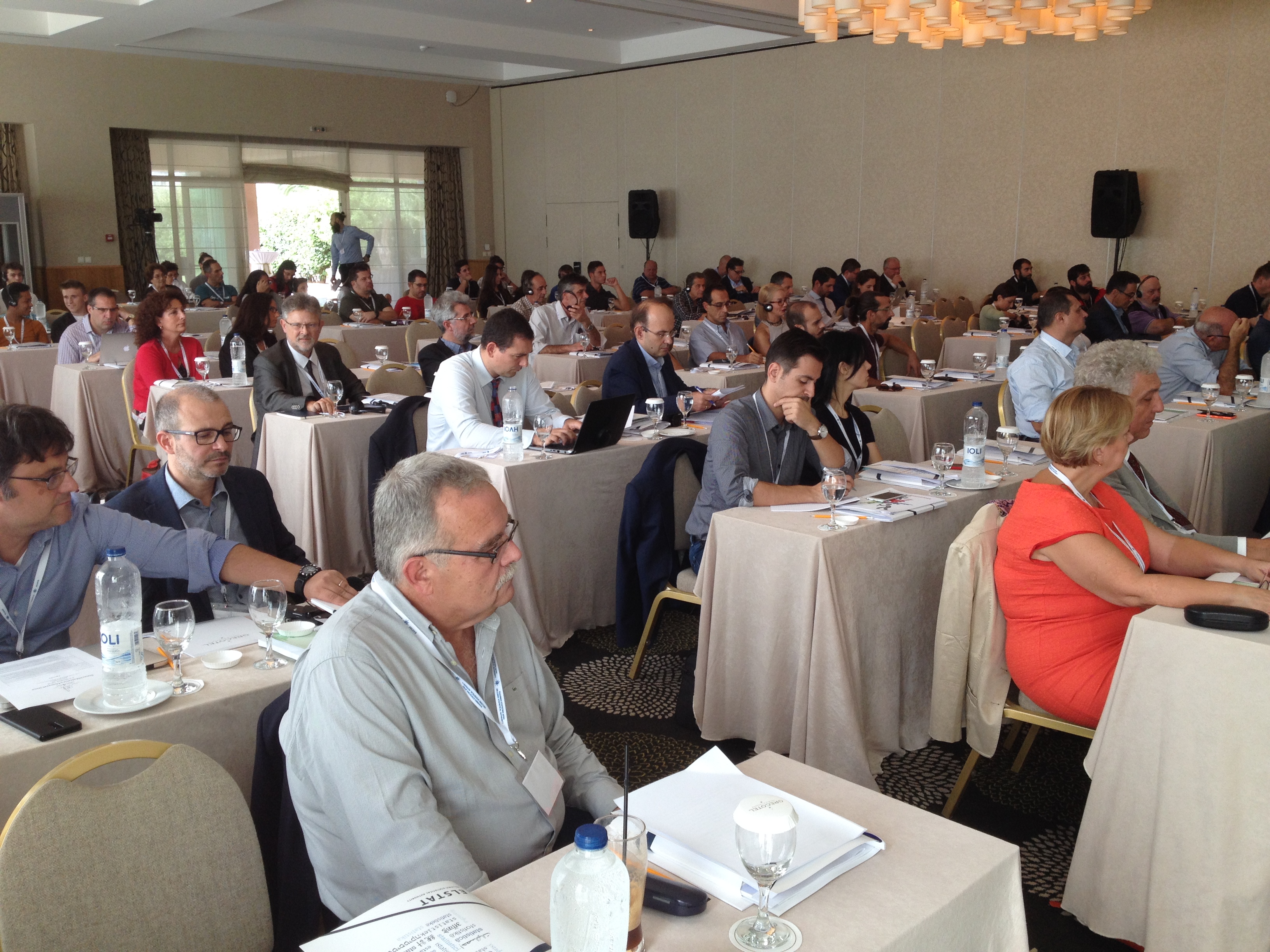
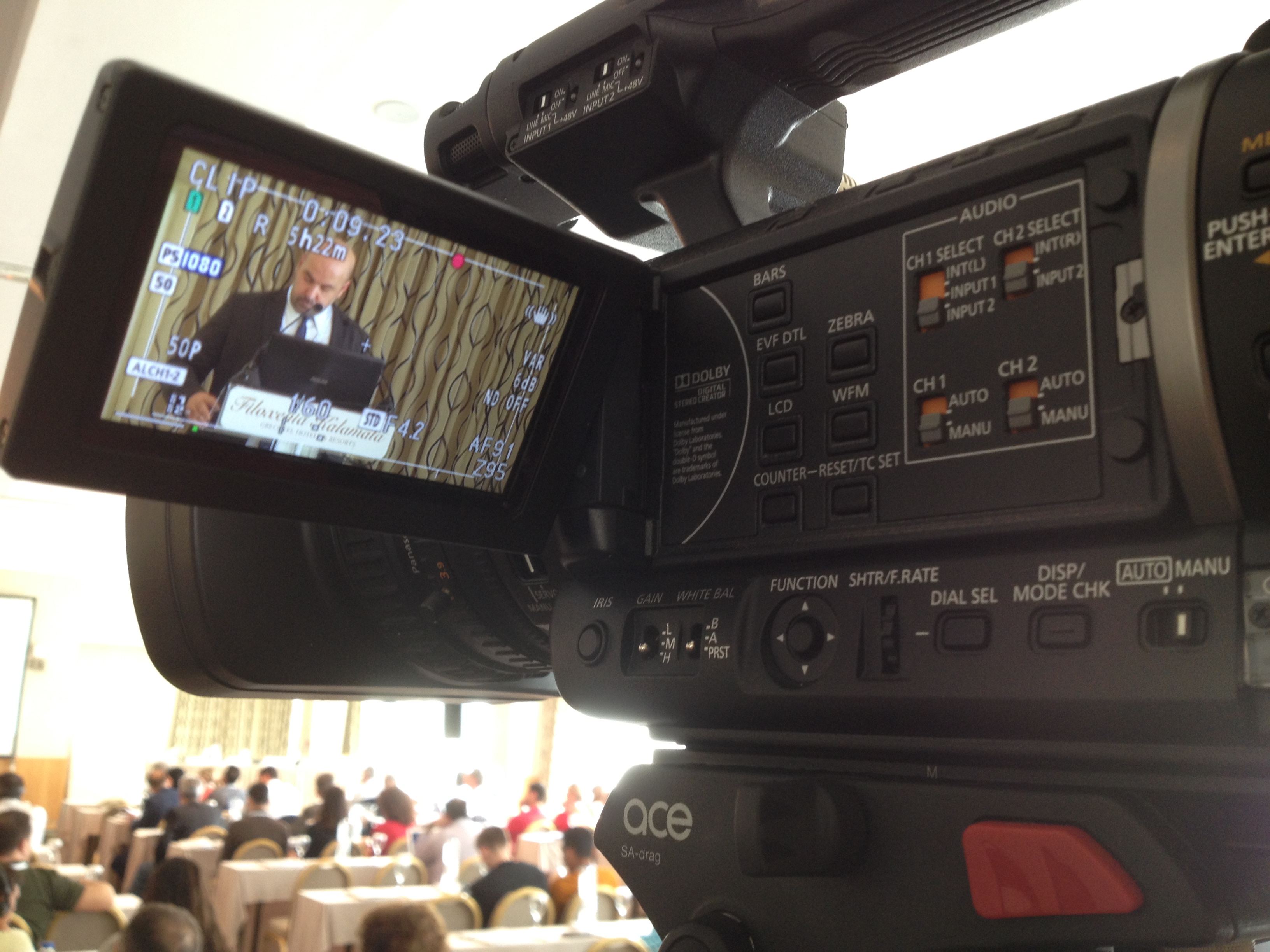
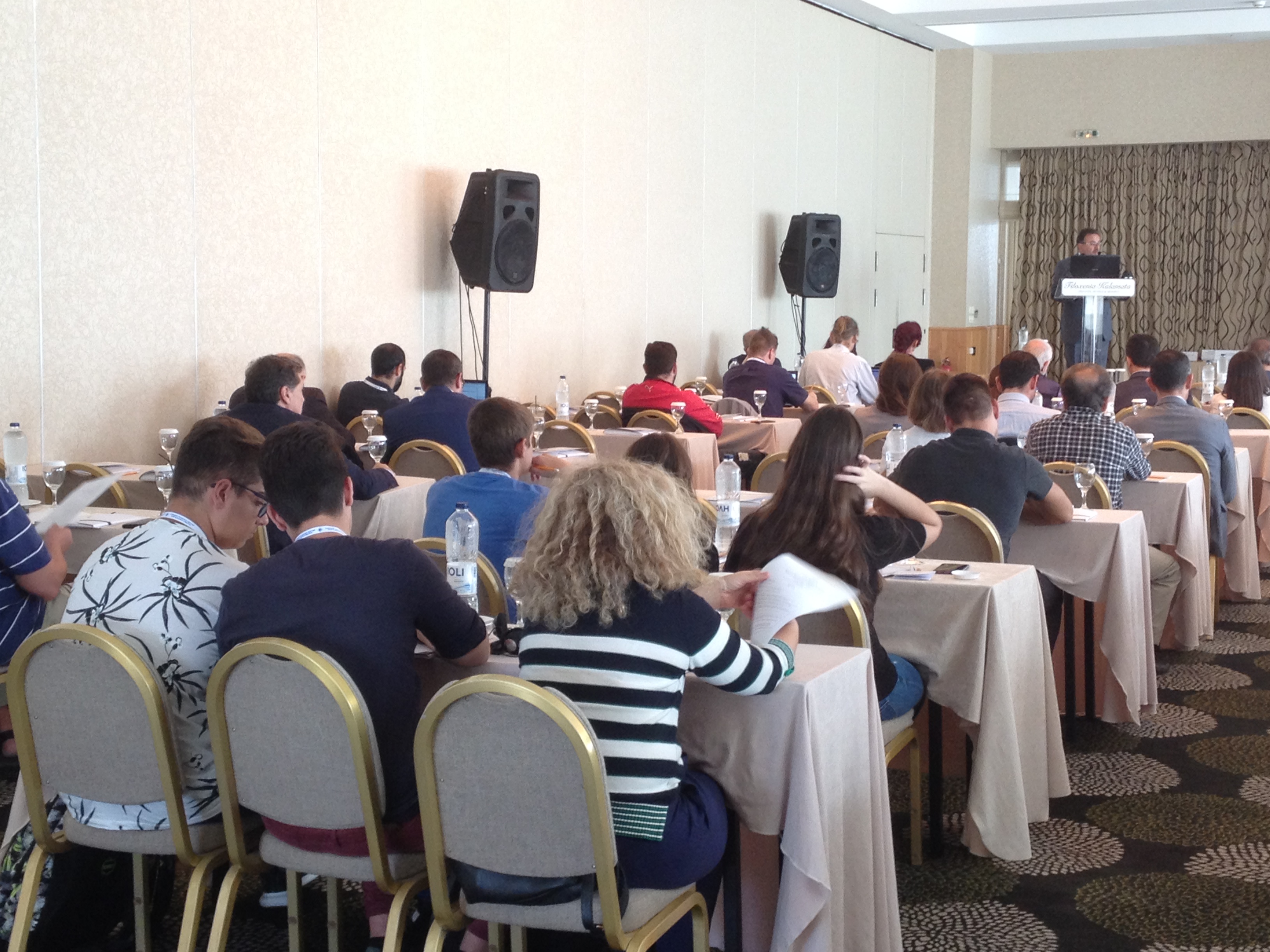
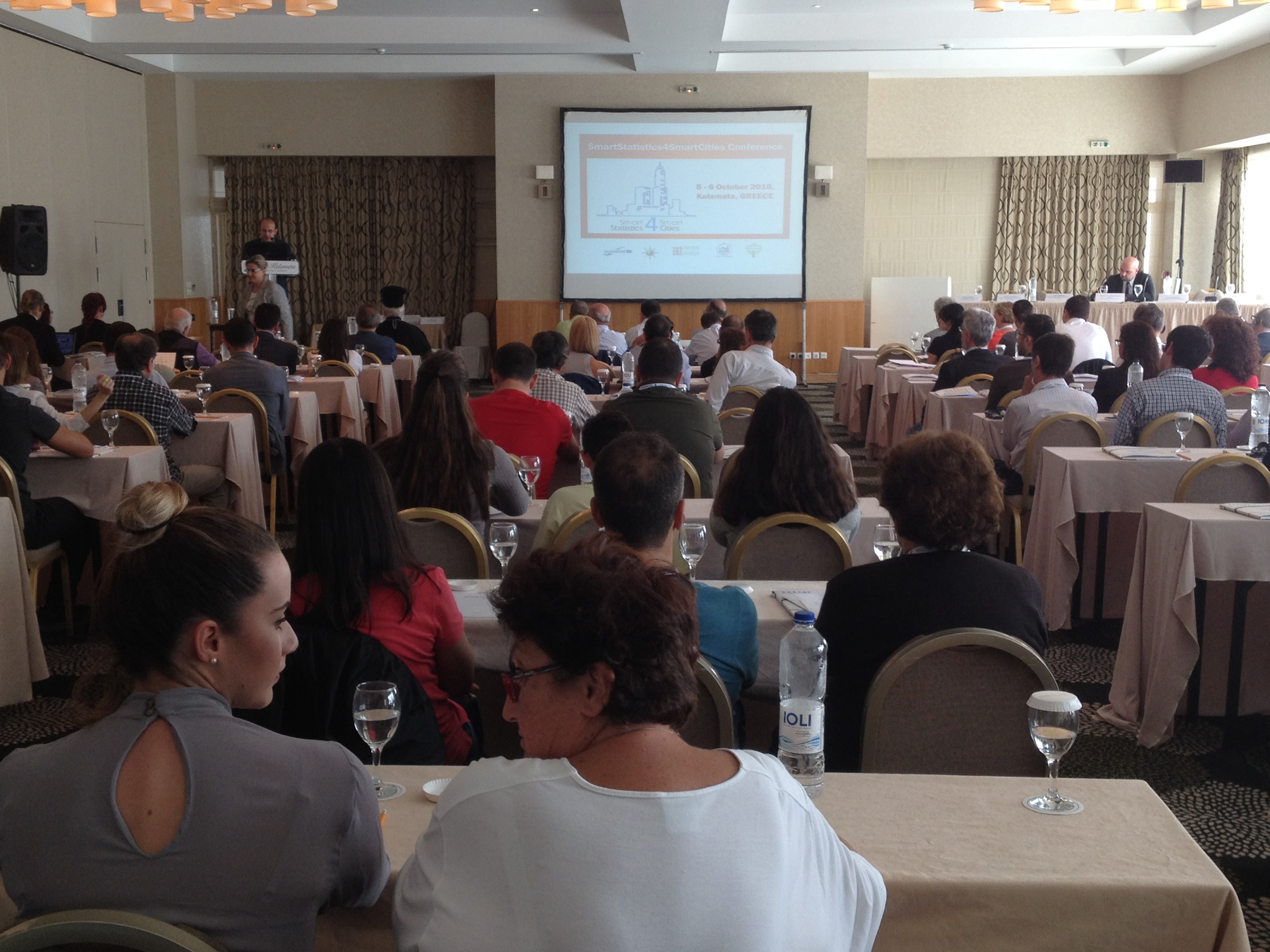
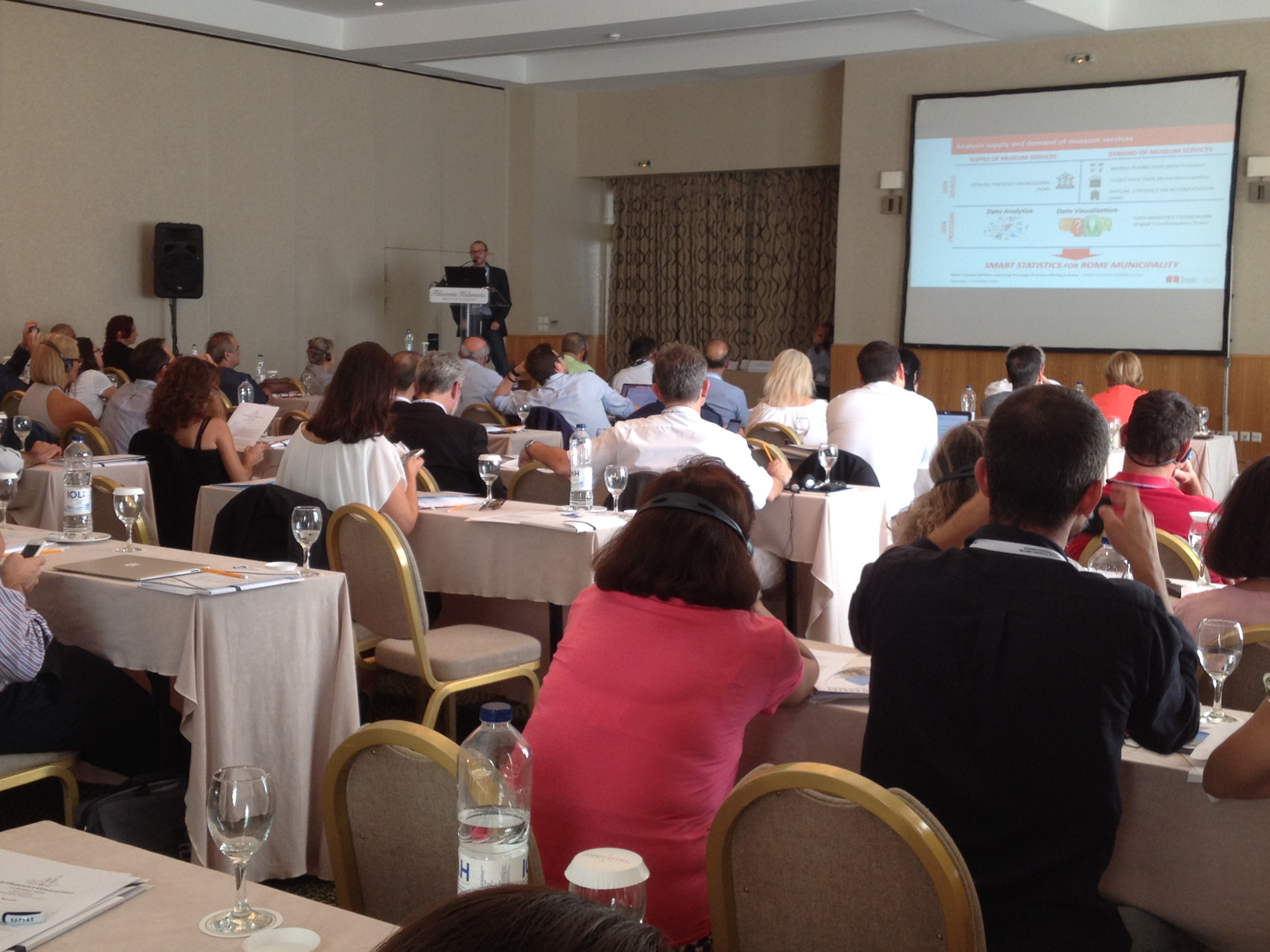
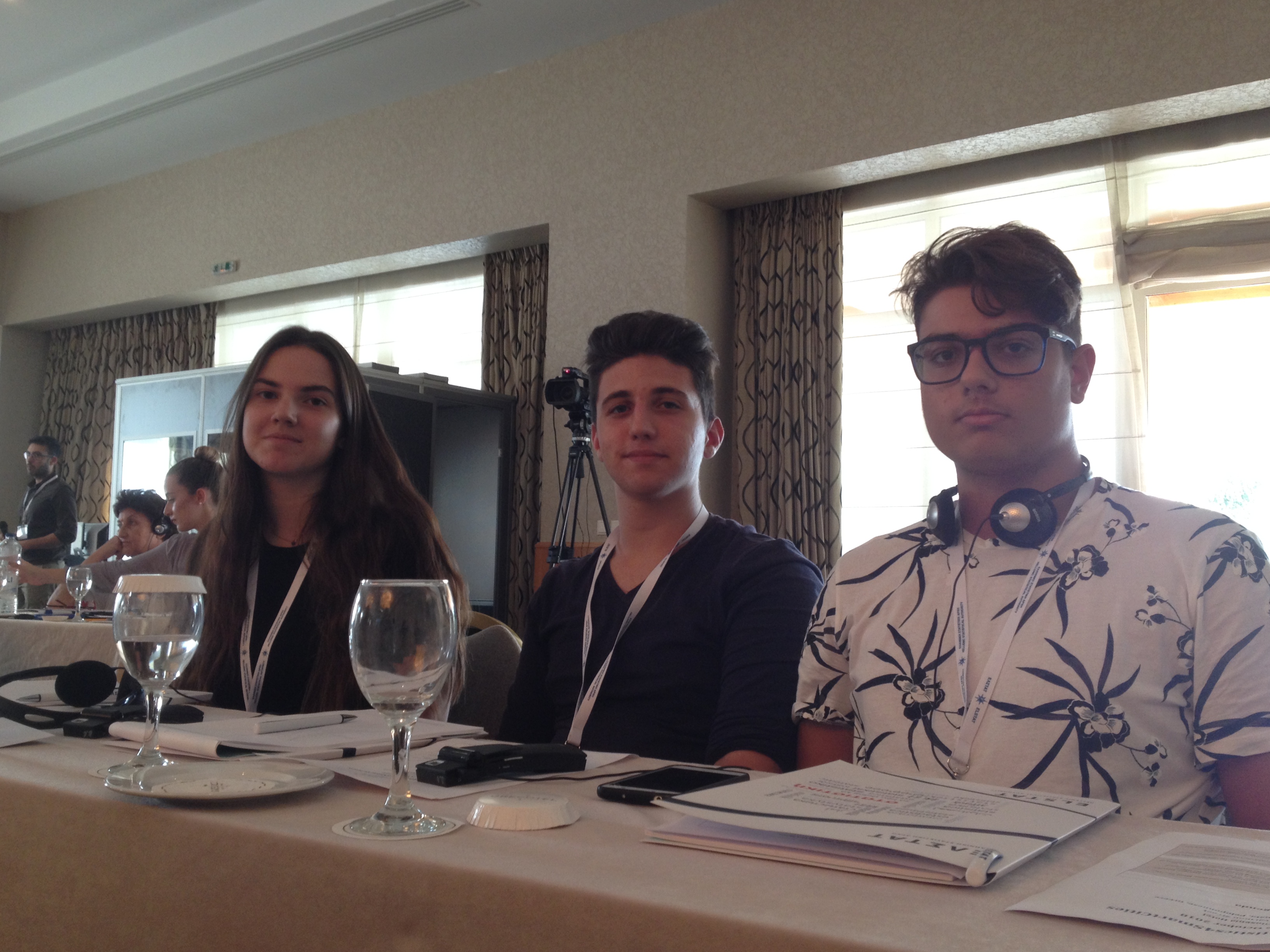
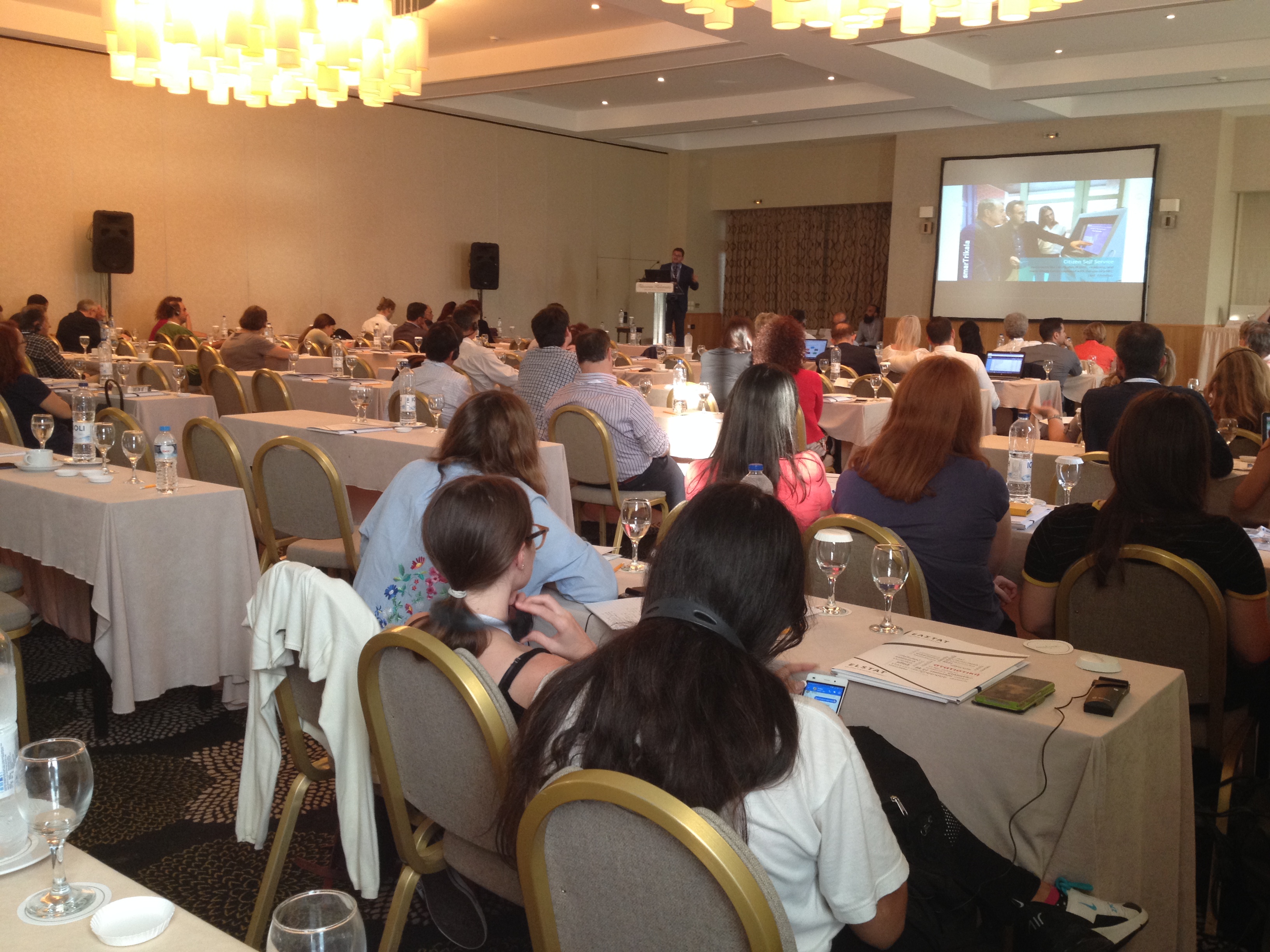
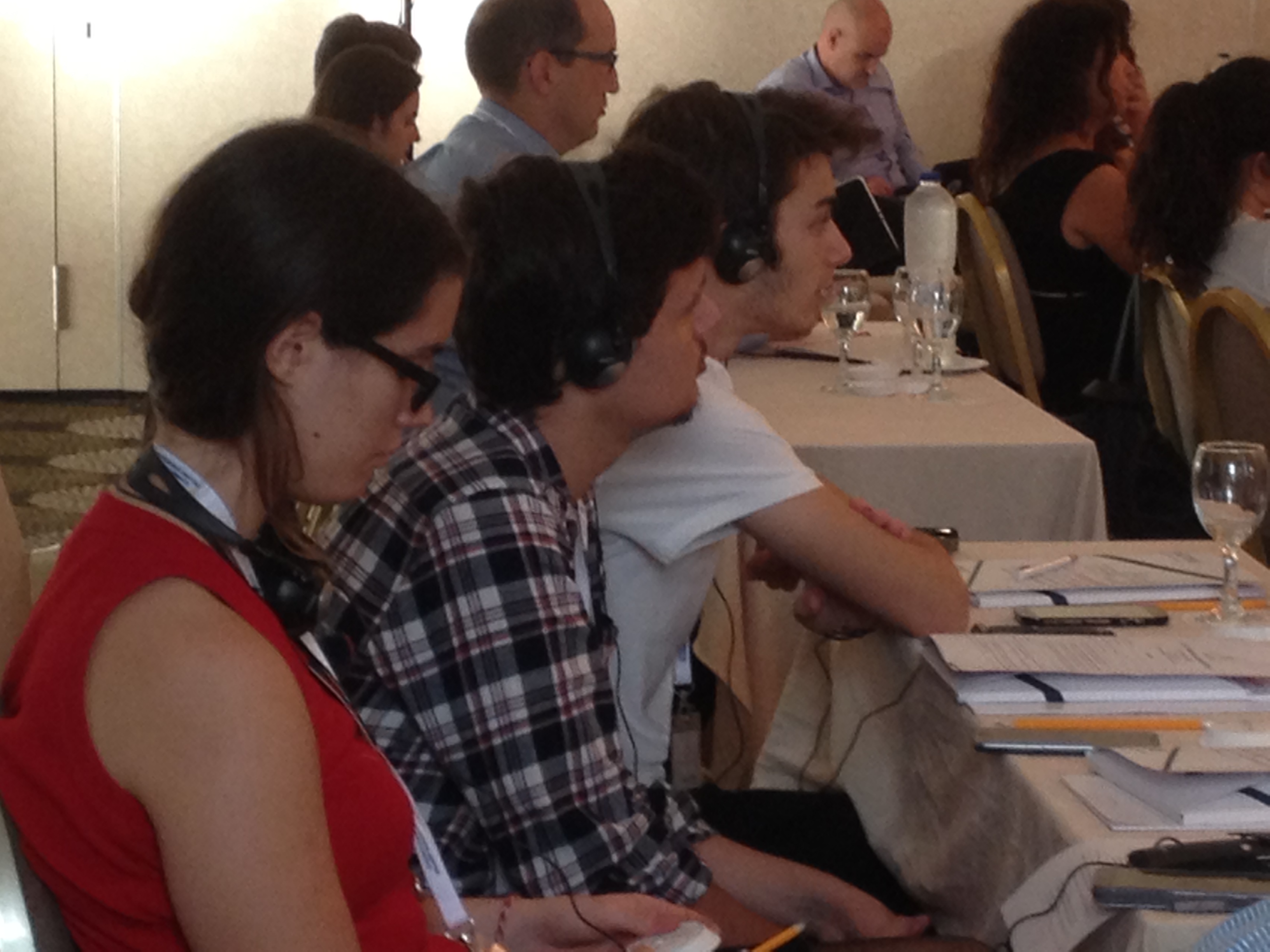
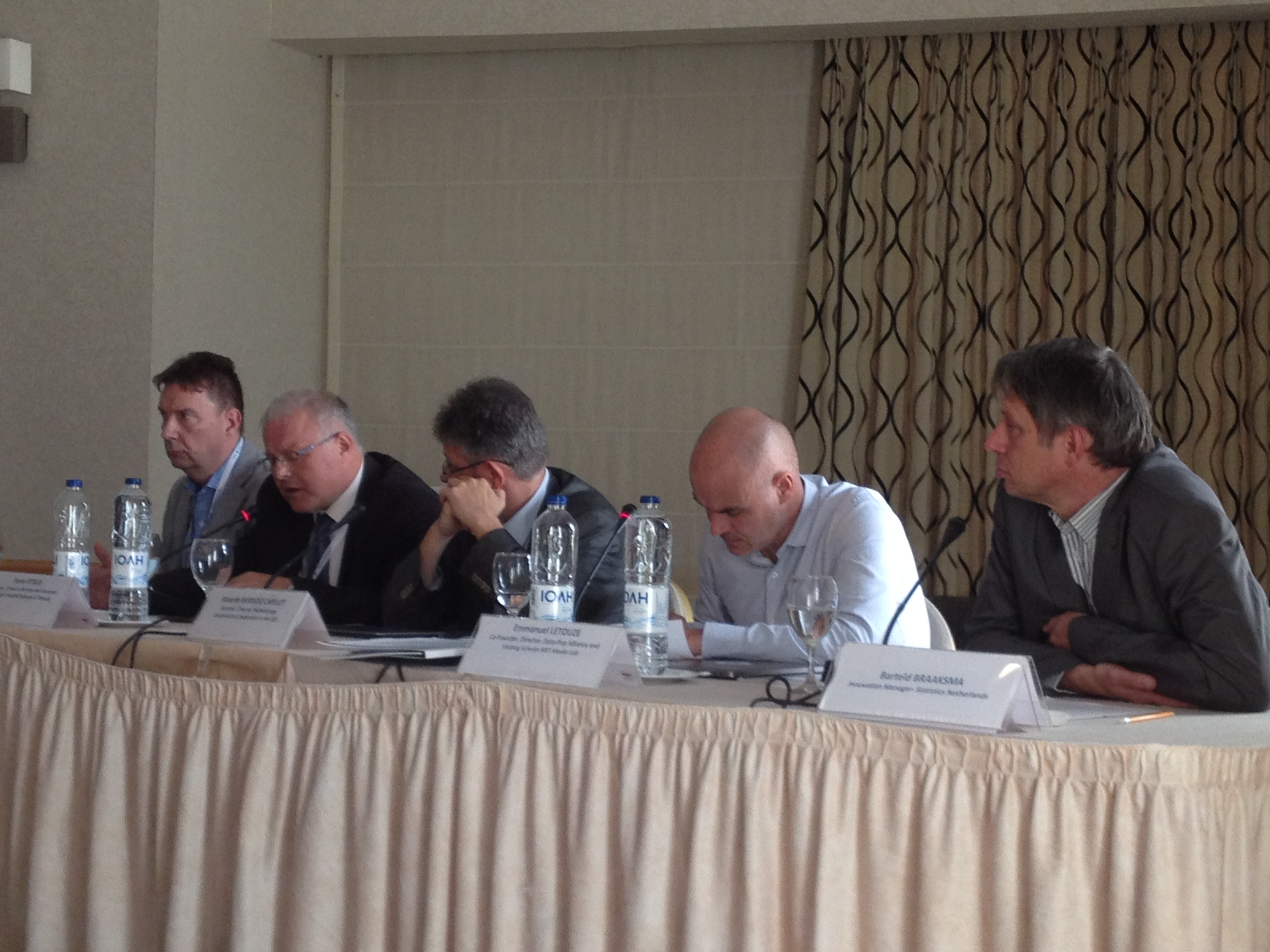
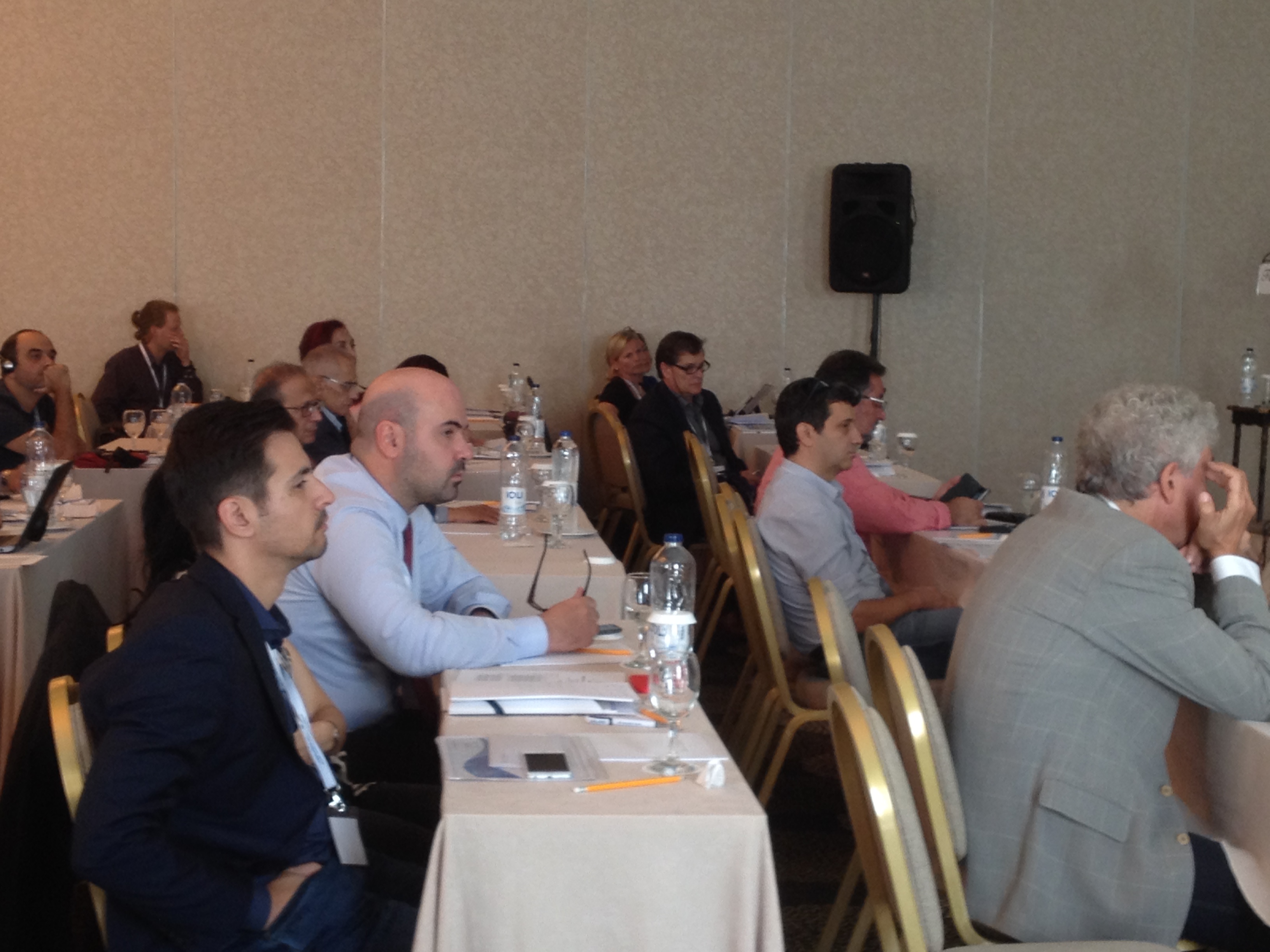
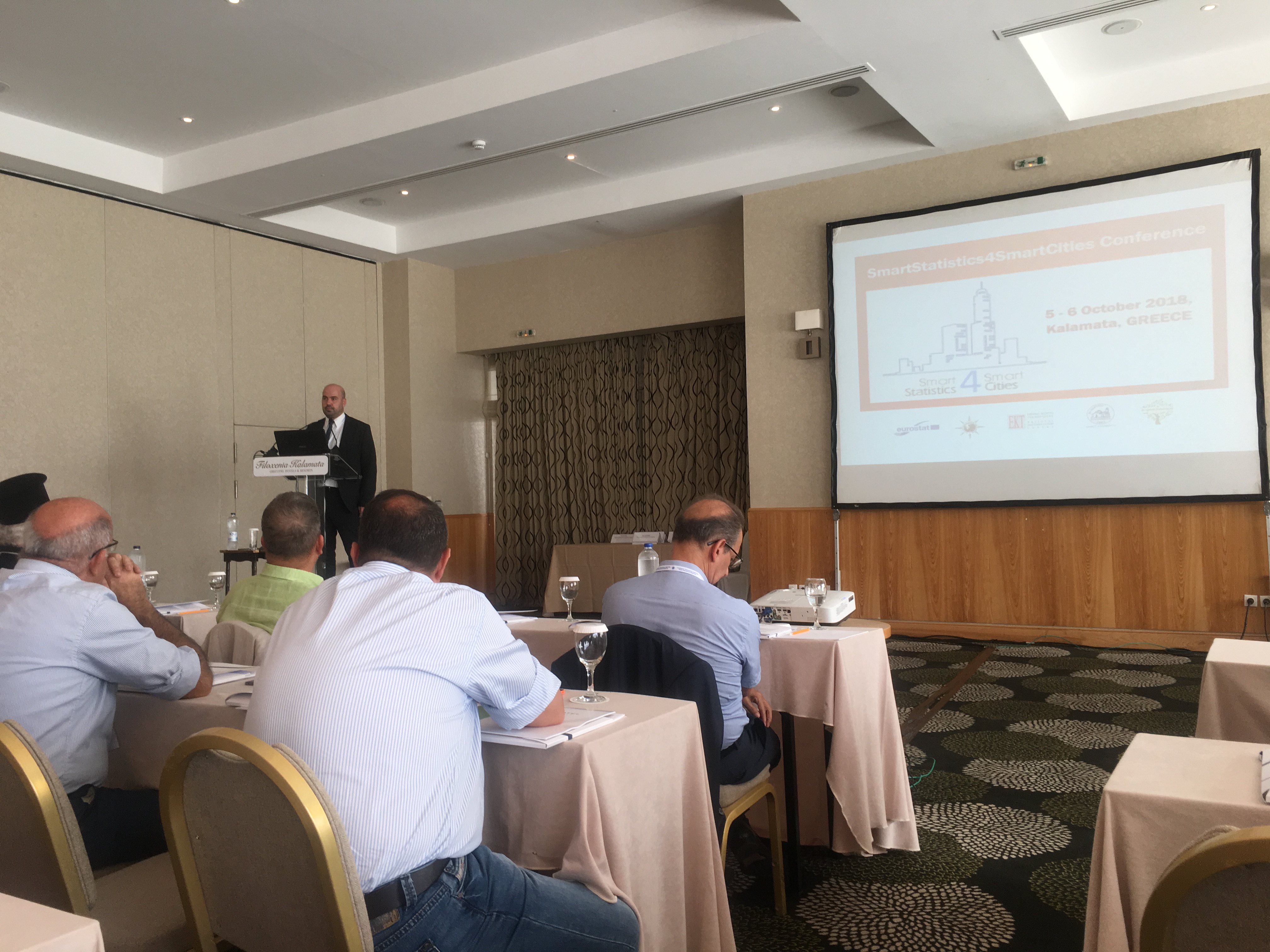
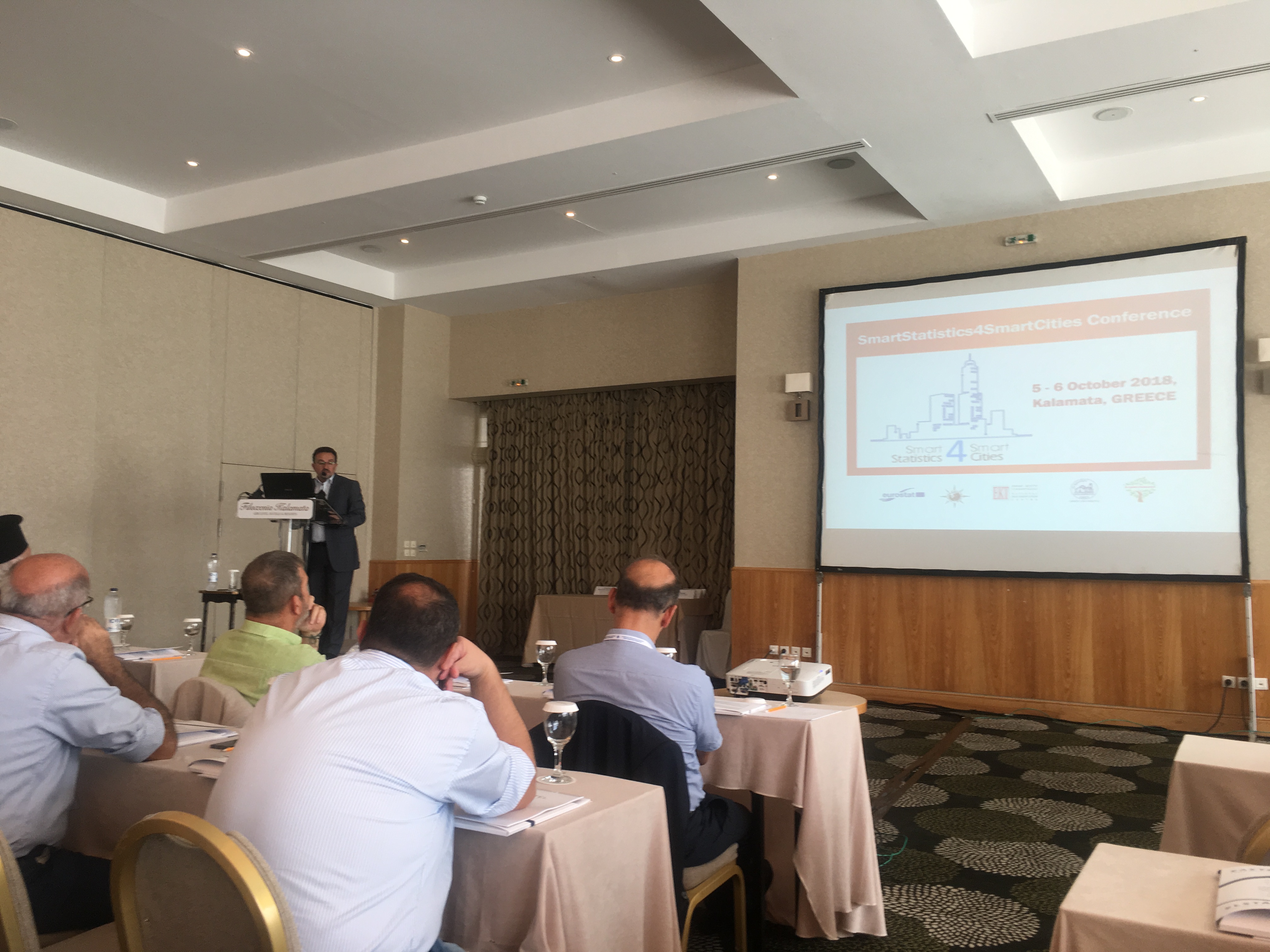
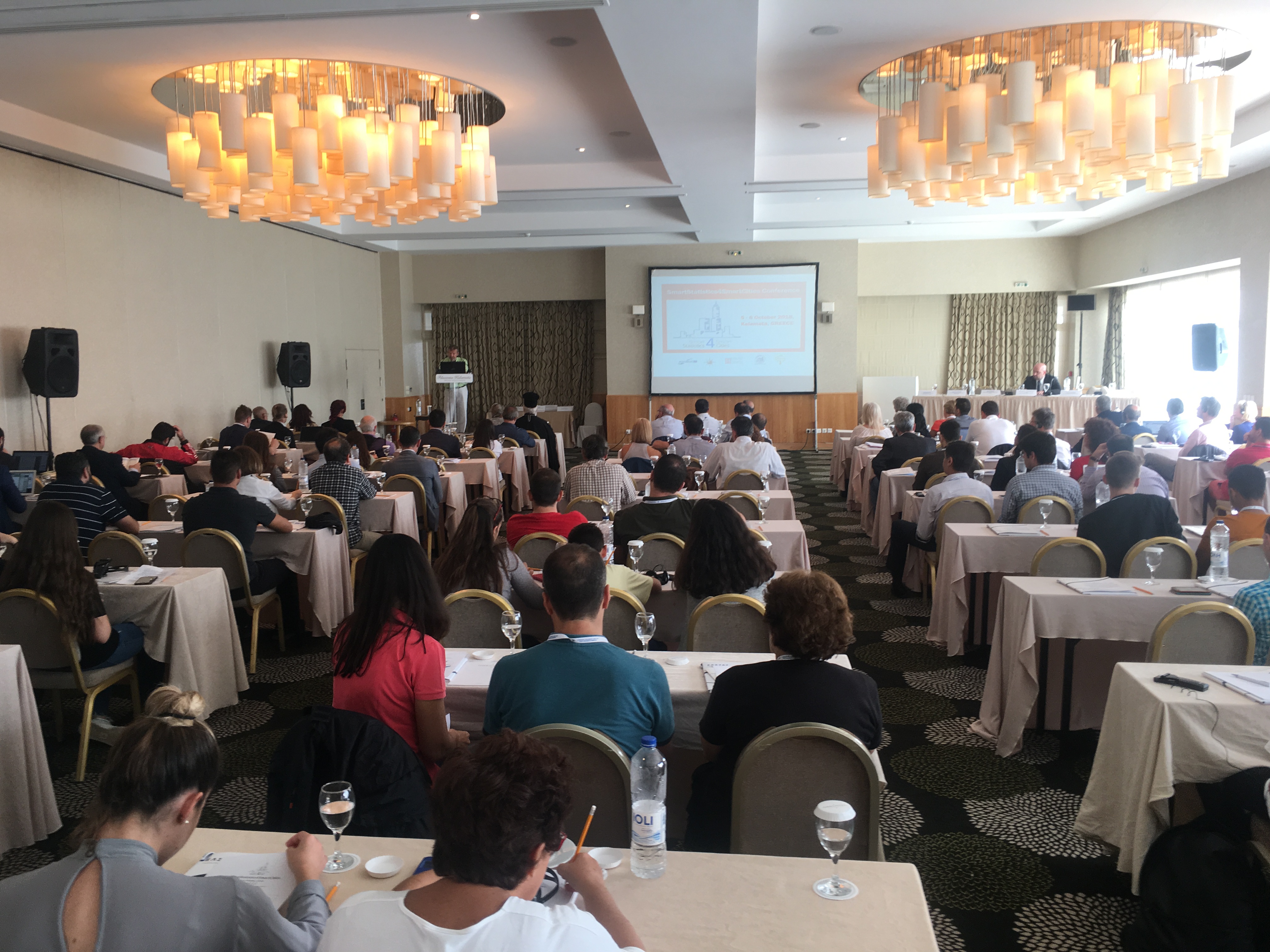
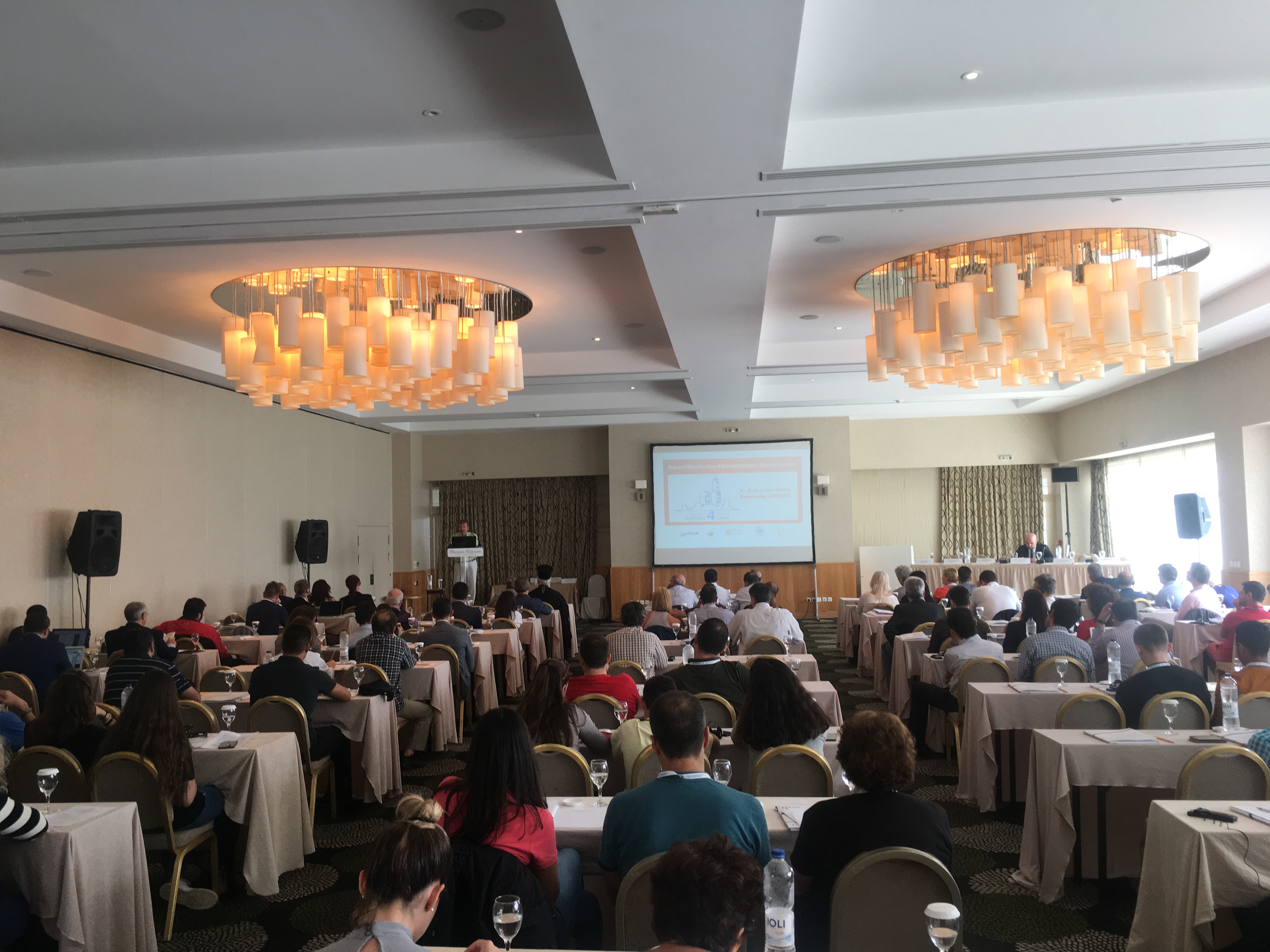
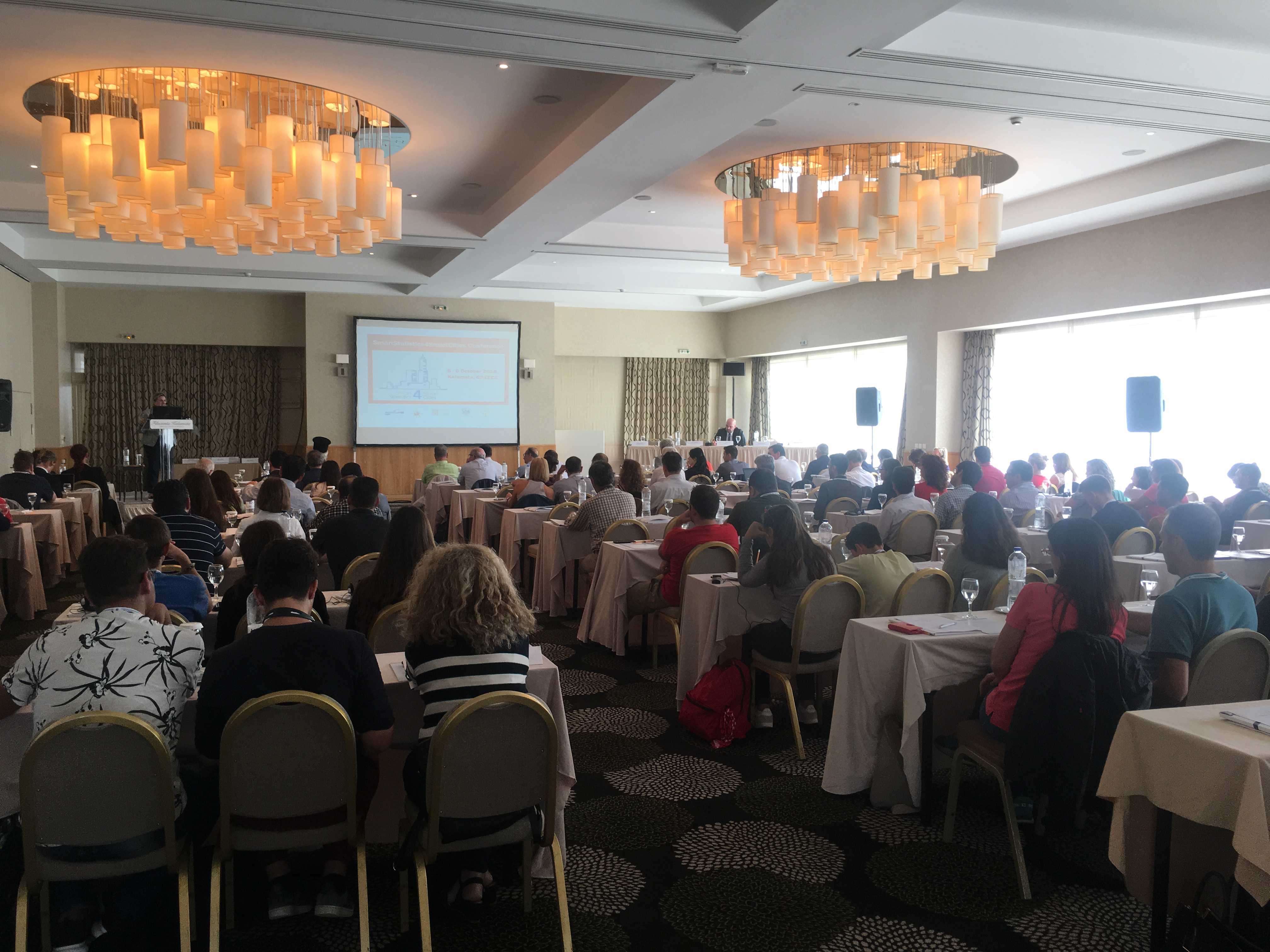
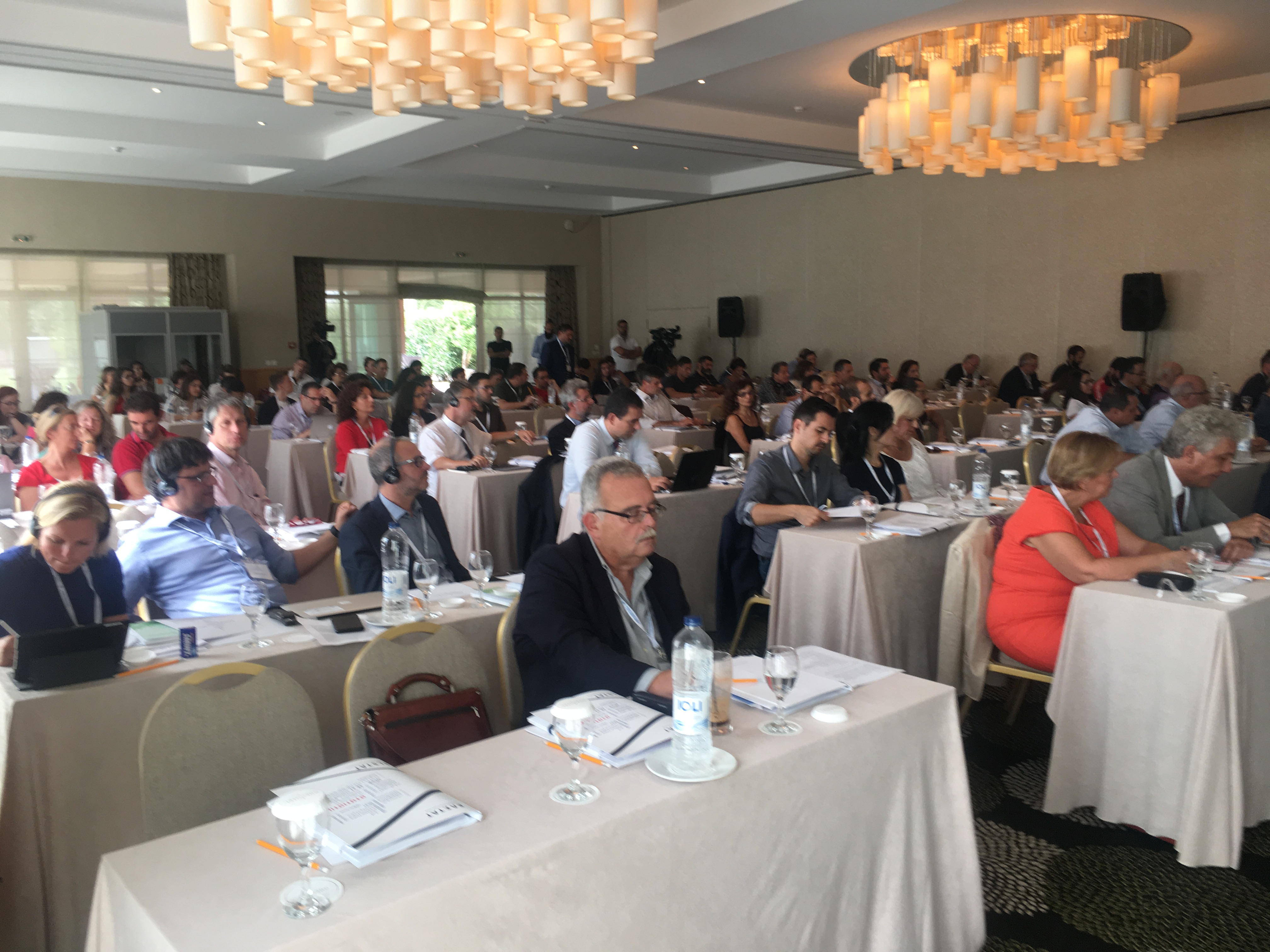
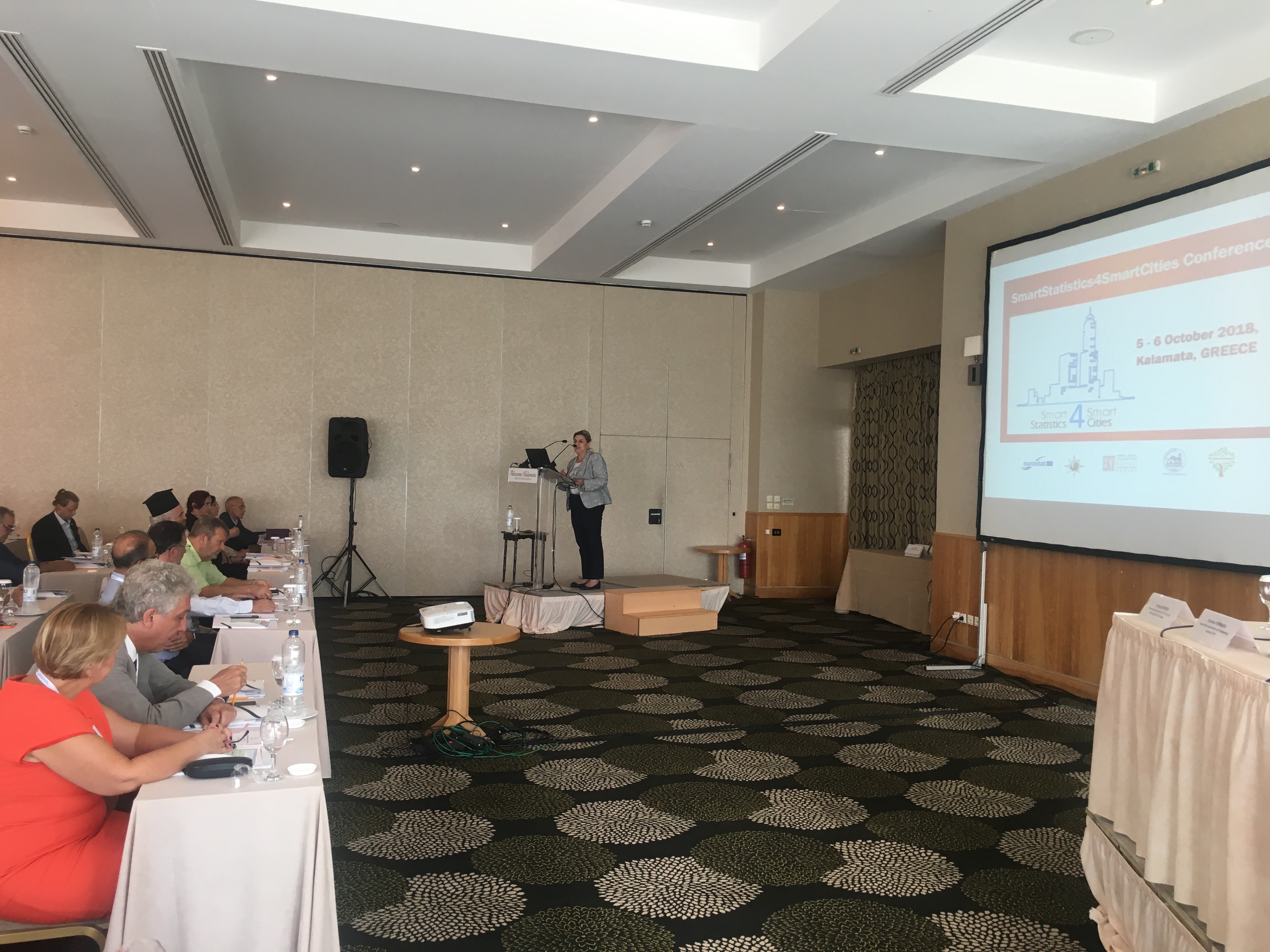
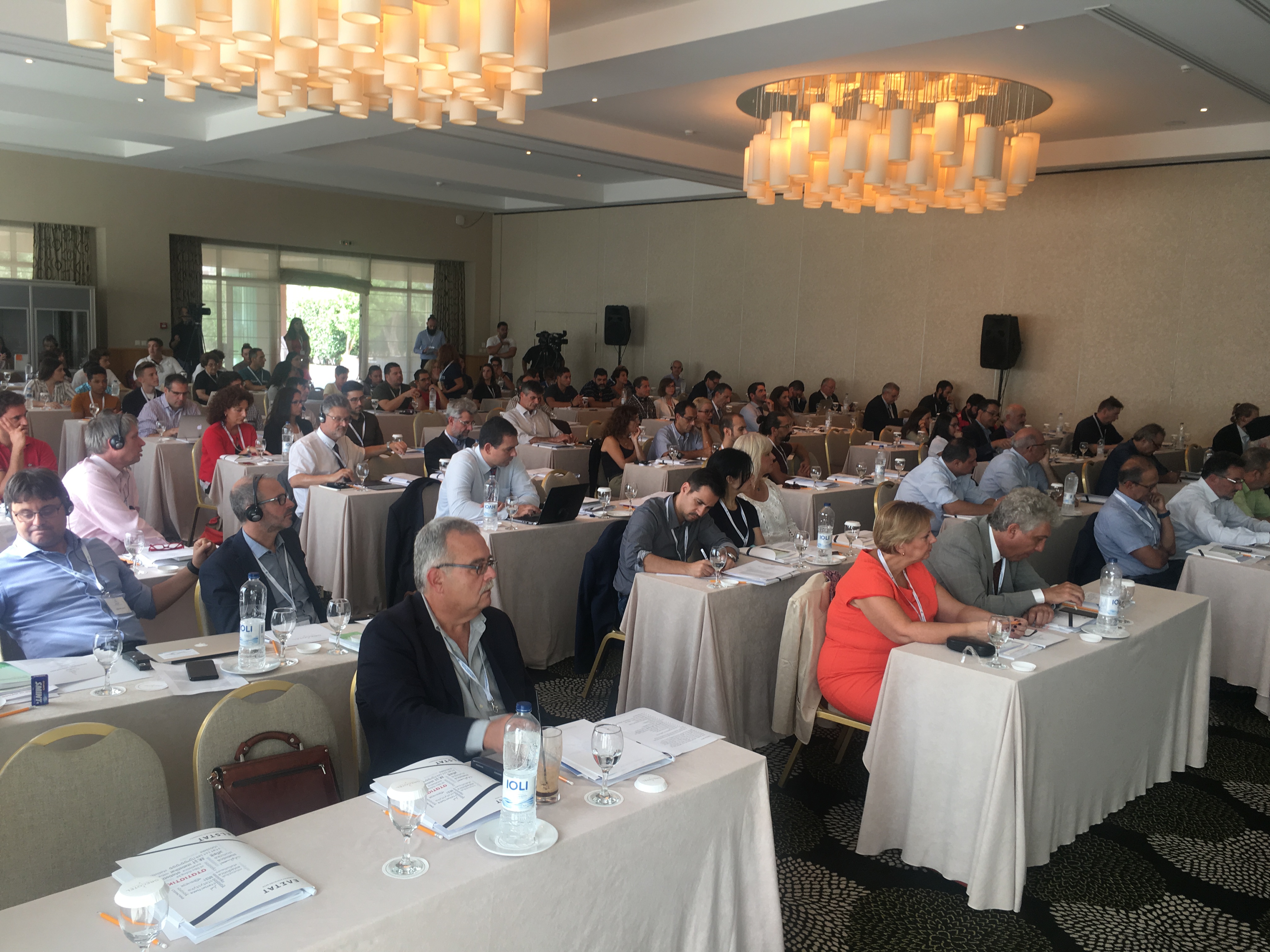
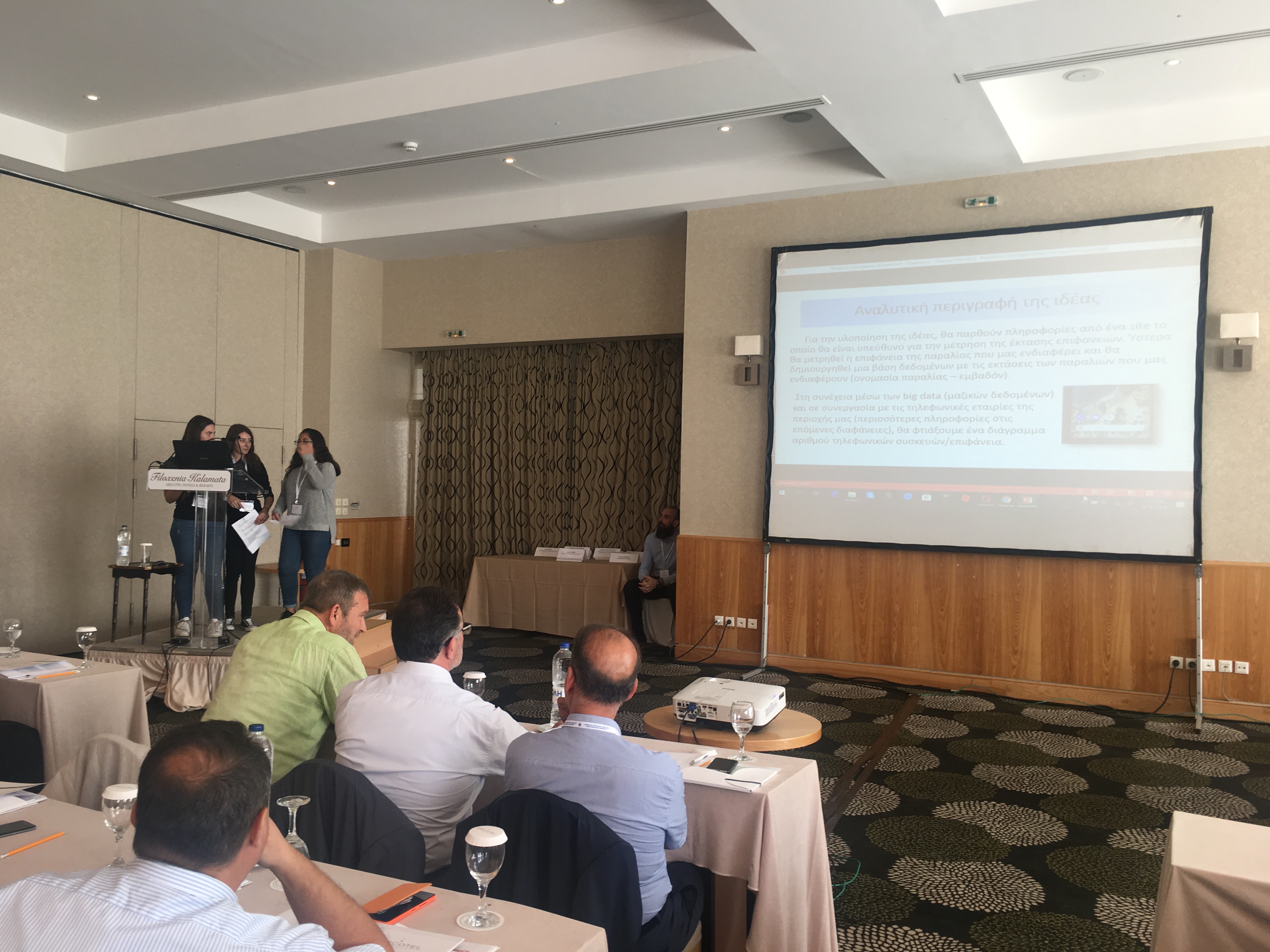
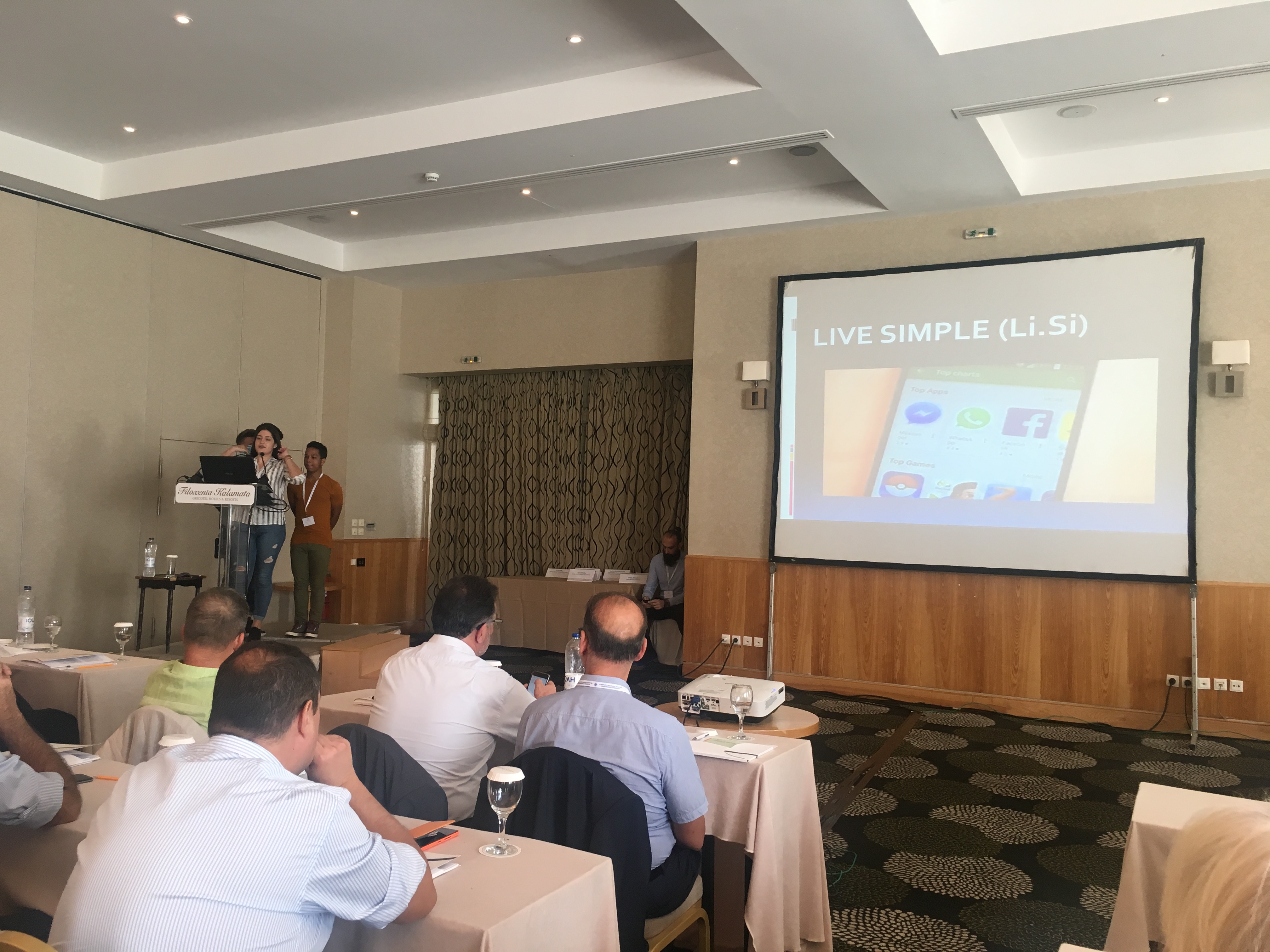
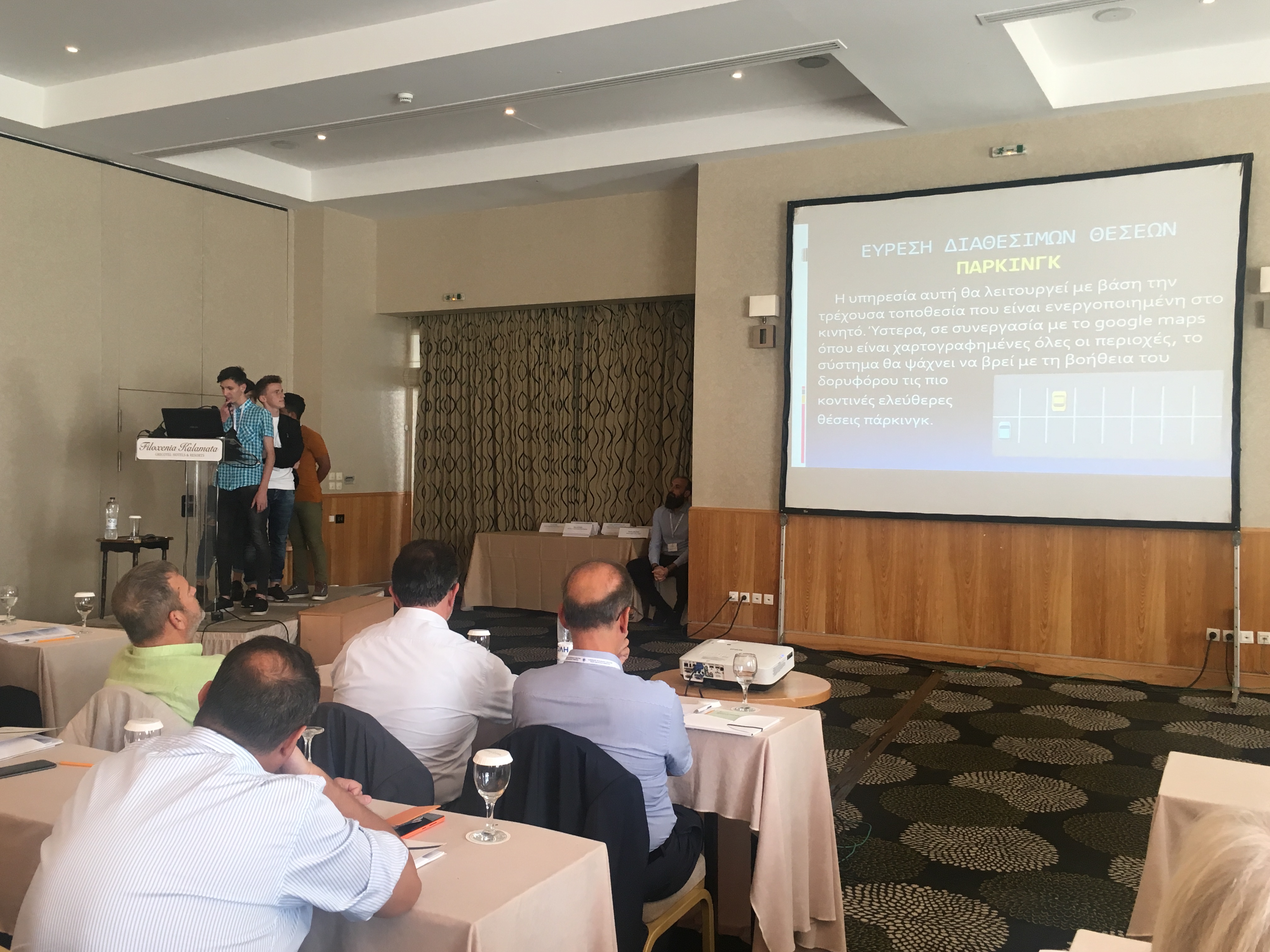
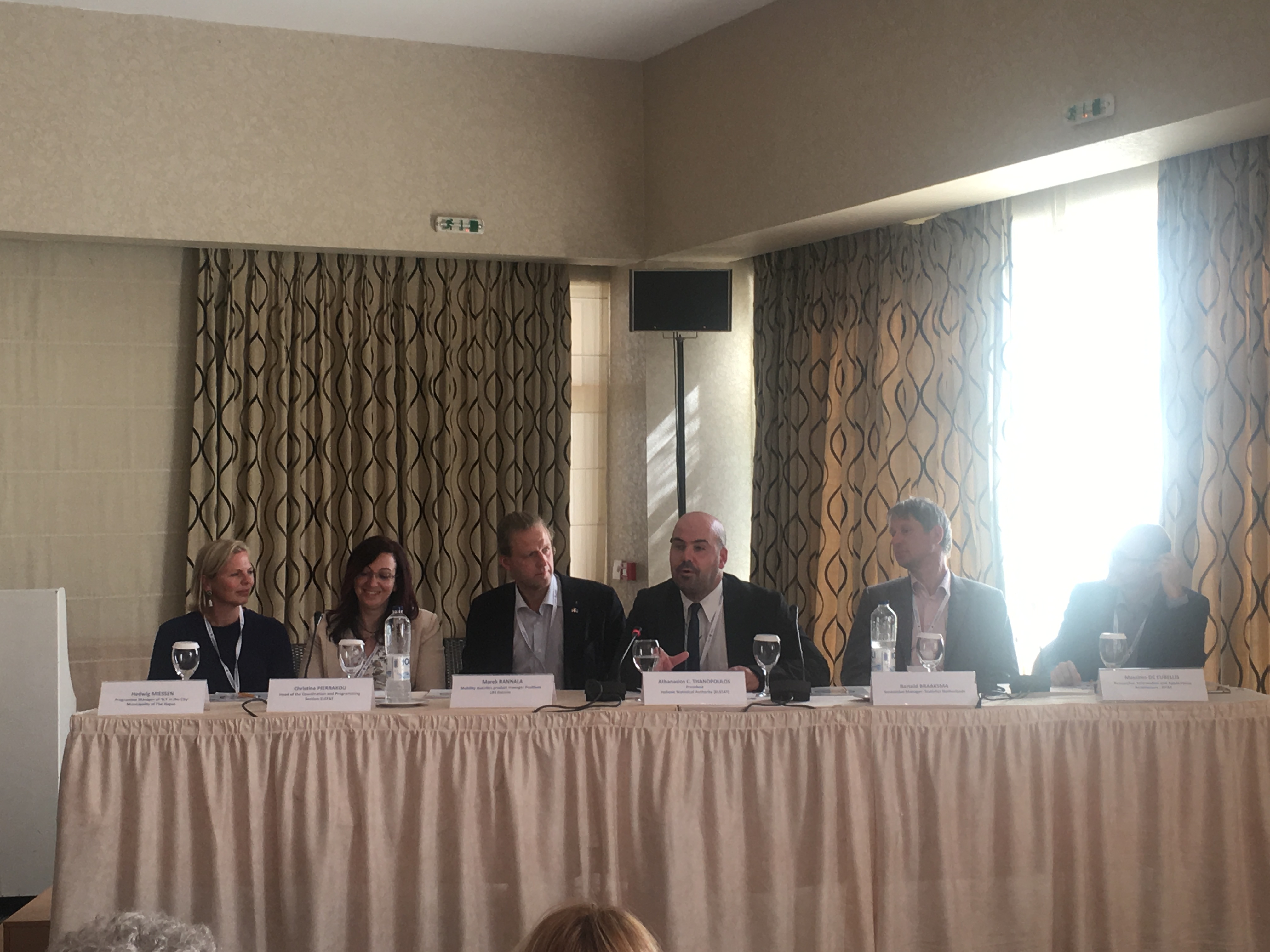
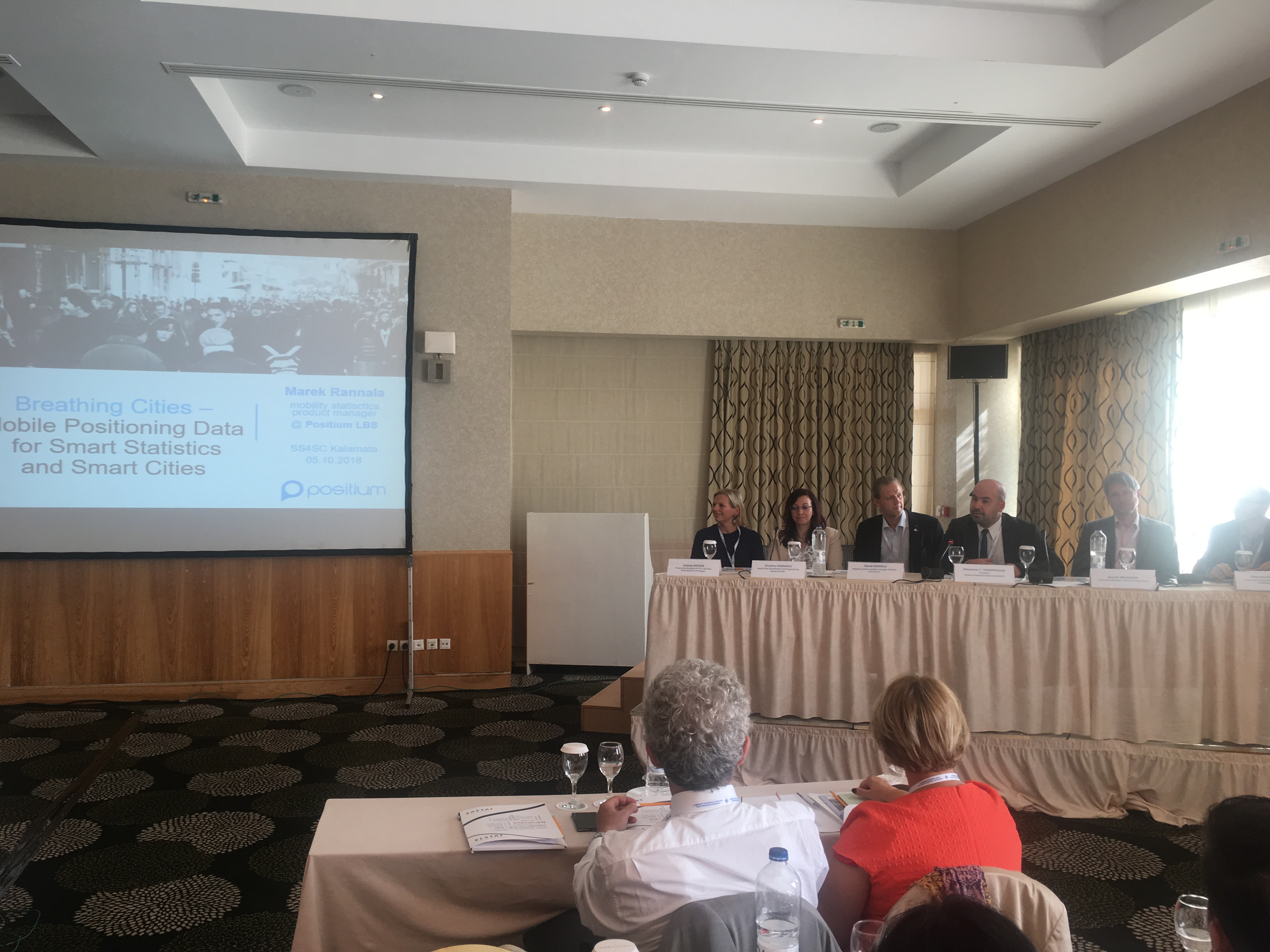
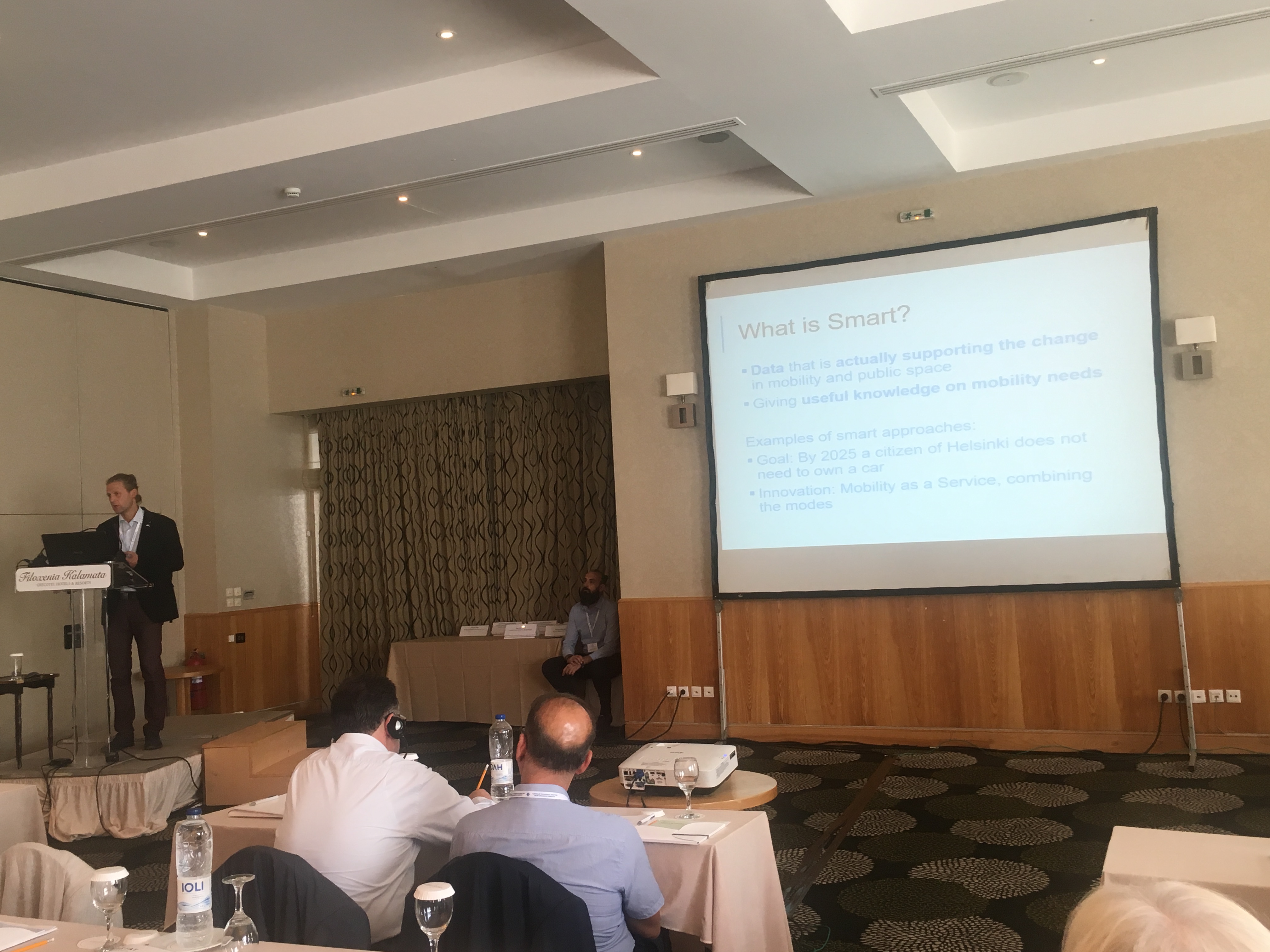
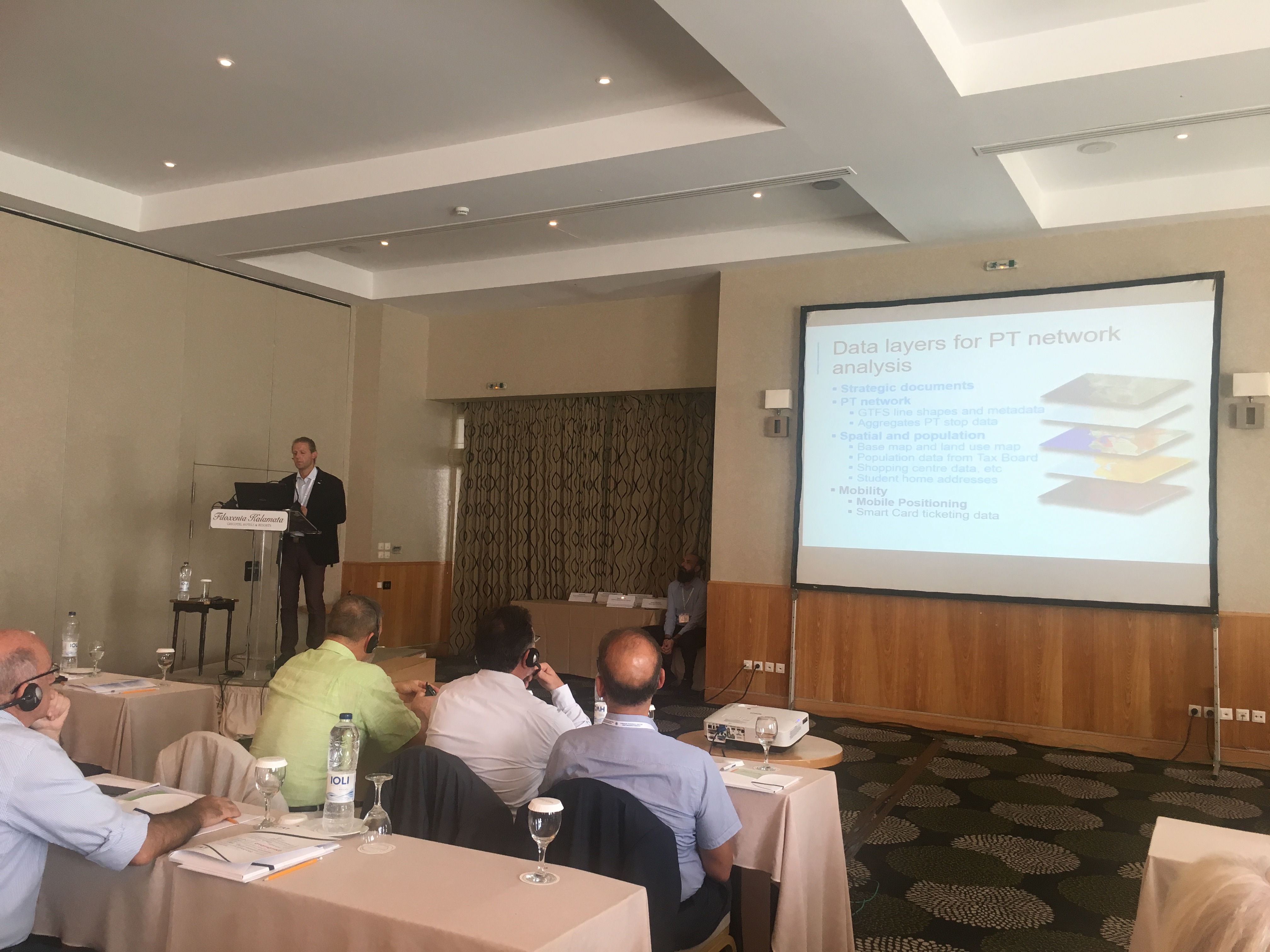
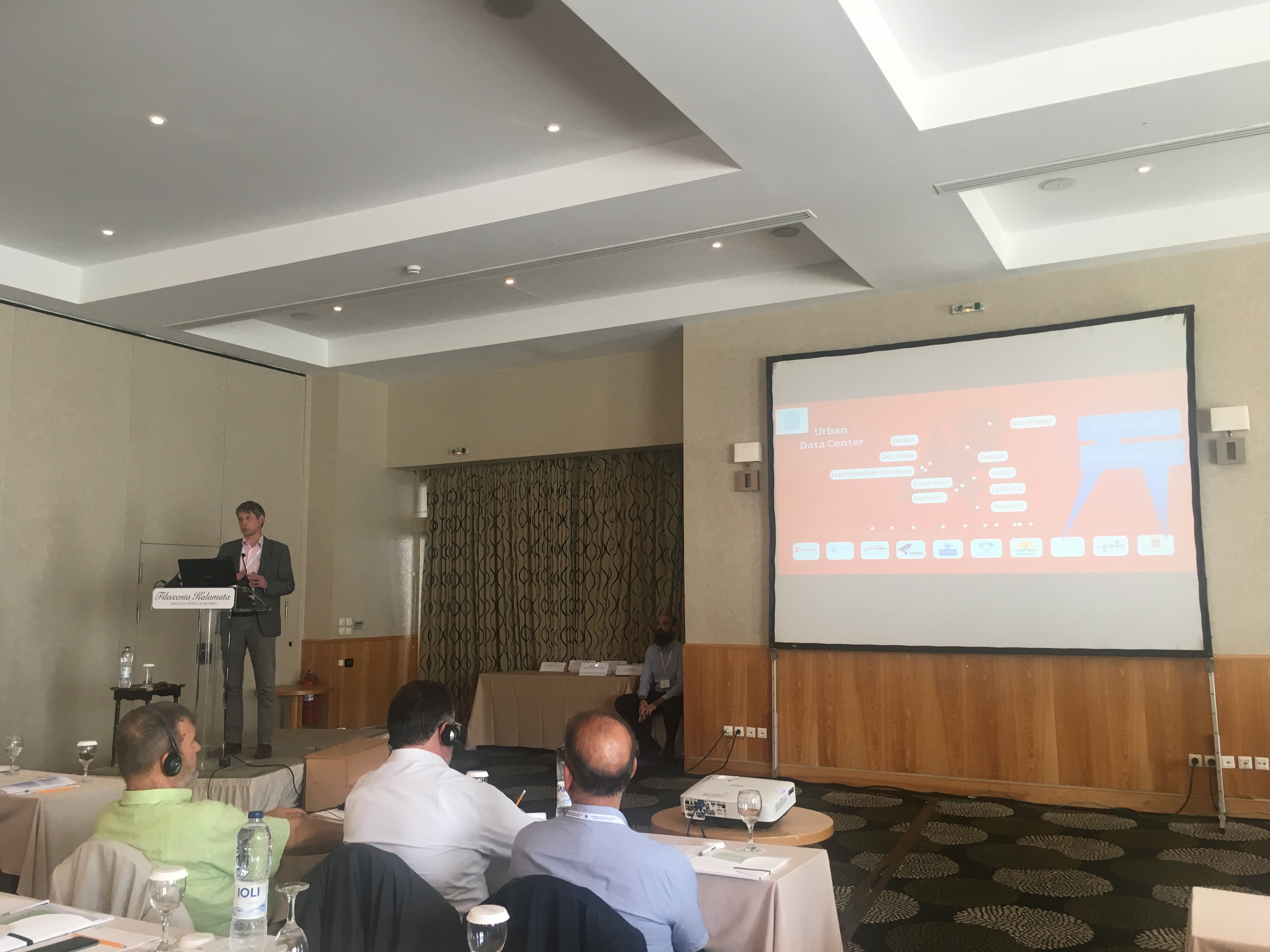
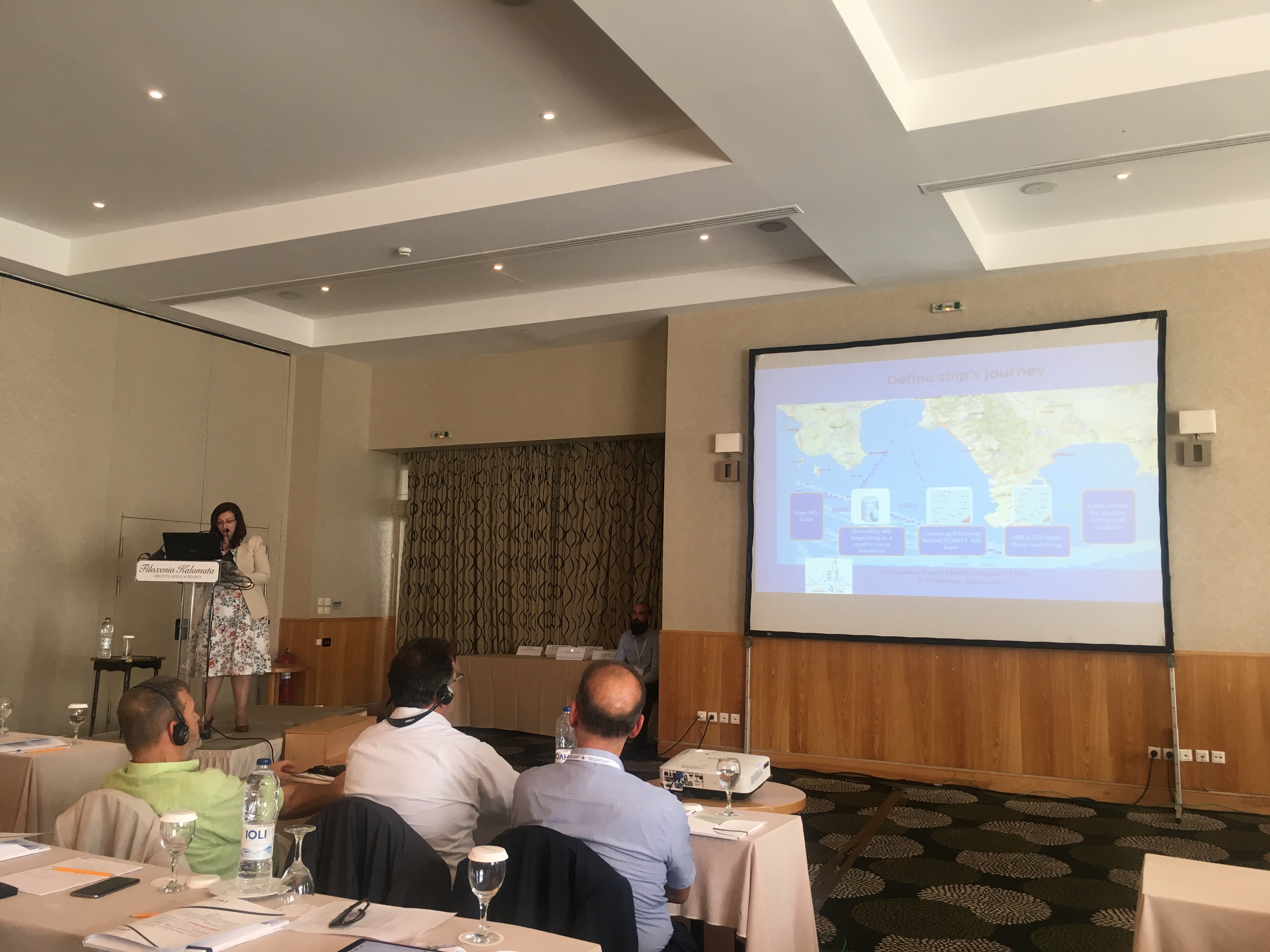
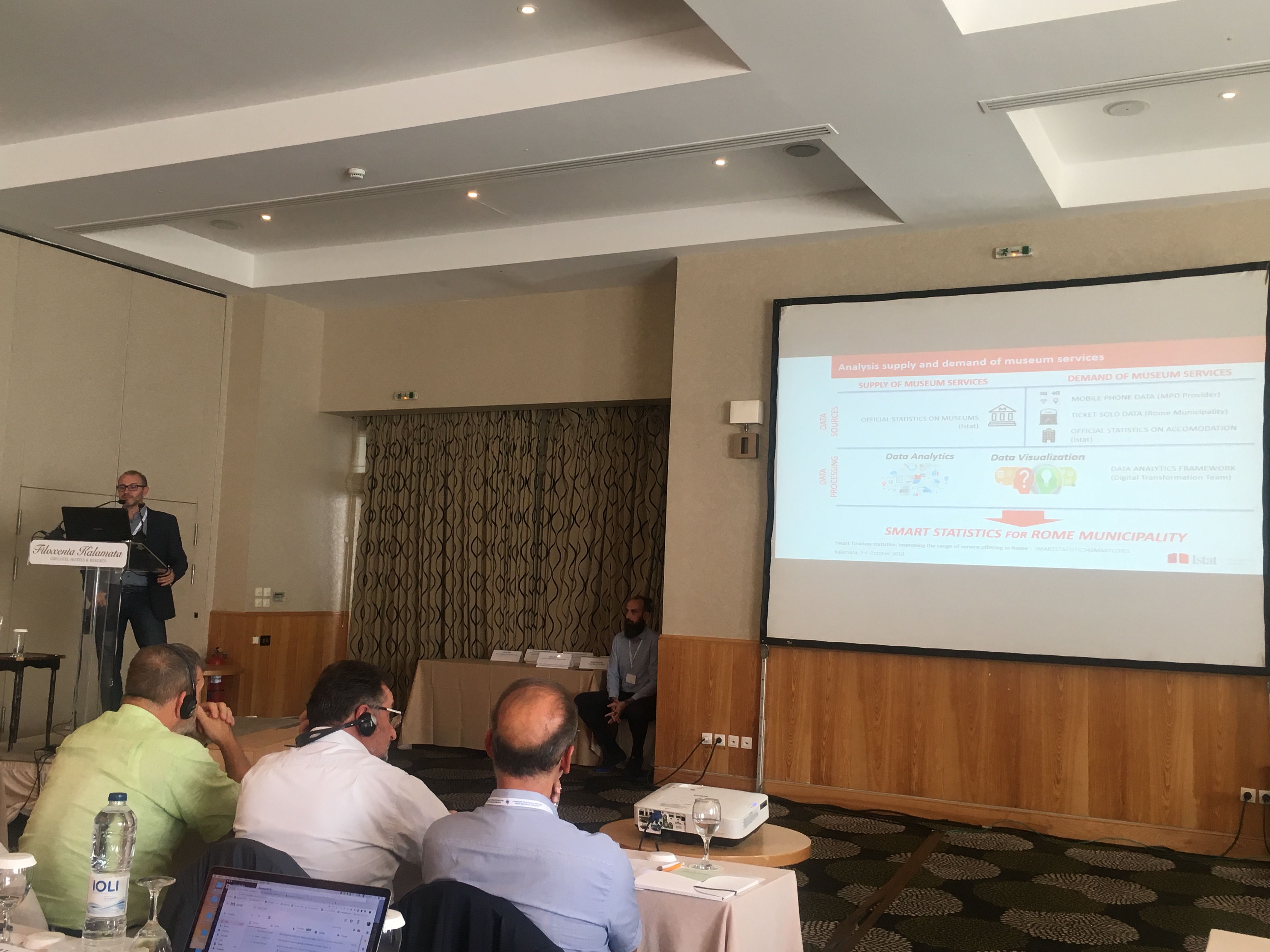
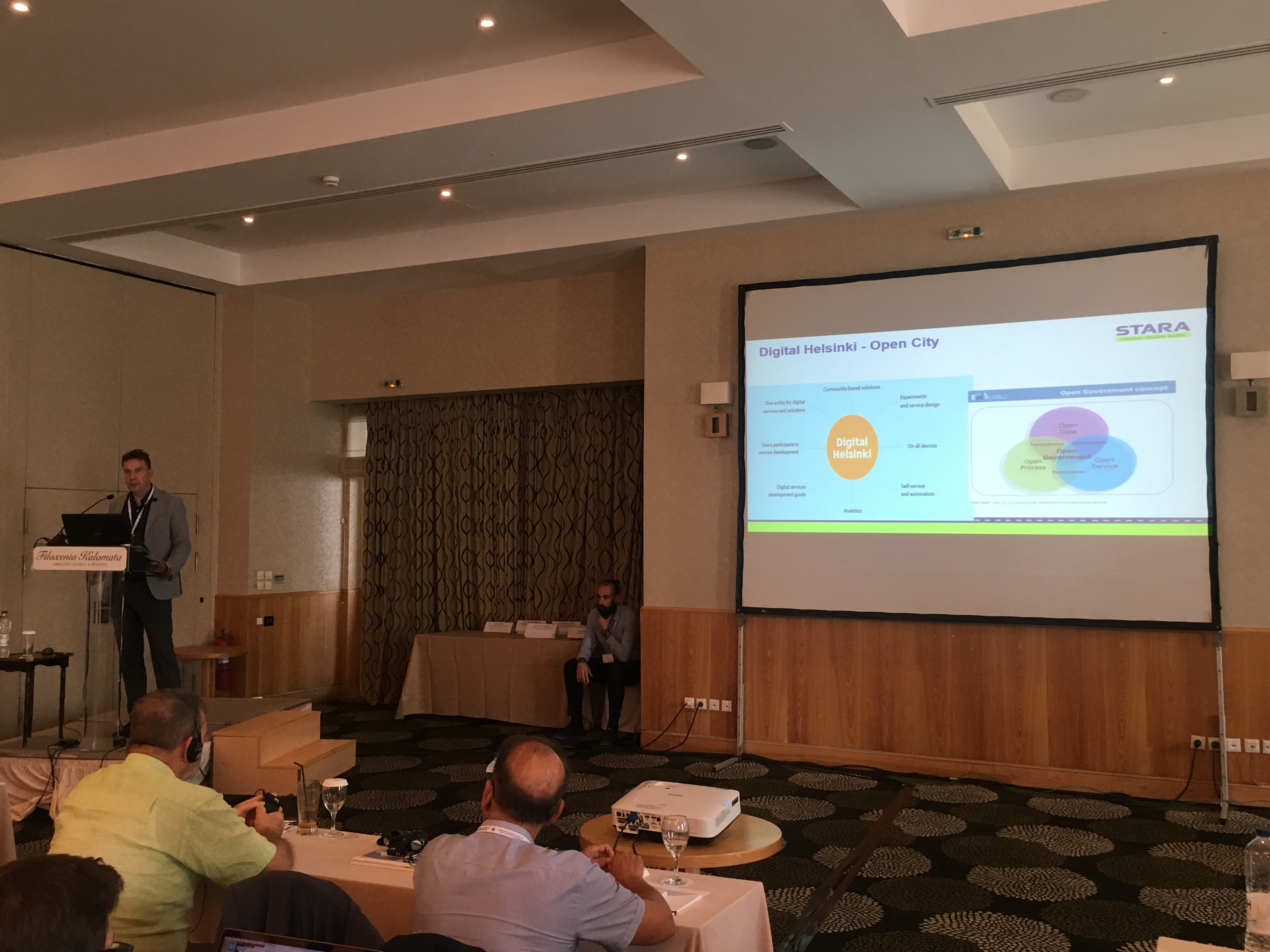
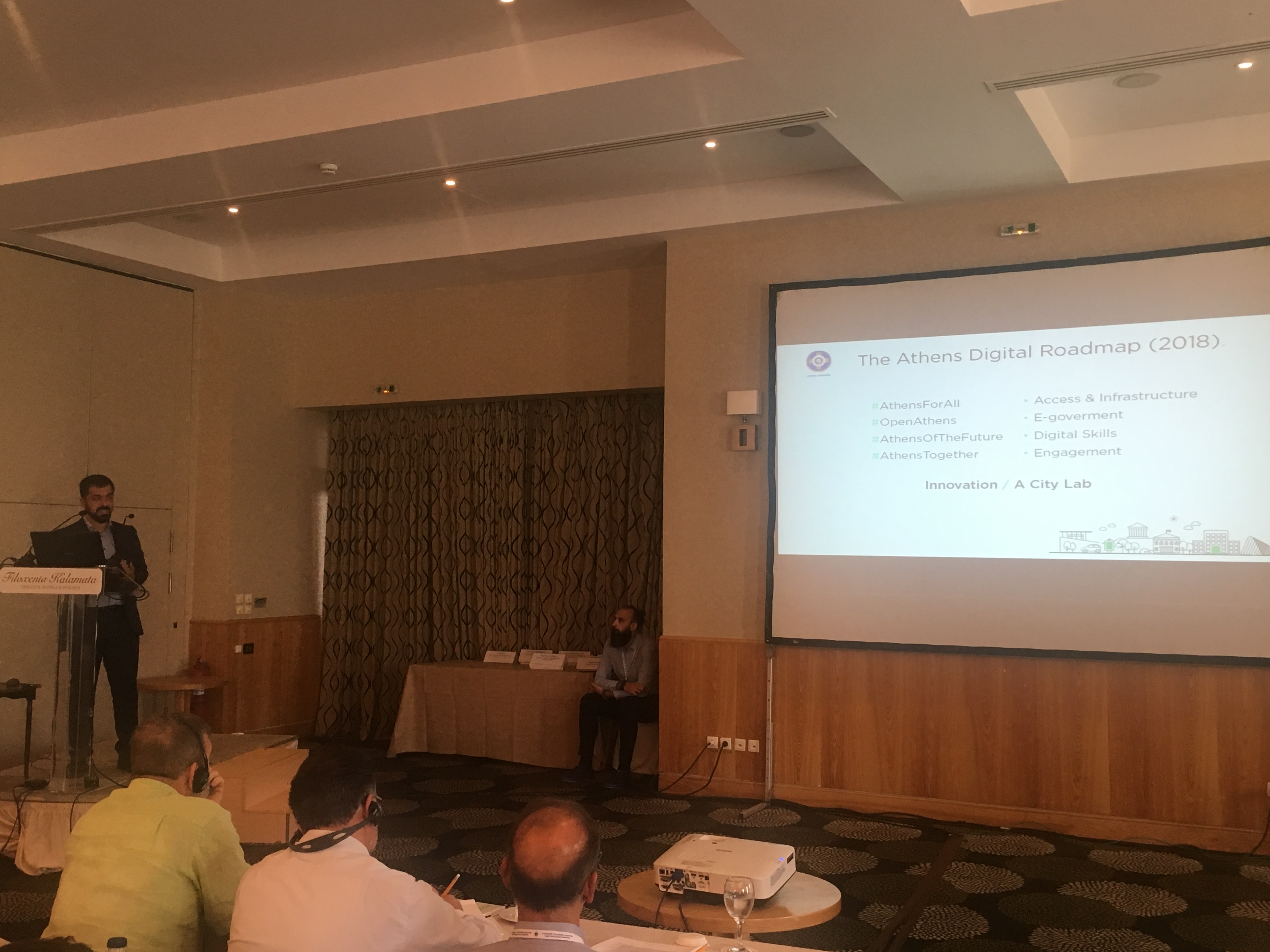
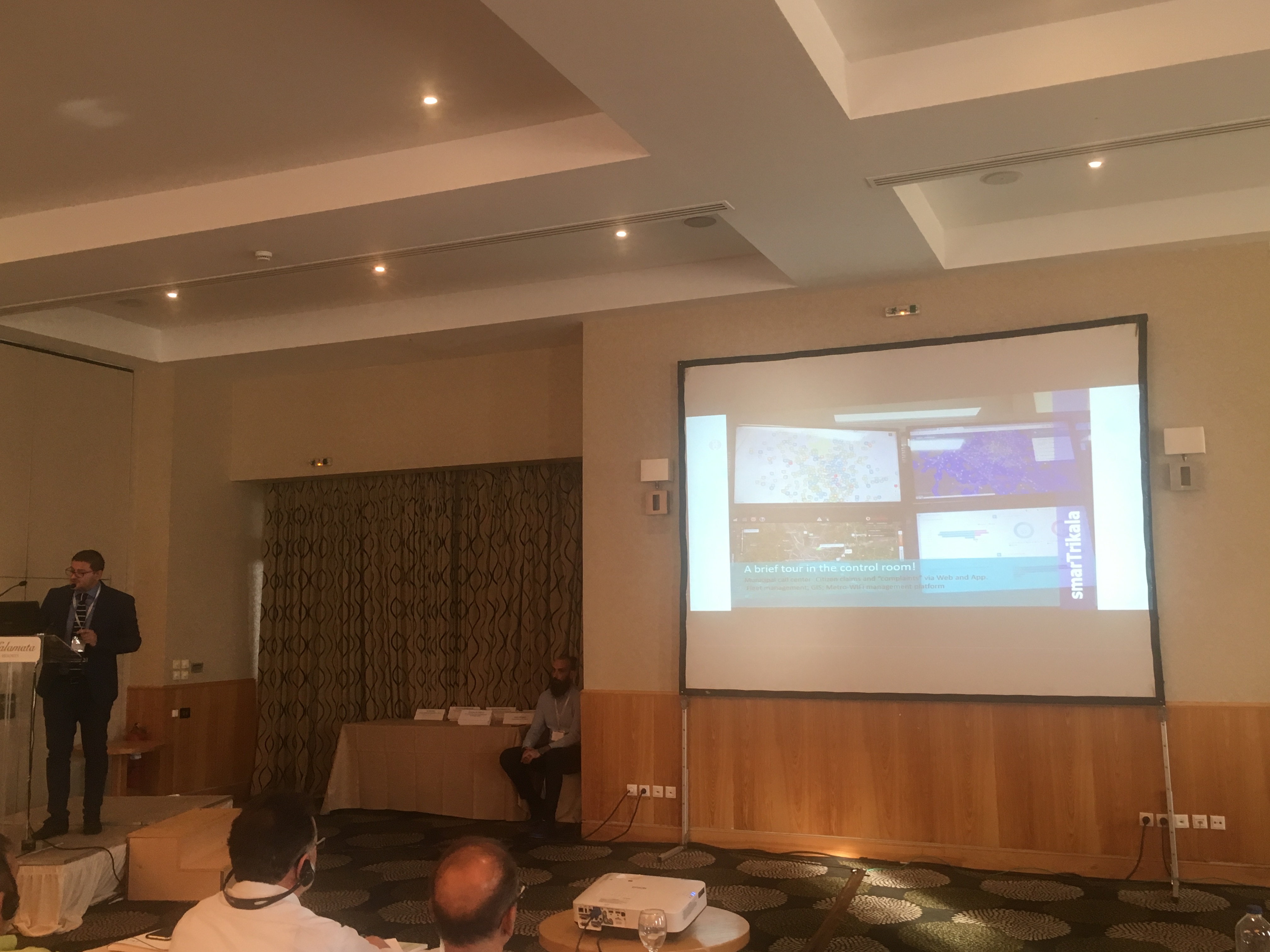
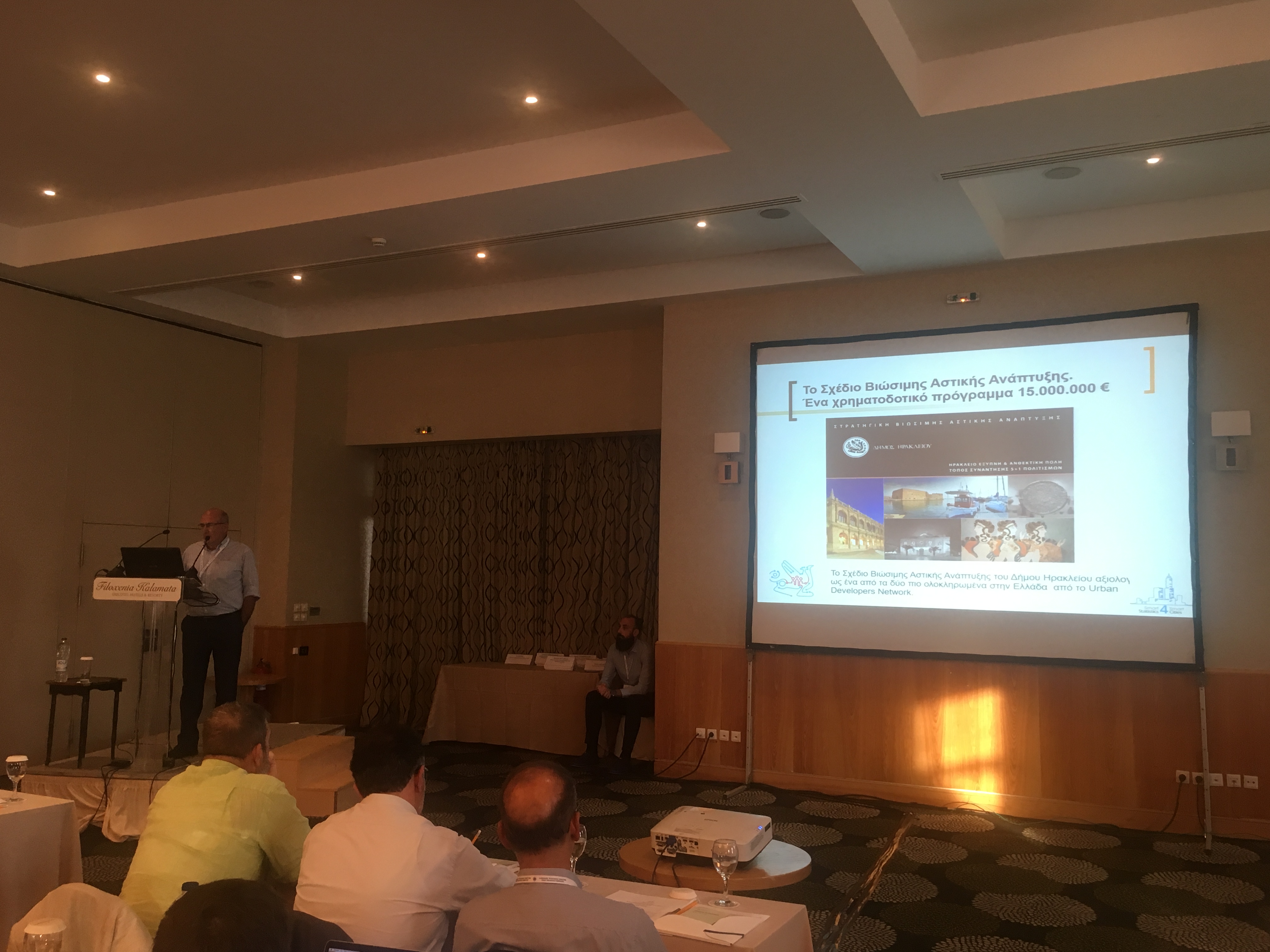
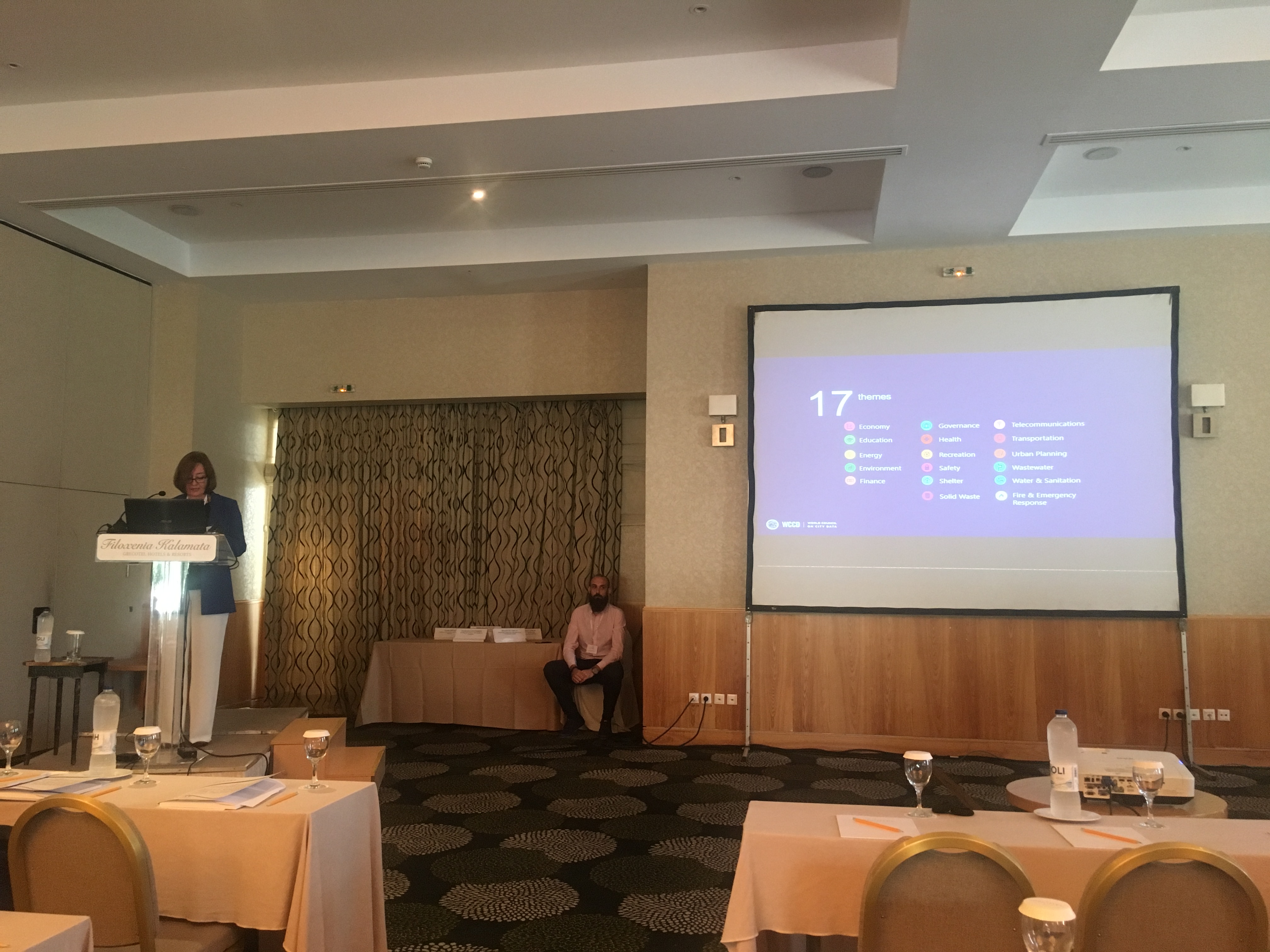



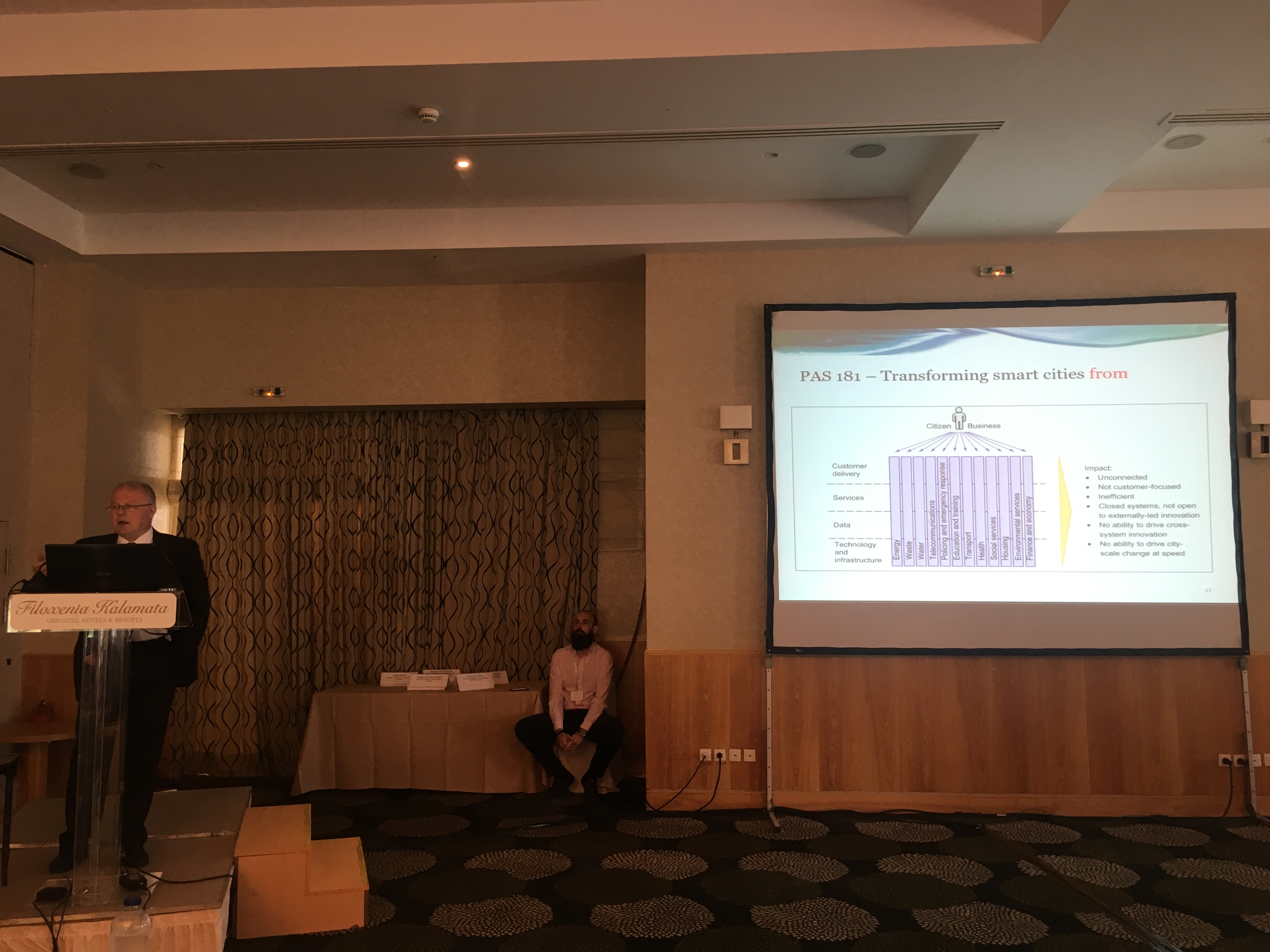
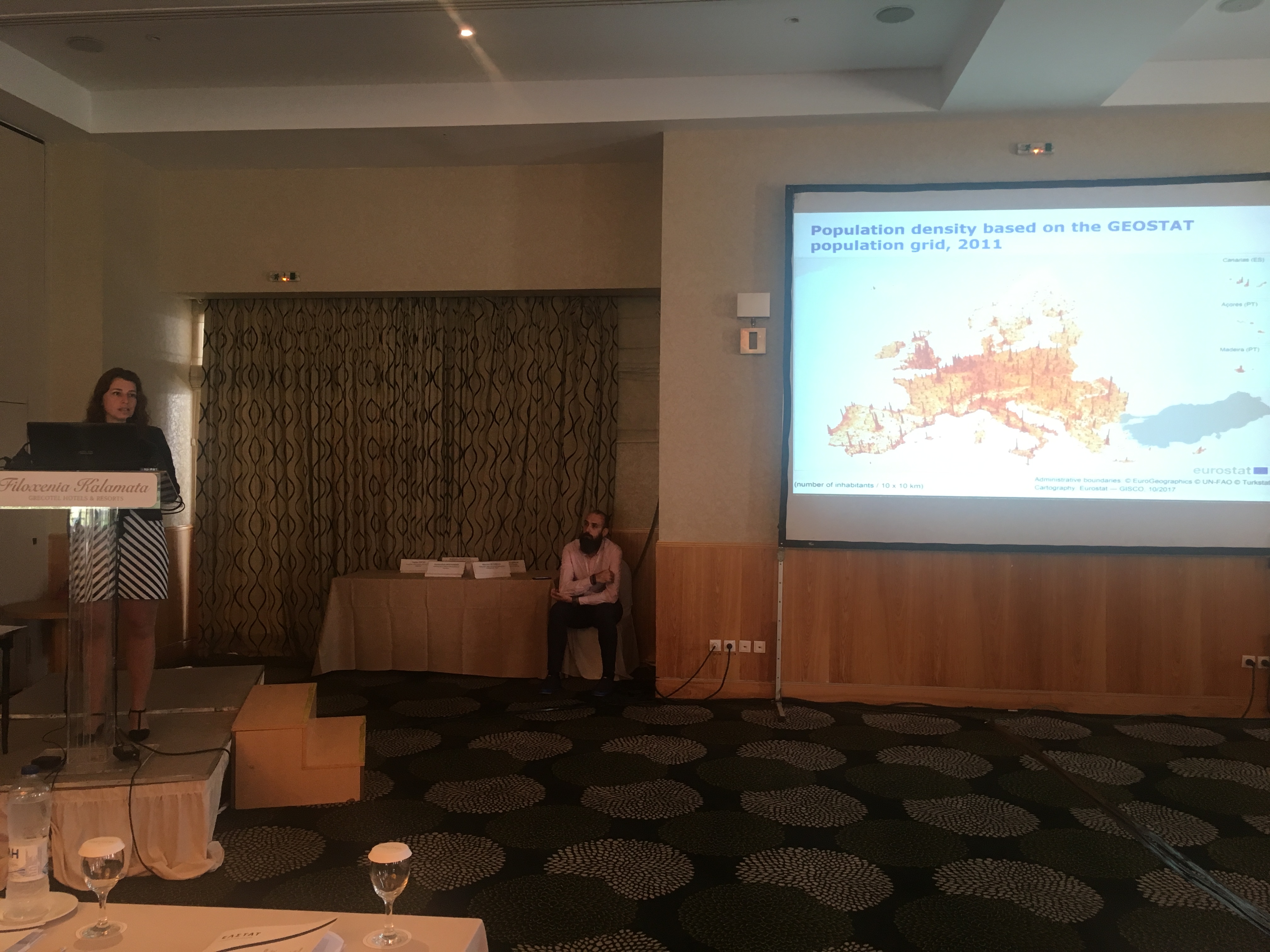
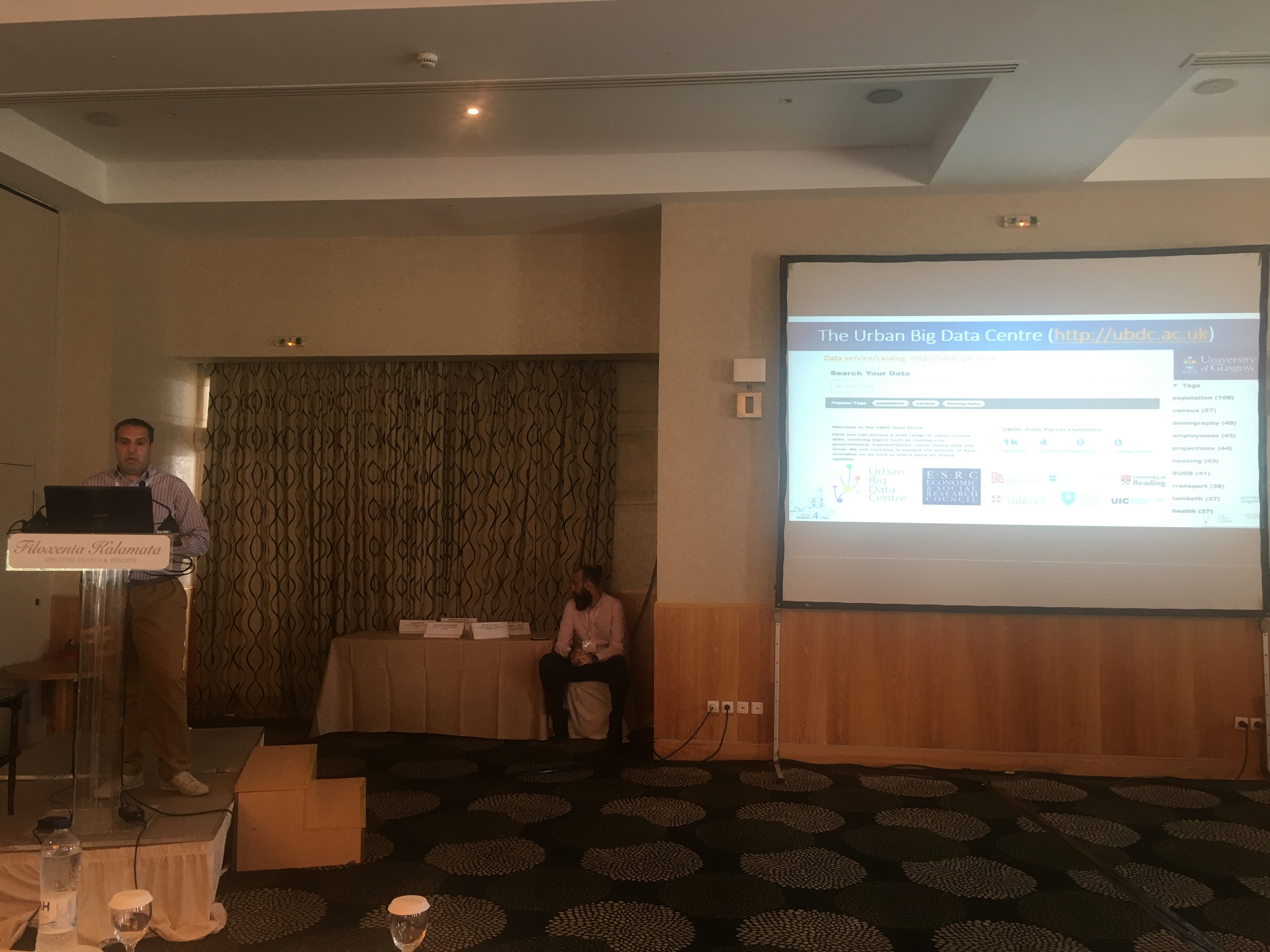
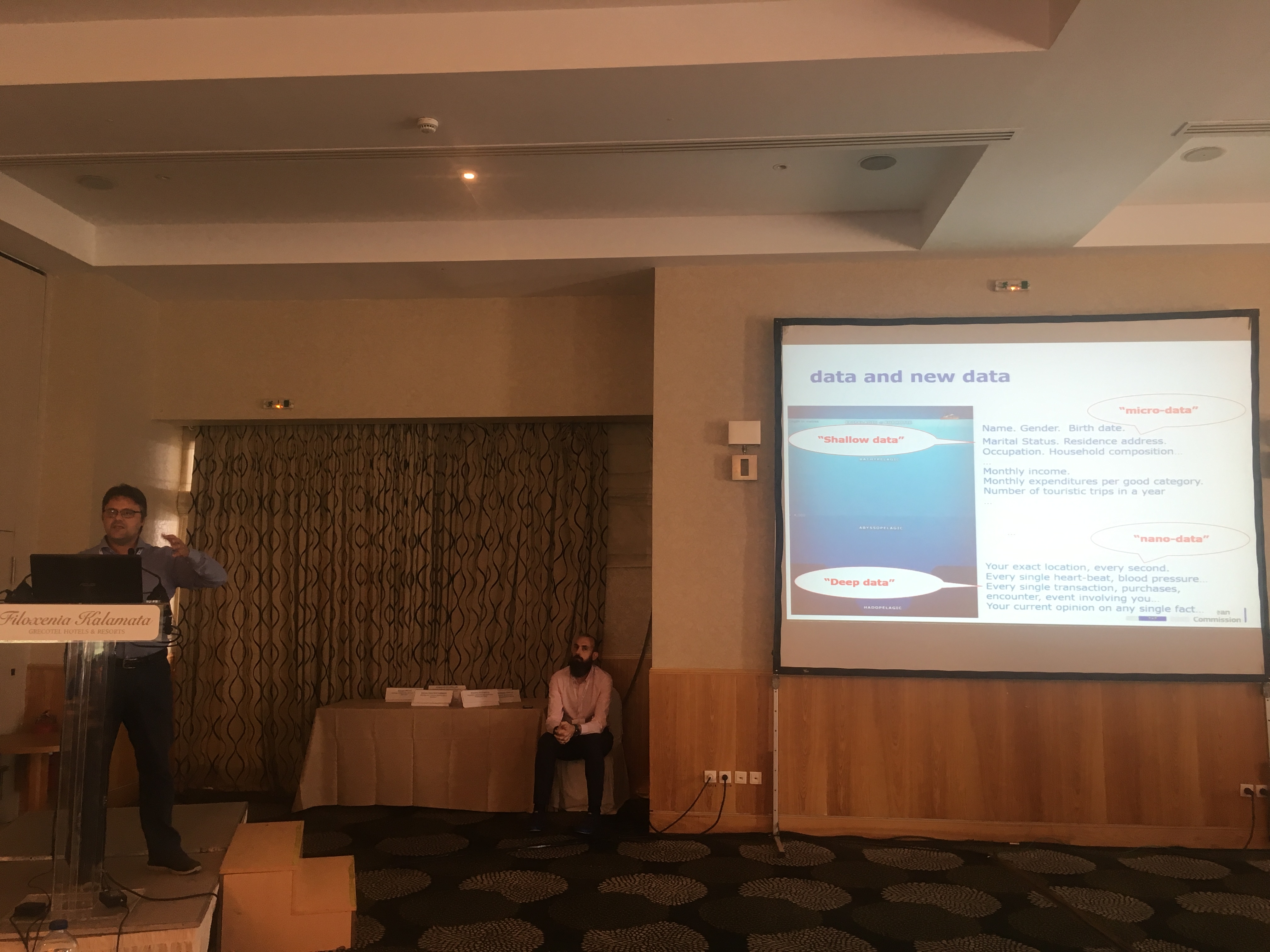
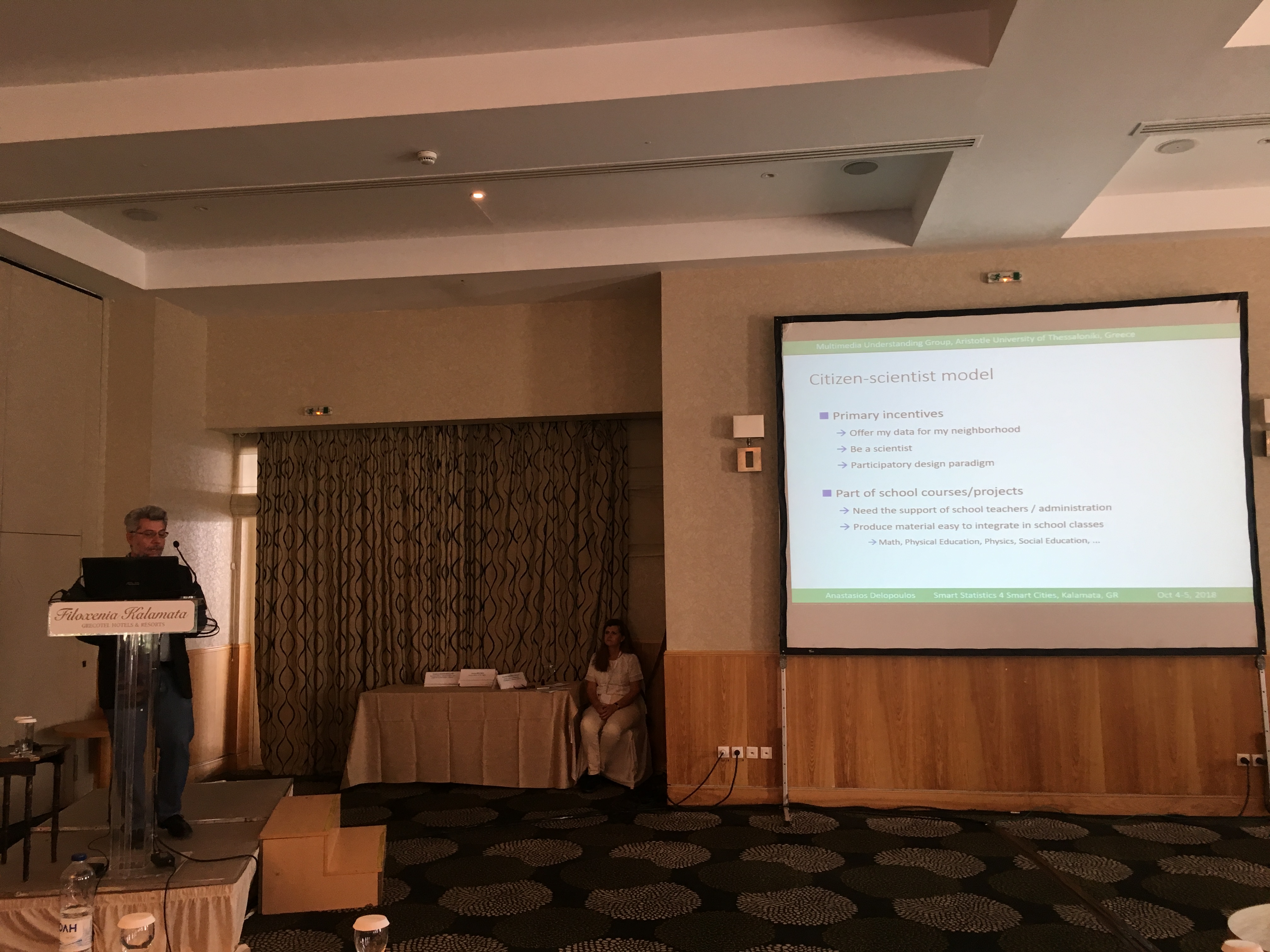
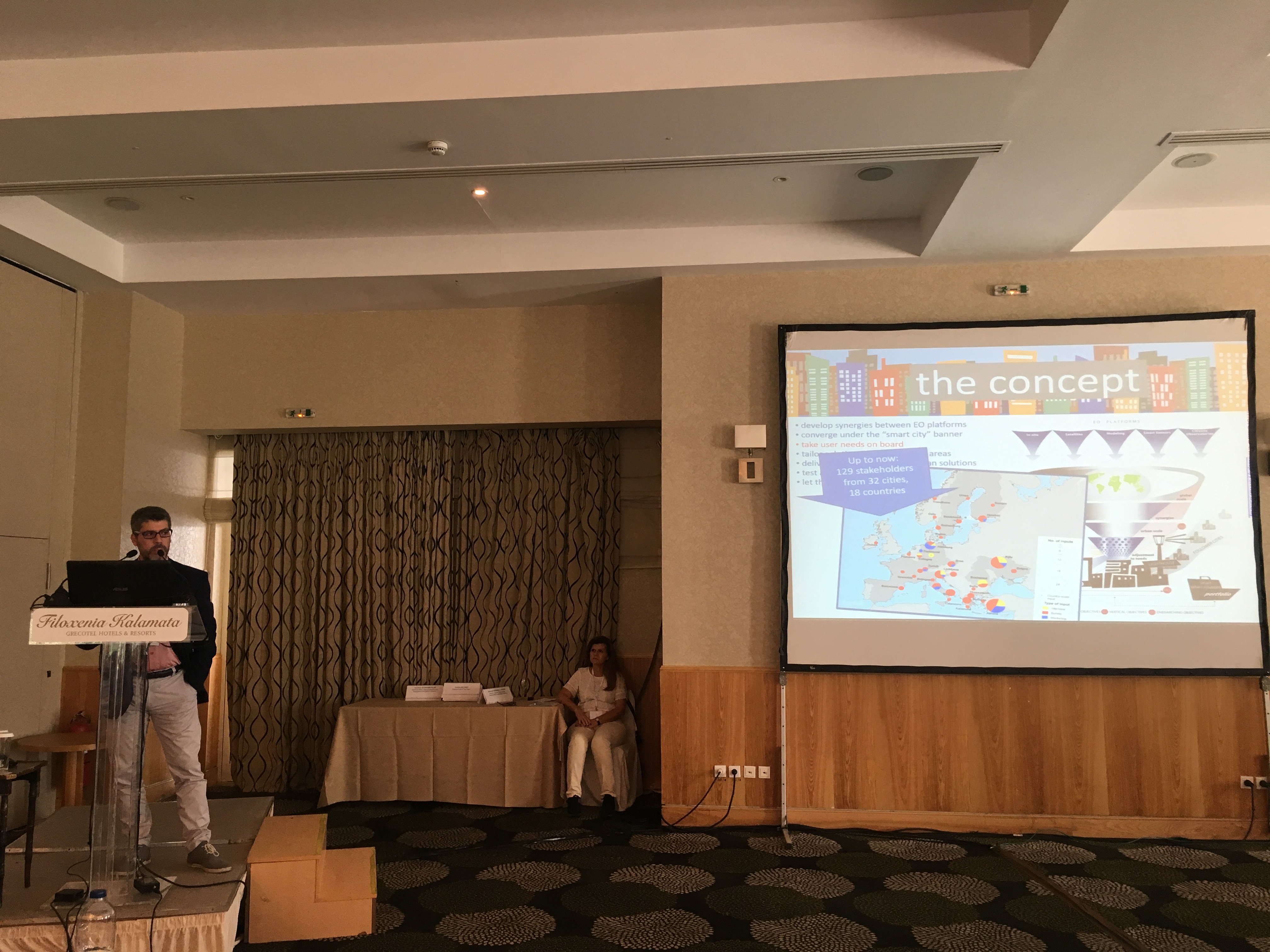
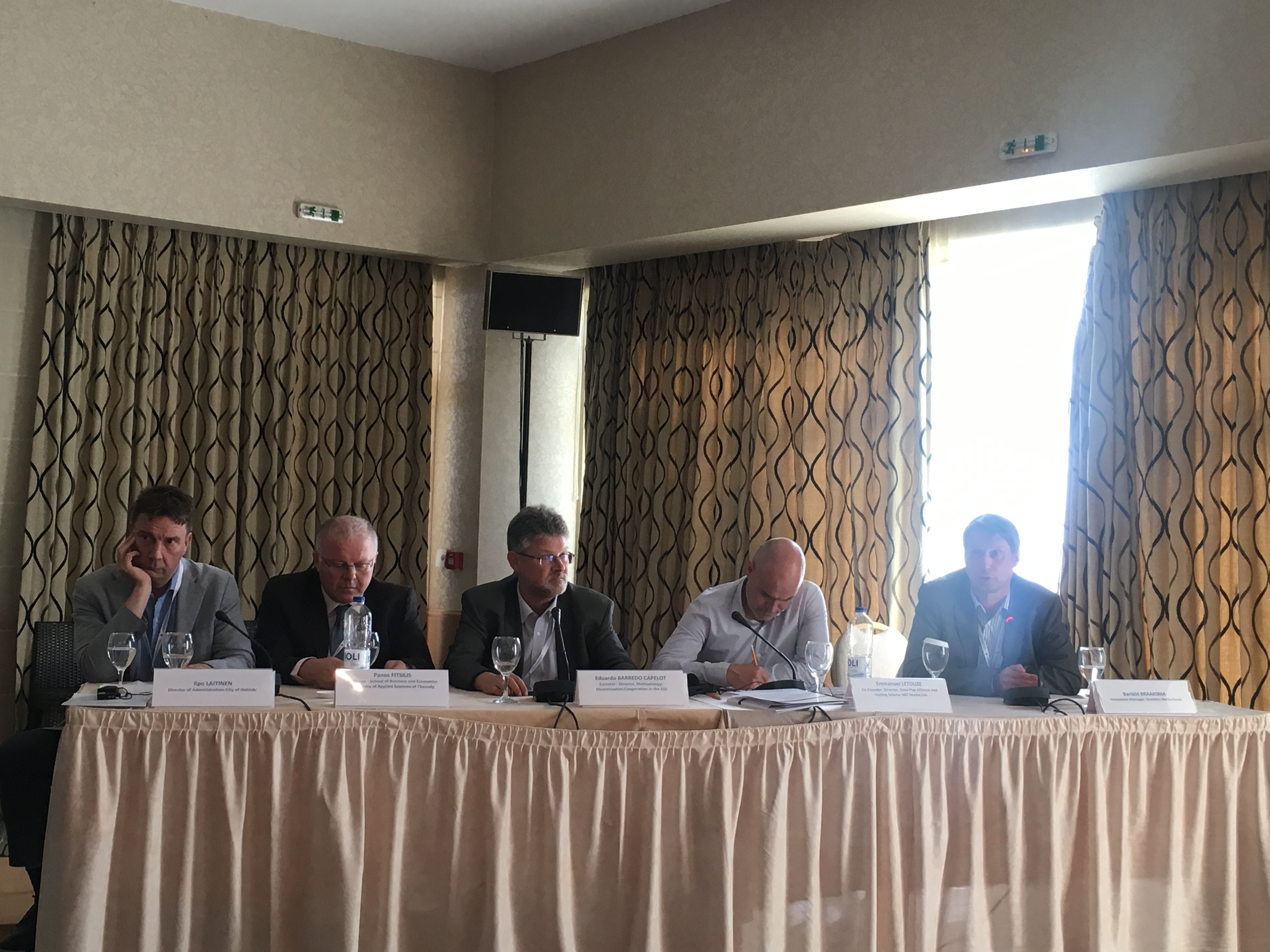
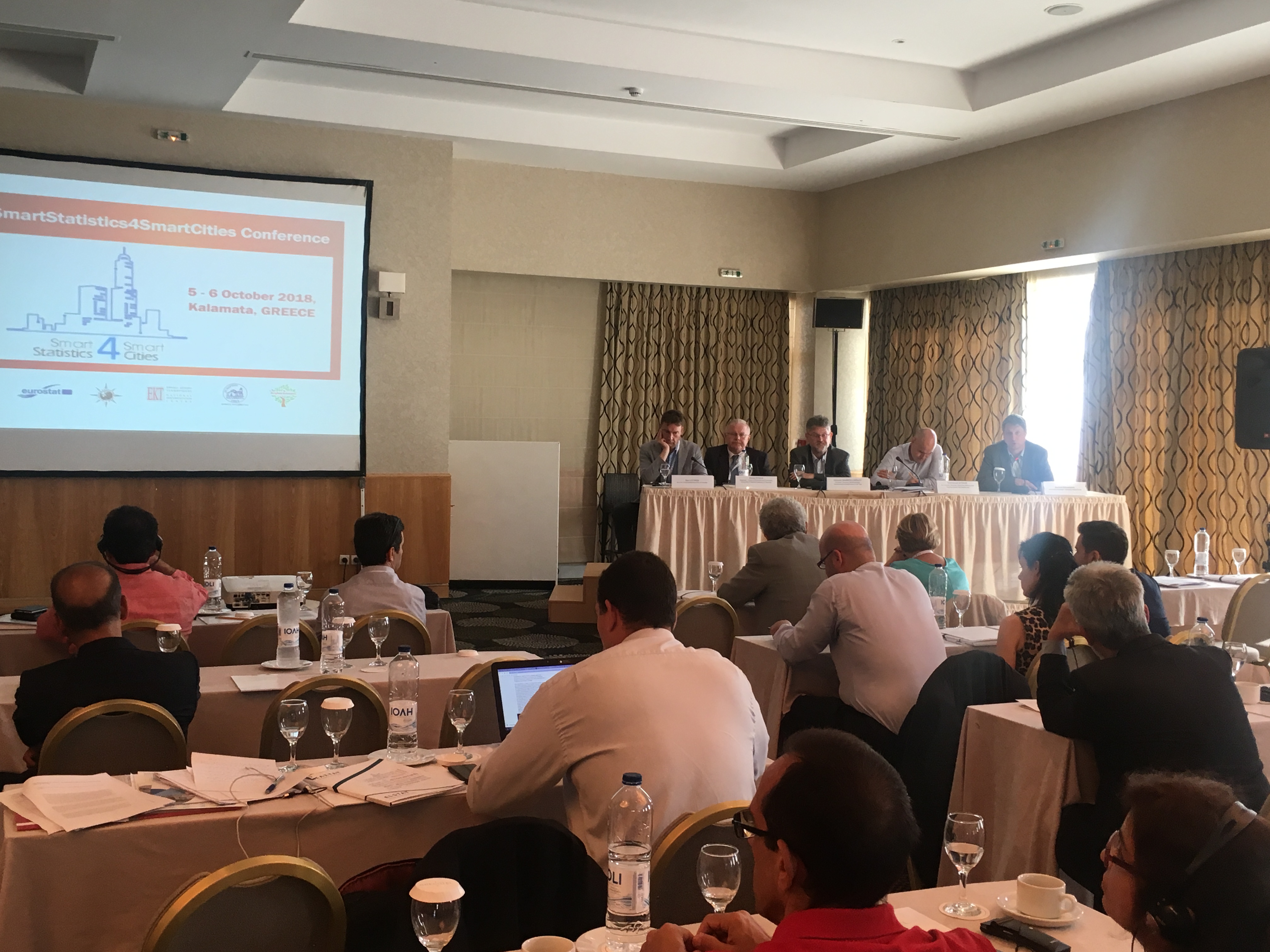
More info of the area
Peloponnese
Today, Kalamata makes important exports of local products such as raisins, olives and olive oil. There are numerous historical and cultural sights to see in Kalamata, such as the Ville-hardouin castle, the Ipapandis (Purification of the Virgin) Byzantine church, the Church of Saint Apostoloi, the Kalograion Monastery with its famous silk-weaving workshop where the beautiful Kalamata scarves are made, and the municipal railway park. It is also worth seeing the art collections housed at the Municipal Gallery, the Benaki Archaeological Museum and the Folk Art Museum.
The plain is bounded on the north by Mt. Nomia (mod. Tetrasi, 1,800 m, 5210 ft.) and other mountains, on the west by the mountains of Cyparissia (1,550 m, 4000 ft.) the southern continuation of which forms the peninsula of the Morea, attaining its greatest height in Mt. Mathia (mod. Lykódimo about 950 m, 3160 ft.), its current tallest point is Taygetos located to the east. Off the south coast of this peninsula lie the three Oenussae islands and the islet of Theganussa (Venetikó).
About less than half of the population live within GR-7, in places from Allagi to south of Kalamata, along with the plain as the Kalamata-Messene metropolitan area, Peloponnese's third largest metropolitan city. Kalamata has an airport 5 km west of Kalamata. A harbor and port named from this city is not far from the downtown, originally connected with train tracks. It is one of the largest waterfronts in the peninsula.
Among the many astonishing exhibits of the new Museum, are the statue of Hermes sculptured by Praxiteles and the “Nike” of Paionios, as well as many beautiful bronze ornaments and items from the temples. A walkway leads from the Museum to the archaeological site.
Ancient Messene was protected at its Northeast from mountain Ithomi, like a natural wall. The rest of the city was surrounded by strong walls about 9,5 km length, which can be admired up to date.
Descending from Mavromati village, we reach the Museum. Passing through the vineyards and the olive fields, we see on the right the theatre of ancient Messene with its spectacular walls, and on the left, the Arsinoi Fountain. Moving on to a narrow path, we see on our left the Market, and after that, the sacred area of Asklipieion.
The buildings of the city of Ancient Messene have the same orientation and follow up the grid which is formed by parallel (orientation EW) and perpendicular (orientation NS) roads. This system of city planning is the so called Hippodameian system named after its original inventor, Hippodamus from Miletus, an architect, geometrician and astronomer of the 5th c. B.C. This plan was pre-determined, strictly geometric in nature, and based on the virtues of the democratic constitution, that is, the principles of isonomy (equality before the law), of isopolity (equal civic rights) and of isomoiria (equal share in landownership); still, it could afford to adapt to the peculiarities of the landscape and the particular climatic conditions of each site so that it conformed smoothly with the natural environment.
It is according to these very principles that Ancient Messene, the new capital of the free and independent Messenia, was built in 369 B.C. by Epameinondas from Thebes. Messene was worshipped as a goddess. She was one of the principal deities of the city together with Zeus Ithomatas and, in the Hellenistic times (3rd-2nd c. B.C.) when the Asklepieion was built, she was worshipped probably together with Asklepios who was also a chthonic deity of fertility, of life and death historically linked to the pre-dorian past of the land of Messene.

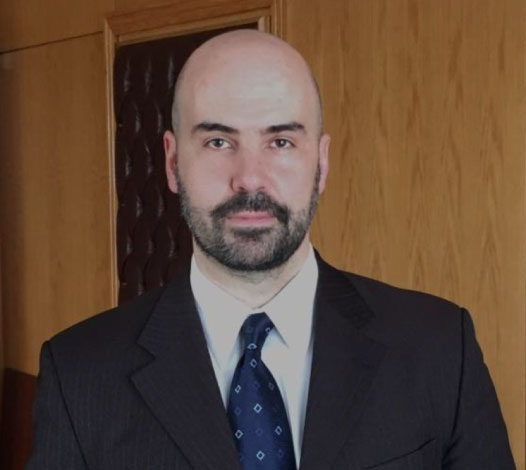
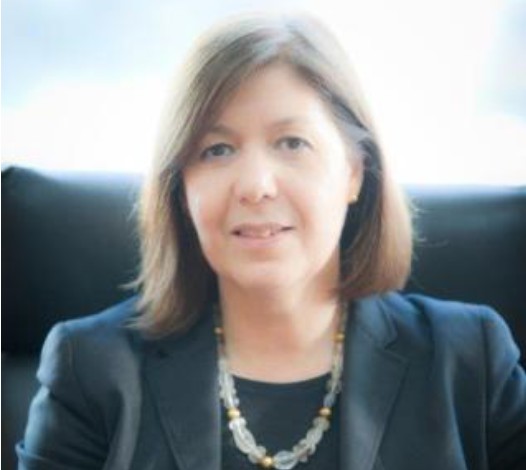
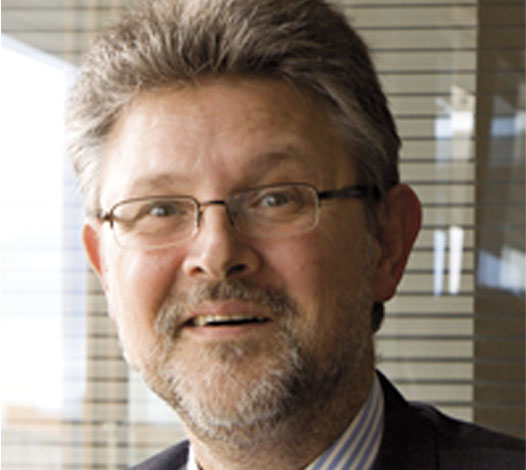
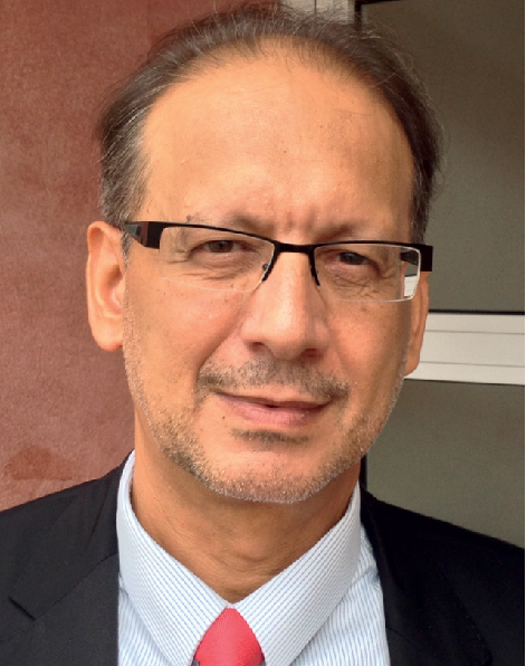
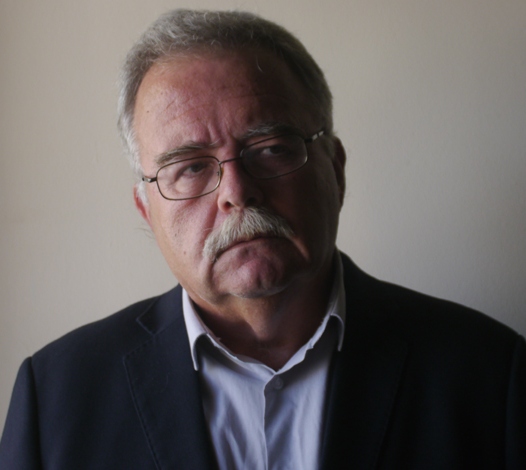
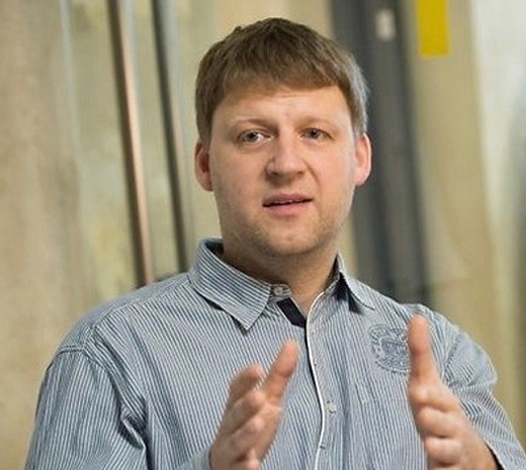

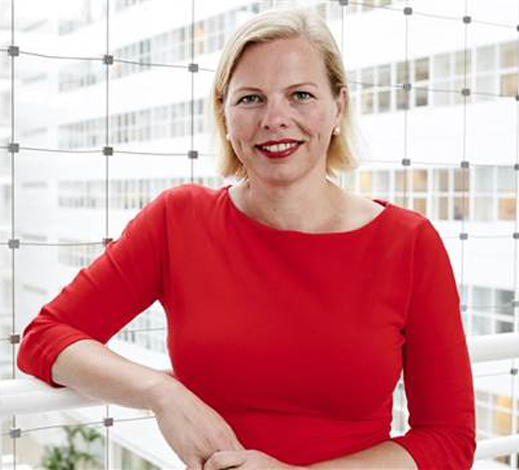
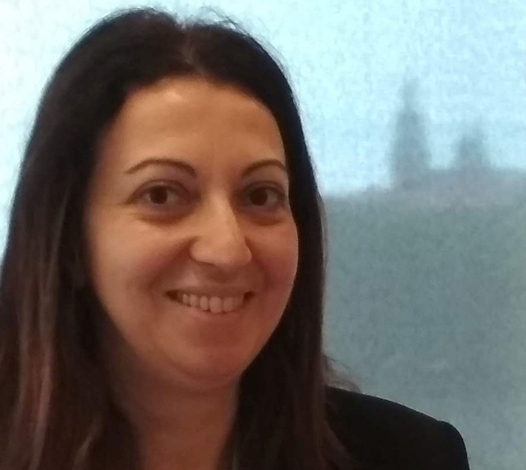


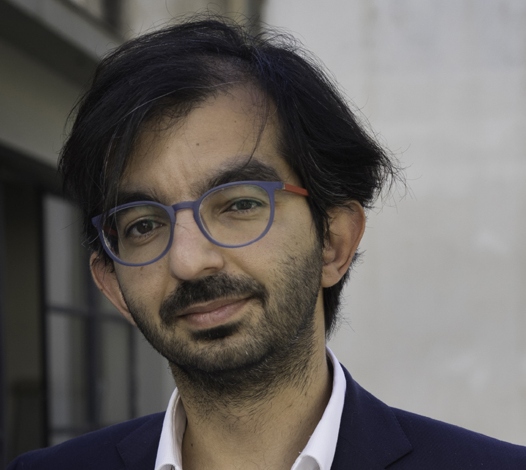
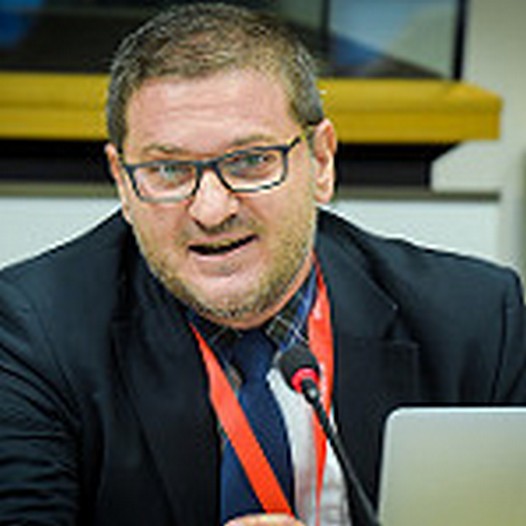
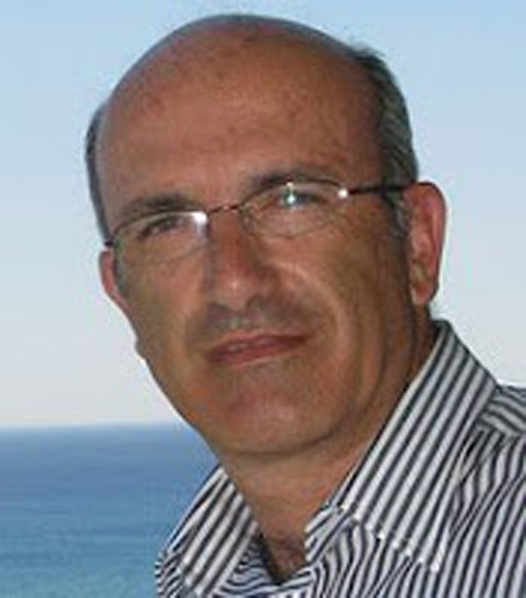
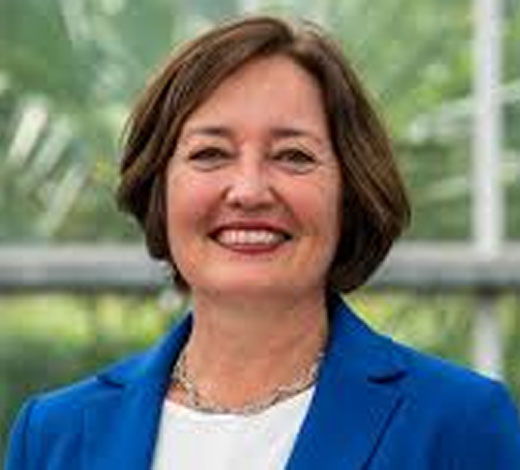
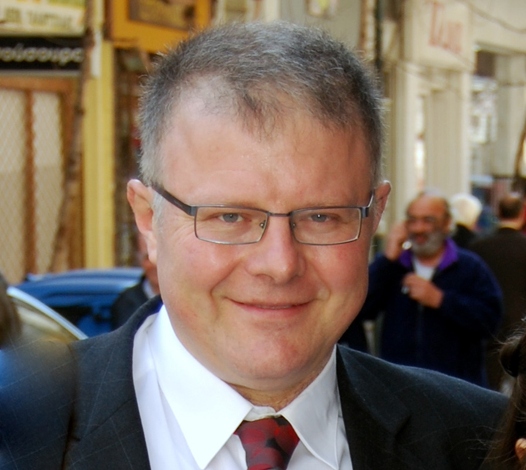
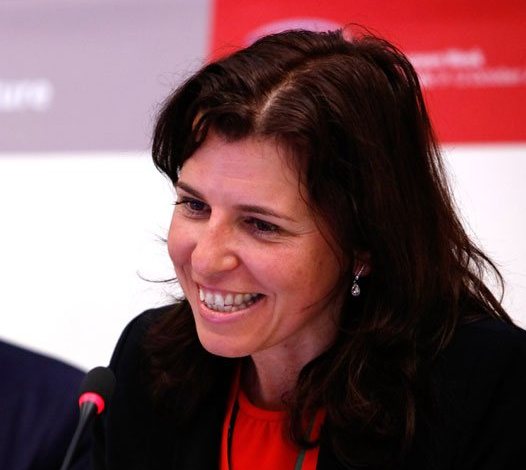
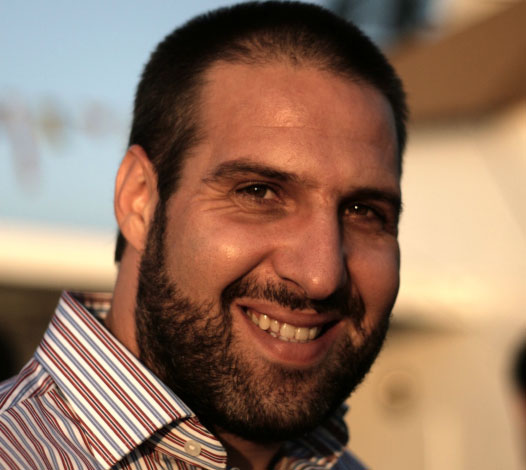
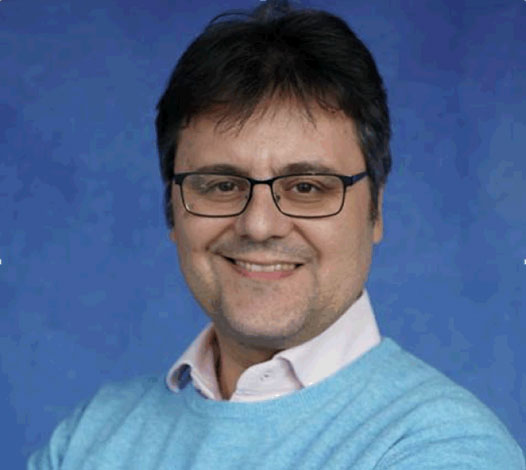
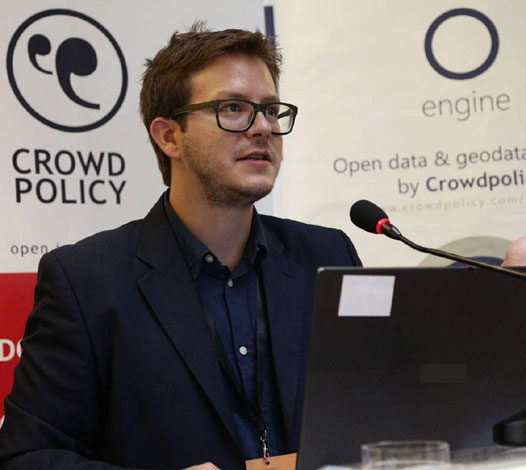
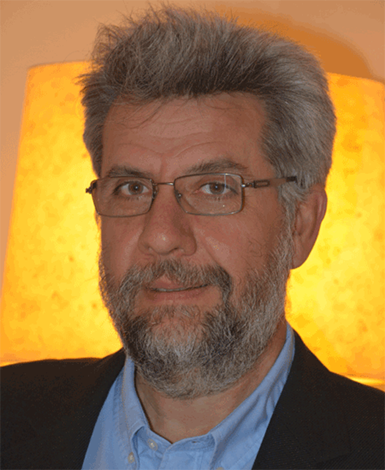
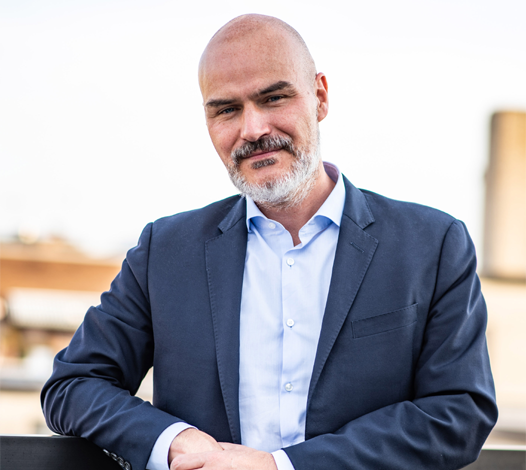
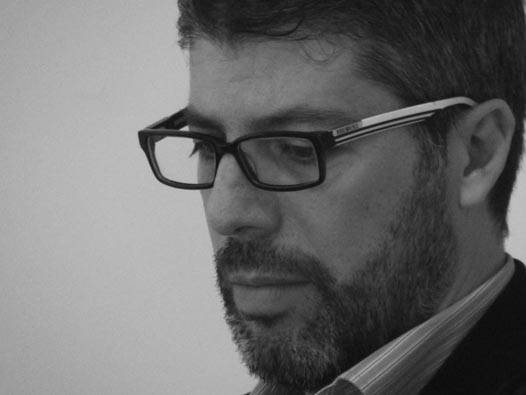


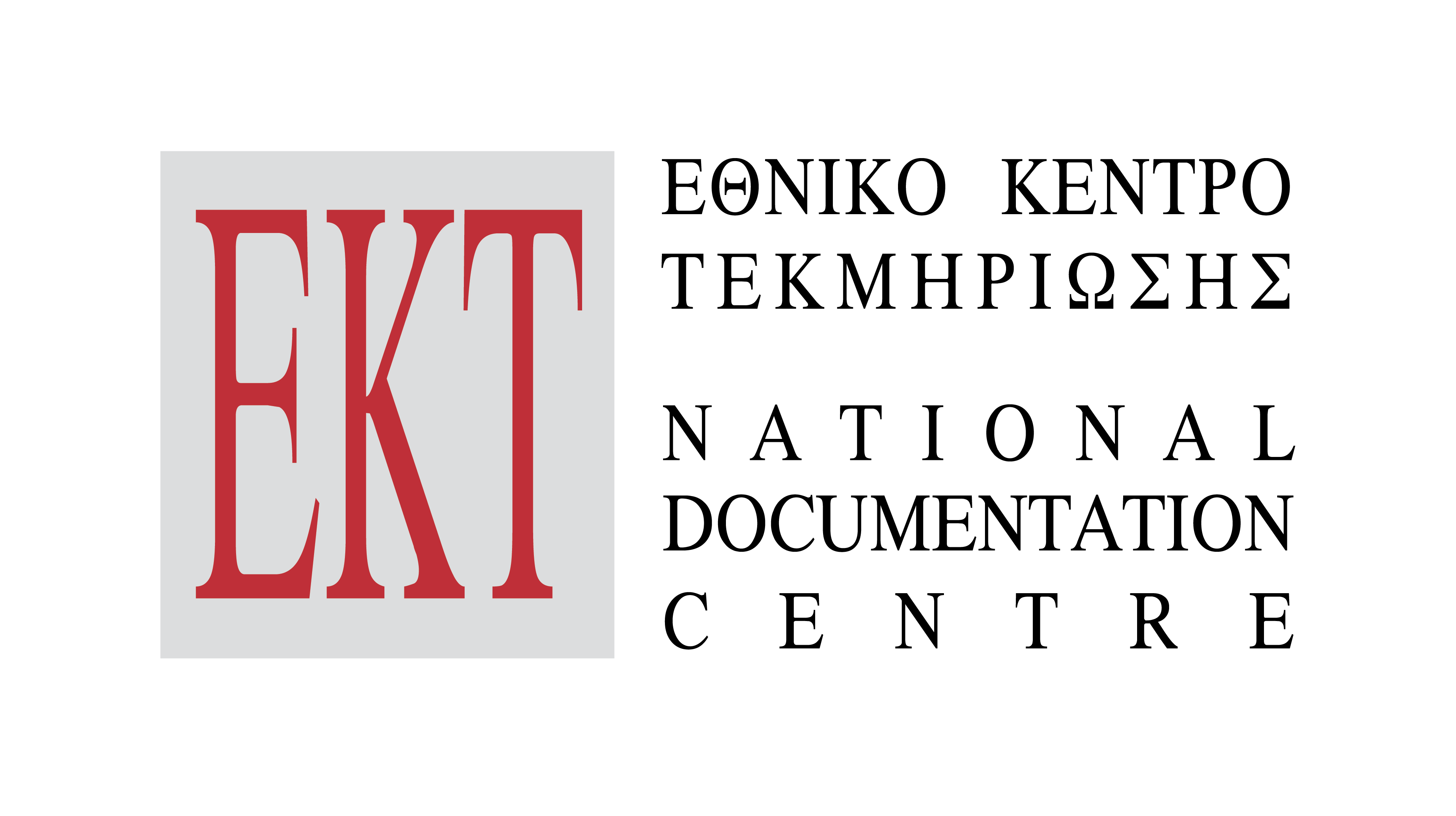
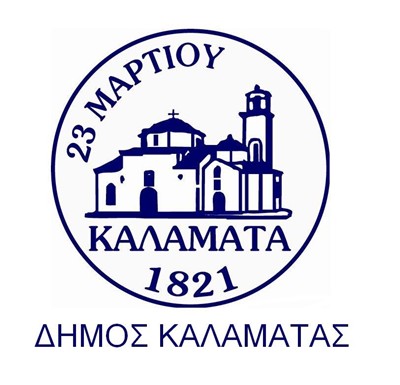

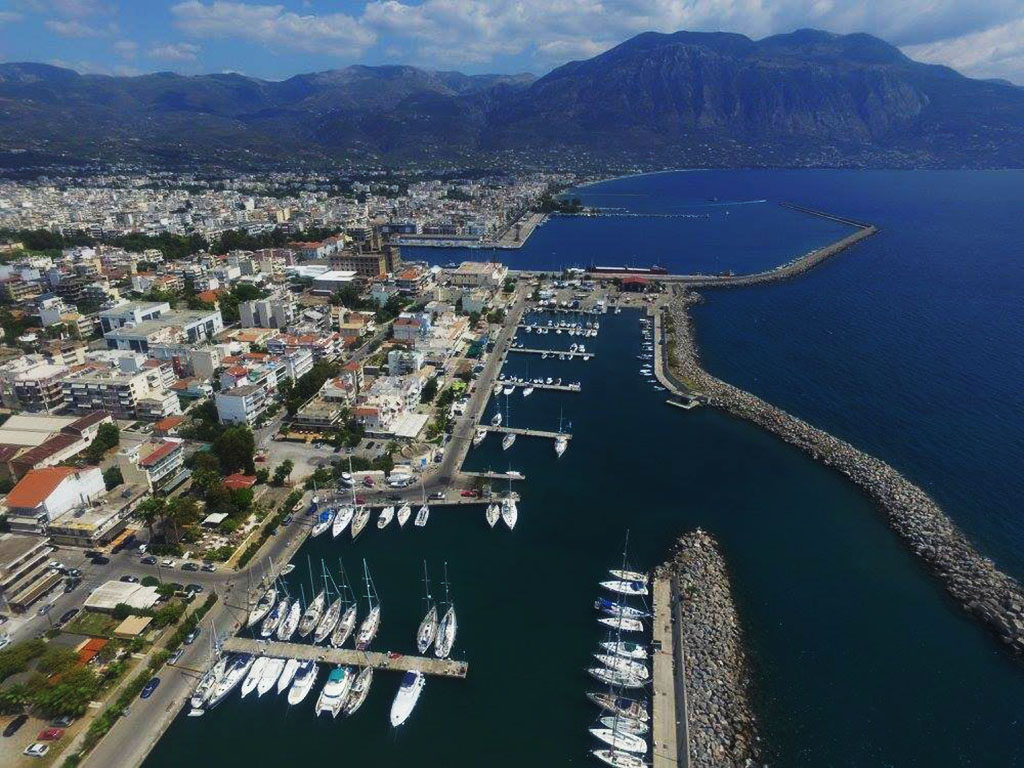 Kalamata
Kalamata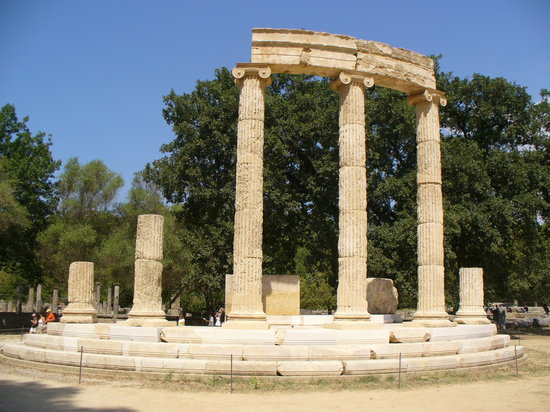 Ancient Olympia
Ancient Olympia Neda
Neda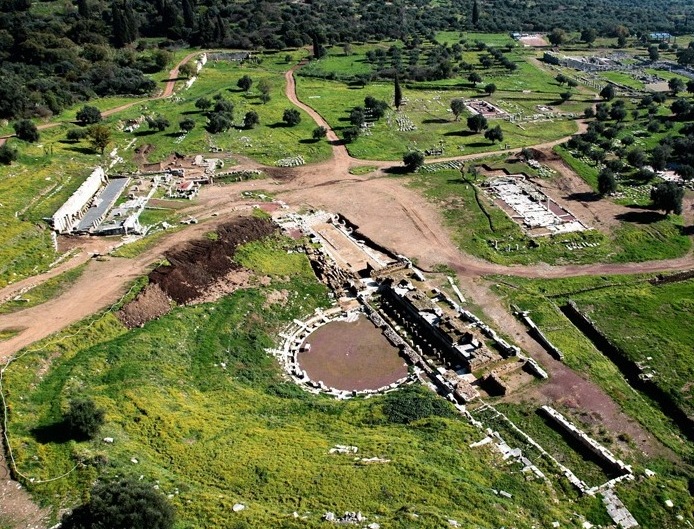 Ancient Messene
Ancient Messene